Dental surgery can help you overcome an oral ailment. Perhaps you need the removal of wisdom teeth, the extraction of a tooth or some other procedure determined between you and your dentist. After the surgery, you want a brief, successful recovery period — not a dental infection.
While the chances of this happening are slim, you could suffer from a post-surgery dental infection. What causes infection after tooth extraction or other types of dental surgeries? How do you prevent infection after tooth extraction? Both the dentist and the patient have a role to play in preventing patient dental infection after surgery.
How Dentists Prevent Infection After Tooth Extraction and Other Procedures
The Centers for Disease Control and Prevention (CDC) offers a guideline for preventing and controlling infections in dental offices. Dentists use this guideline as the foundation for their procedures and processes when conducting oral surgery to ensure patients have an infection-free recovery. Here are some of the standard precautions outlined by the CDC’s guidelines:
- Hand hygiene: Dentists keep their hands clean before, during and after surgery by washing with soap and water and using alcohol-based hand rubs for further sanitization. Hand hygiene should also occur after touching contaminated substances and after wearing gloves.
- Use of personal protective equipment (PPE): Dentists and their staff must wear PPE when conducting surgery and have the proper education on how to use it. To decrease the chance of contamination, dentists must remove their PPE before leaving the surgery area.
- Sharps safety: Dental surgery personnel must understand the risk of injury when dealing with exposed sharp dental instruments. Dentists must store their sharps in puncture-proof containers as close to the surgery area as possible for easy access.
- Respiratory hygiene: Dentists must uphold procedures and policies that help contain respiratory secretions in patients and anyone with symptoms of a respiratory infection. Dentists must be able to identify these signs and take measures to stop the spread of respiratory illnesses in their dental practice.
- Safe injection practices: Dentists must administer injections in the safest way possible. This prevents the spread of diseases between patients and between patients and dental staff.
- Clean and disinfected environmental surfaces: All dentists must uphold procedures and policies that involve routine disinfection and cleaning of surfaces in the surgery room and throughout the dental office. Operating personnel must follow all manufacturer instructions for safe use.
- Sterile instruments and devices: Every instrument and device that a dentist uses during surgery must be sterile. This involves the meticulous process of sterilizing and disinfecting all dental equipment. Dentists should use biological and chemical monitors to ensure successful sterilization.
How Patients Can Eliminate Infection After Dental Surgery
Patients must also learn how to prevent infection after dental surgery. There are many actions patients can take to contribute to proper recovery, including the following:
- Manage any bleeding with gauze: Some types of surgeries will result in bleeding even after you leave the dentist’s office. Keep your head elevated and apply damp gauze to the wound, biting down on the gauze for an hour or so. Contact your dentist if the bleeding remains or worsens.
- Take antibiotics as prescribed: Follow your doctor’s instructions if they prescribed you antibiotics or pain medication before or after your dental surgery. Follow the medication’s label for instruction on how and when to take it. Always be sure to finish your entire regiment of antibiotics as stopping early can cause them to work improperly.
- Rest: It’s important to let your body heal after surgery by resting. Spend at least the first day or two avoiding physical activity and sleeping. Use an ice pack if swelling occurs. Be ready to rest longer if necessary for your recovery.
- Be careful with your stitches: If you had oral surgery, the chances are high that you’ll have stitches afterward. Most times, oral surgery stitches dissolve or fall out on their own in a few days. Note that your dentist may use stitches that they have to remove, so take care not to damage your stitches before the follow-up visit to remove them.
- Avoid smoking or using tobacco: Tobacco use can affect the body’s natural healing processes after oral surgery. It can also cause irritation and discomfort. Avoid using tobacco products for at least a day after your surgery. Talk to your dentist for their specific recommendations if you smoke or use other forms of tobacco.
- Practice proper oral hygiene: Good oral hygiene habits are the key to preventing infections after having dental surgery. Follow your doctor’s exact instructions for keeping your mouth clean, as different surgeries have different requirements.

How Do You Know if You Have an Infection After Dental Surgery?
Some signs of an infection are less obvious than others. In fact, you could start getting an infection and experience little to no symptoms at first. Here are some of the warning signs that you could have an infection after dental surgery:
- Fever
- Lingering or increased pain several days after surgery
- Increased swelling several days after surgery
- Pus and abnormal oozing from the surgical wound
- Problems moving or opening your mouth or jaw
- Throbbing pain that persists even after taking pain medication
- Bleeding that is continuous for a day or more
Keep in mind that depending on the type of surgery, you could still experience an infection several weeks after the surgery. Be aware of what’s going on in your mouth and attend all follow-up visits with your dentist to give yourself the lowest chance of getting an infection.
What to Do if You Have an Infection
If you experience an infection, contact your dentist right away to get an emergency appointment. This way, your doctor can examine your mouth and determine the best solution to get rid of the infection. Don’t hesitate to contact your dentist even when you’re unsure of whether you have an infection — it’s better to be safe than sorry.
Contact ProDentUSA for High-Quality Dental Instruments
ProDentUSA dental instruments can help you improve your practice and help your patients experience the best results possible. With quality dental instruments, a skillful hand and an adherence to the CDC’s guidelines, you can reduce the chances of infection after oral surgery for your patients. Contact us today for more information on our dental instruments.

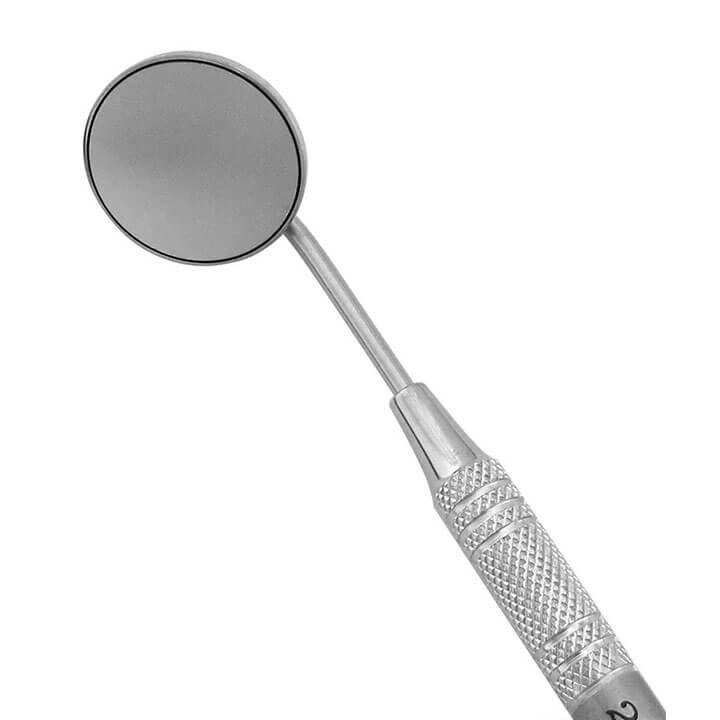
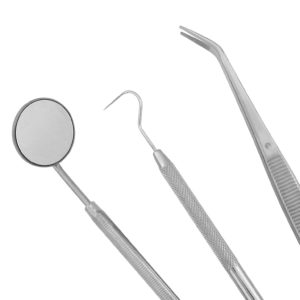
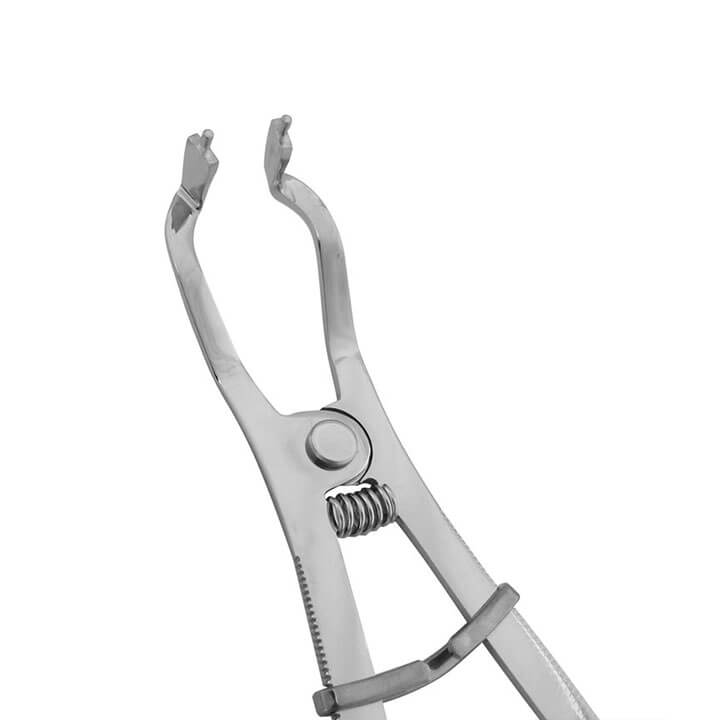
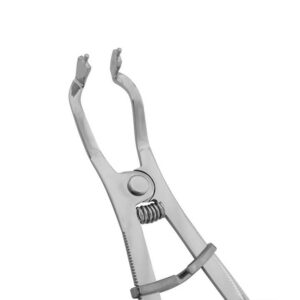
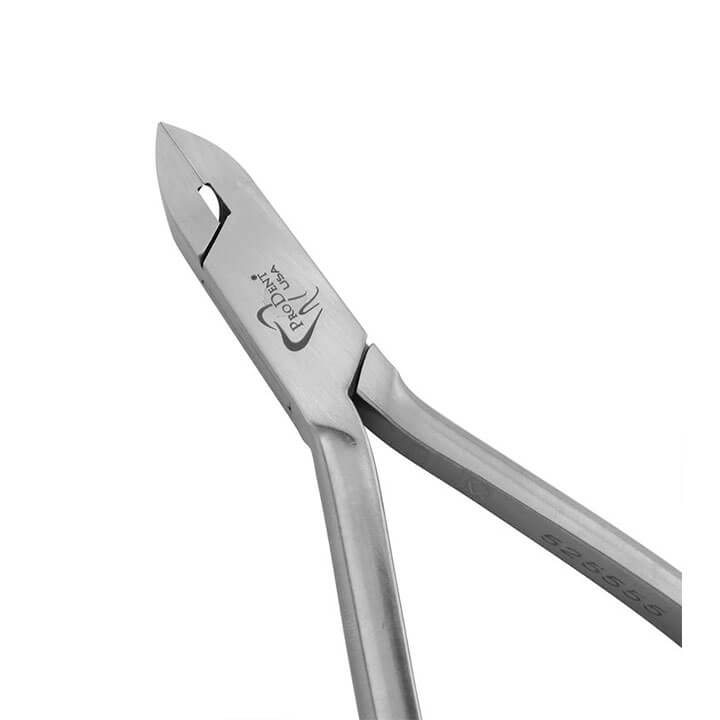
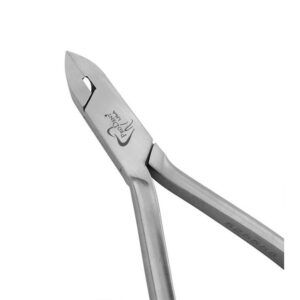
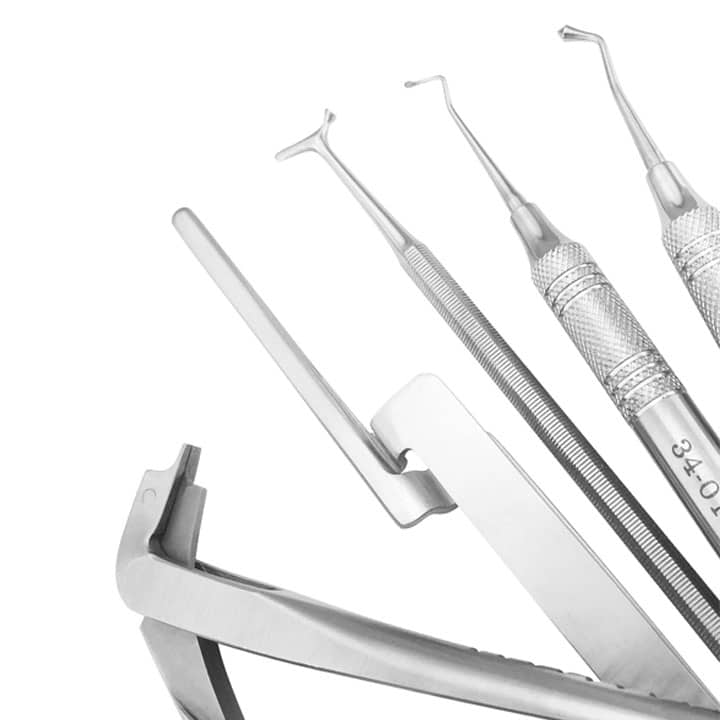
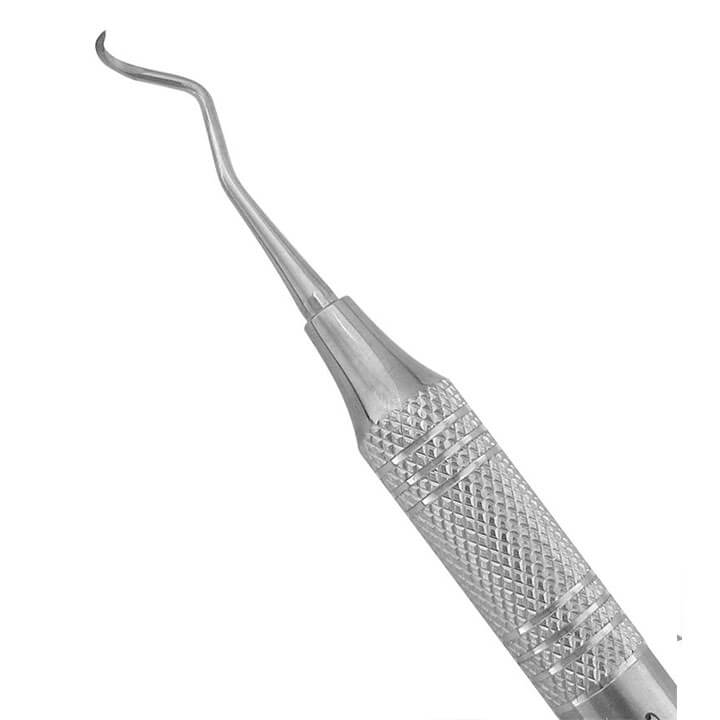
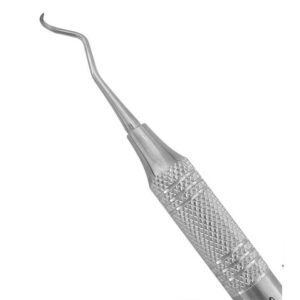
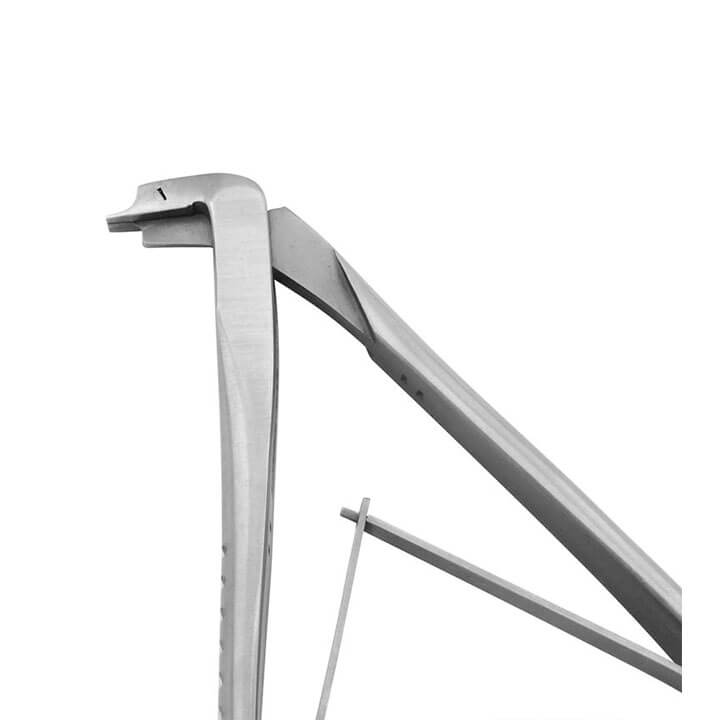
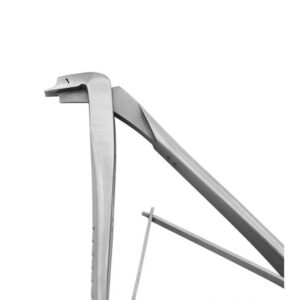
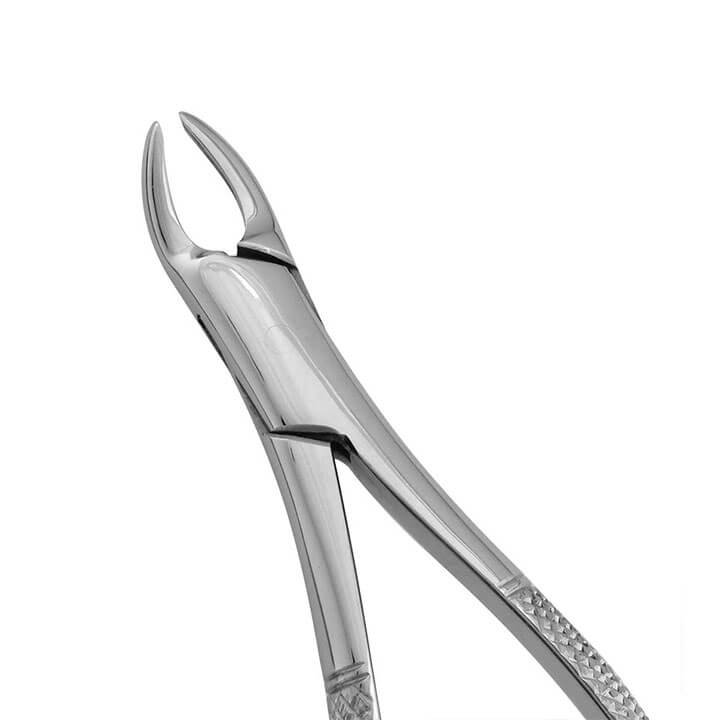
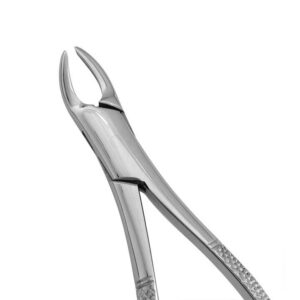


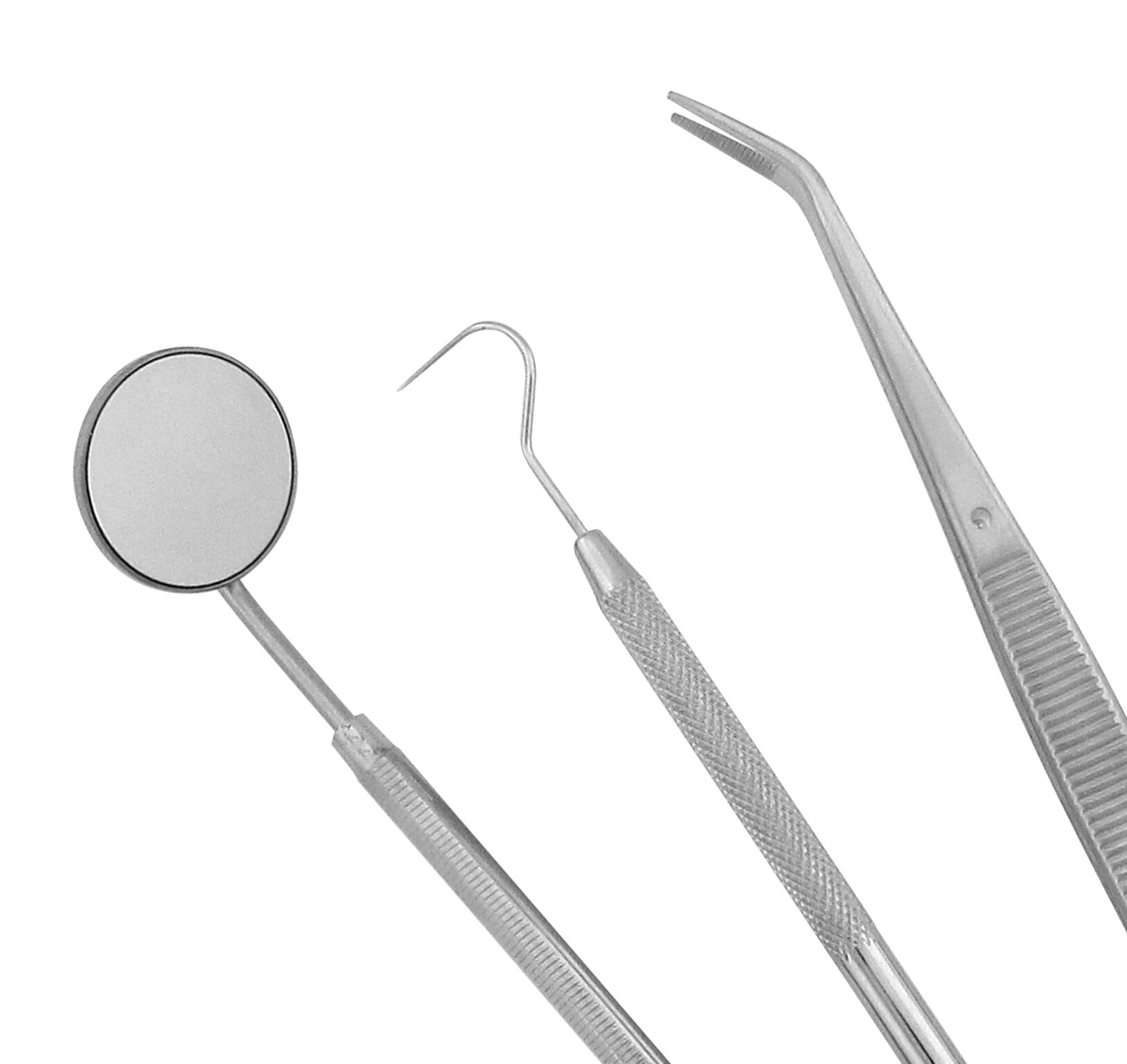 Diagnostic Sets & Accessories
Diagnostic Sets & Accessories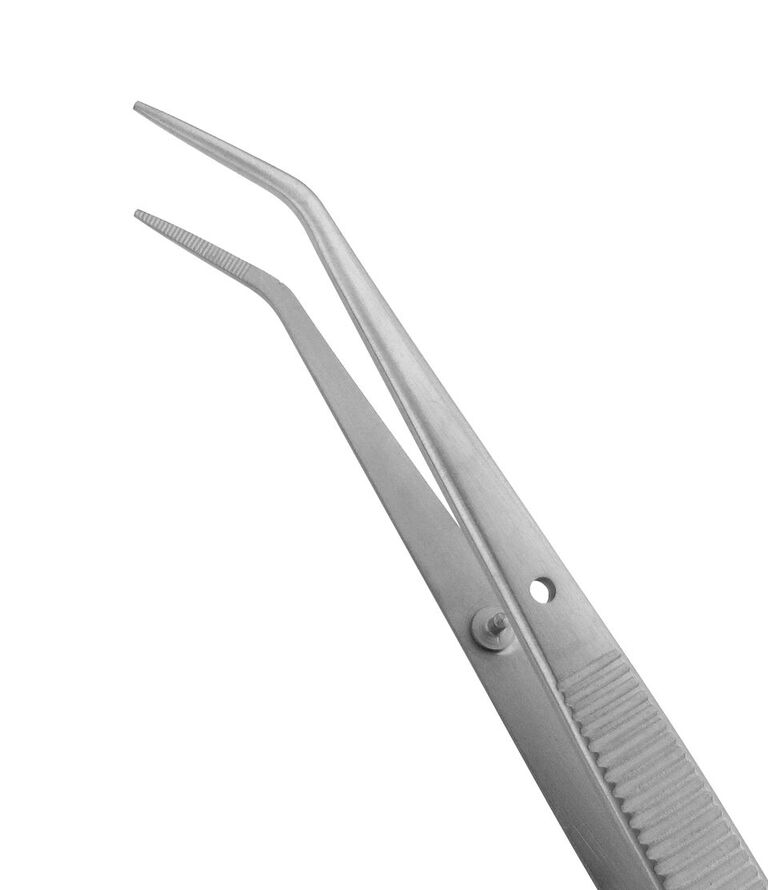 Dressing Pliers
Dressing Pliers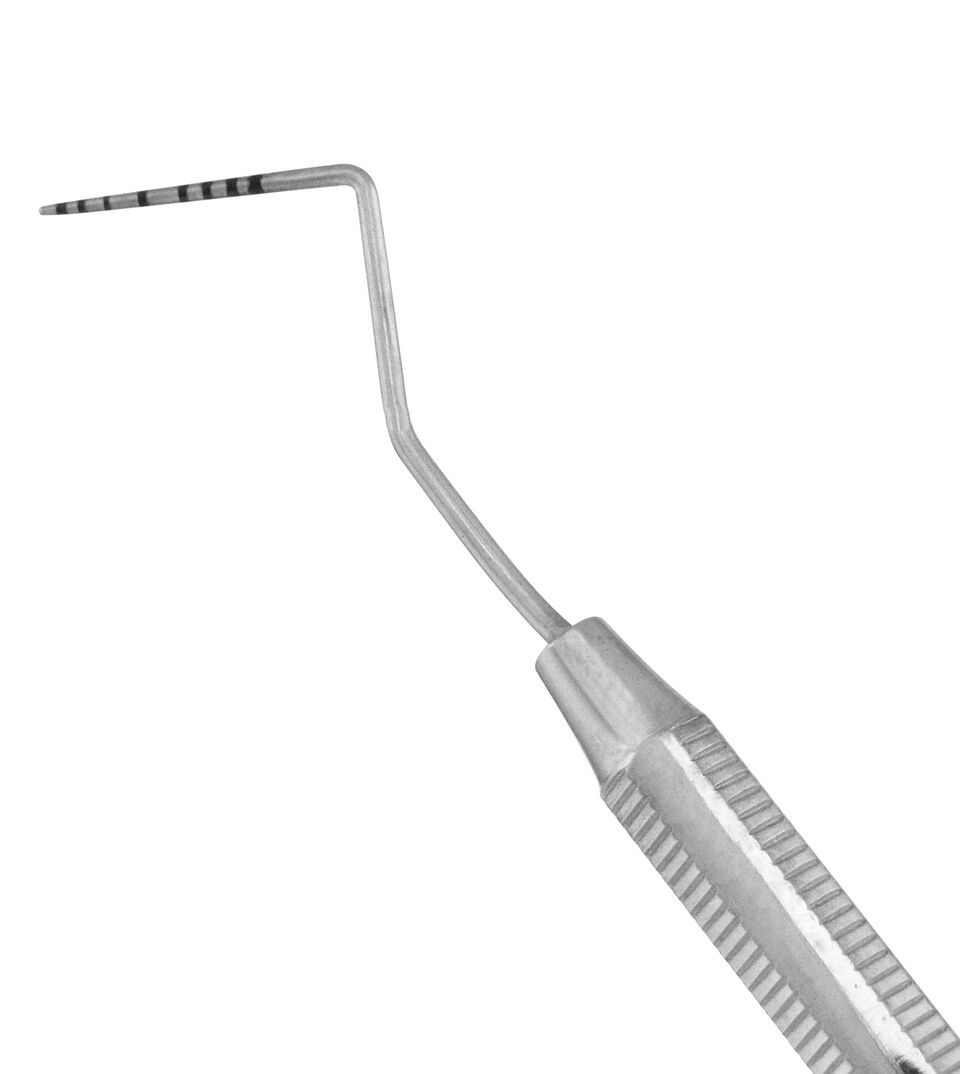 Explorer/Probes
Explorer/Probes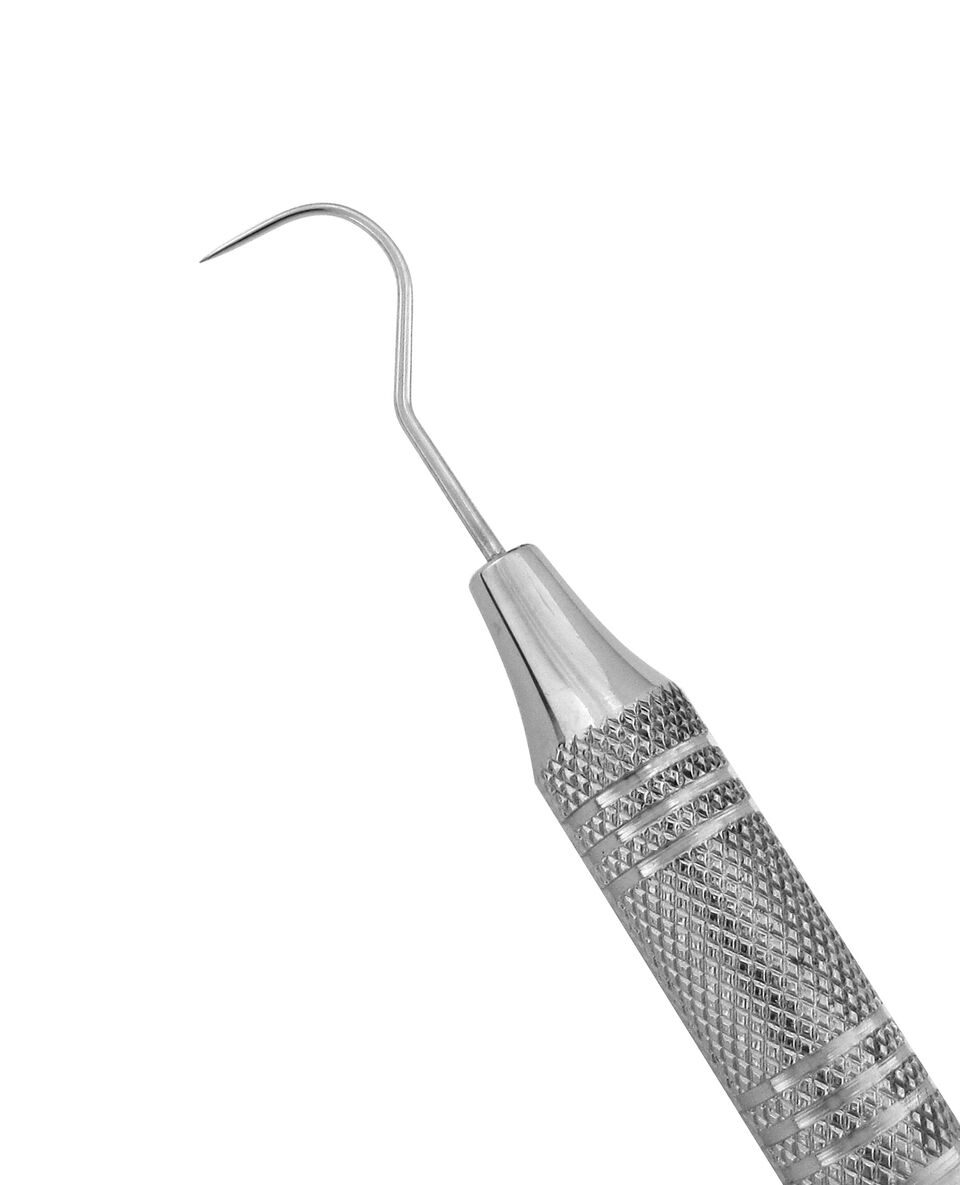 Explorers
Explorers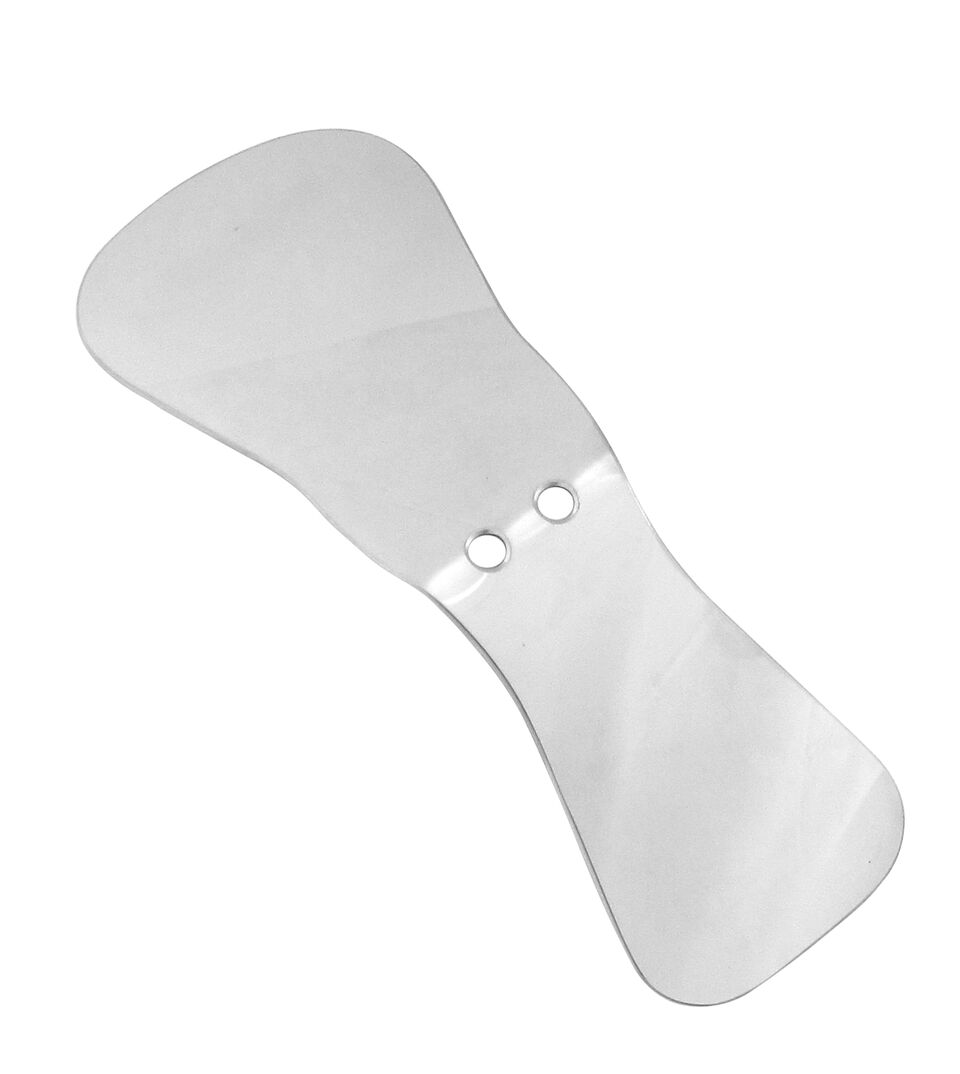 Intraoral Photography Mirrors
Intraoral Photography Mirrors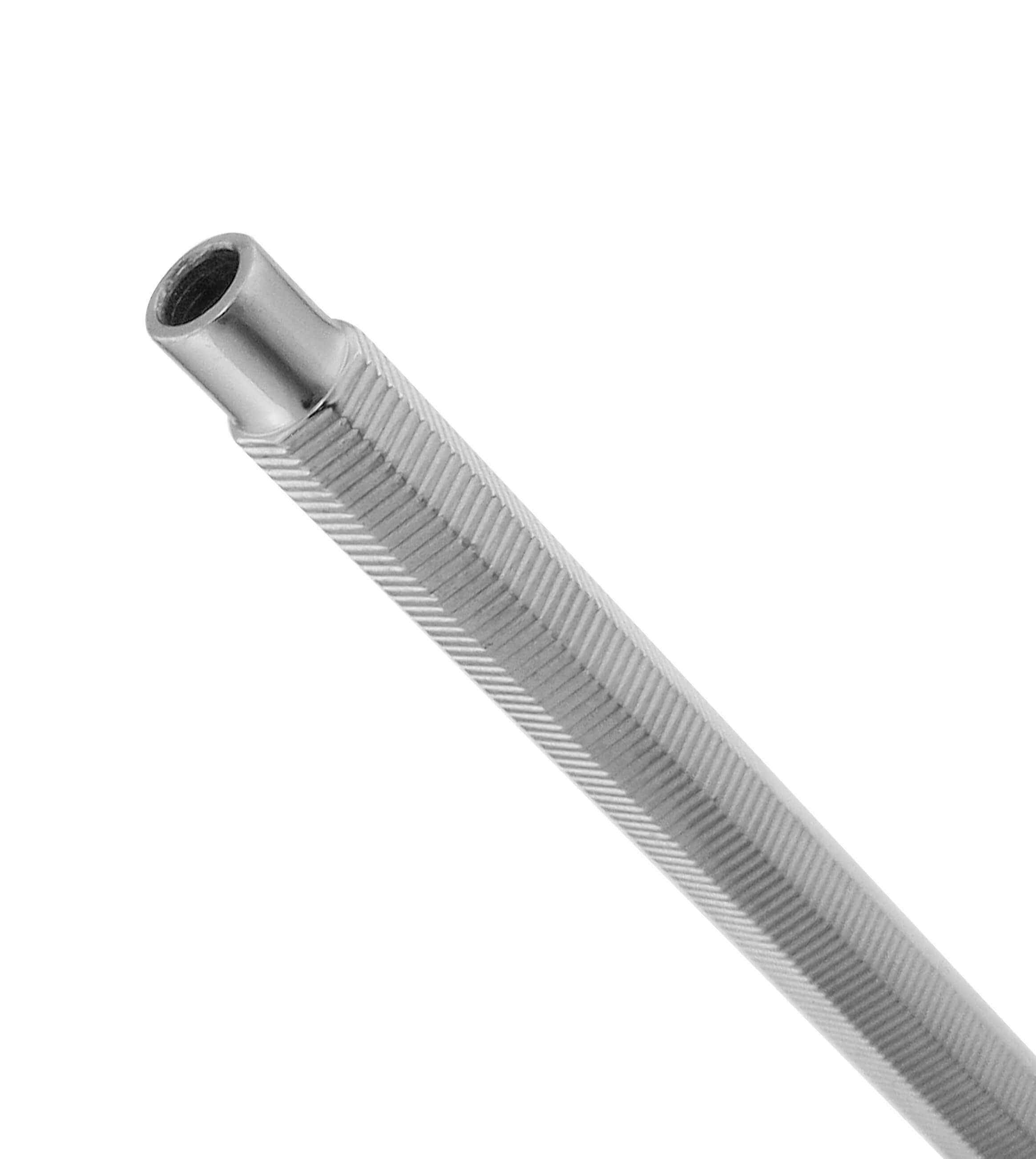 Mirror Handles
Mirror Handles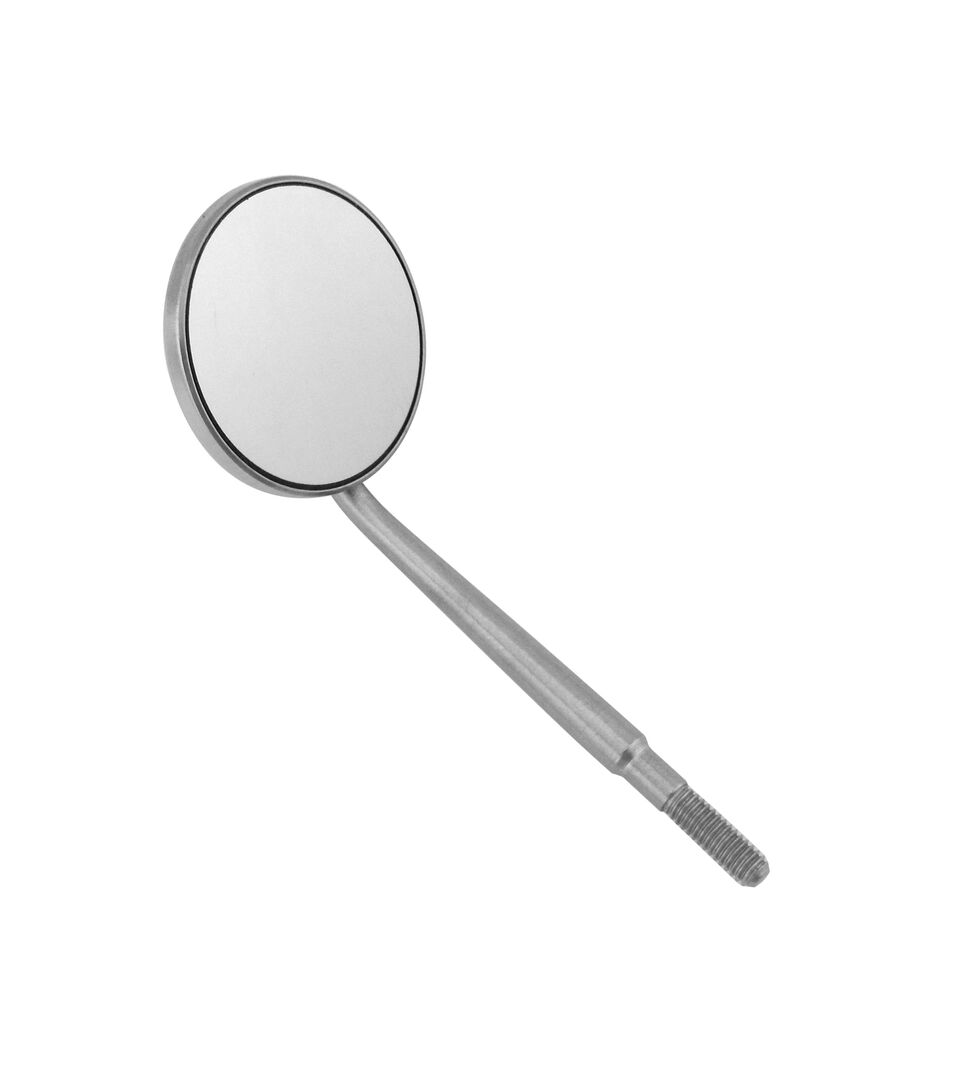 Mirrors
Mirrors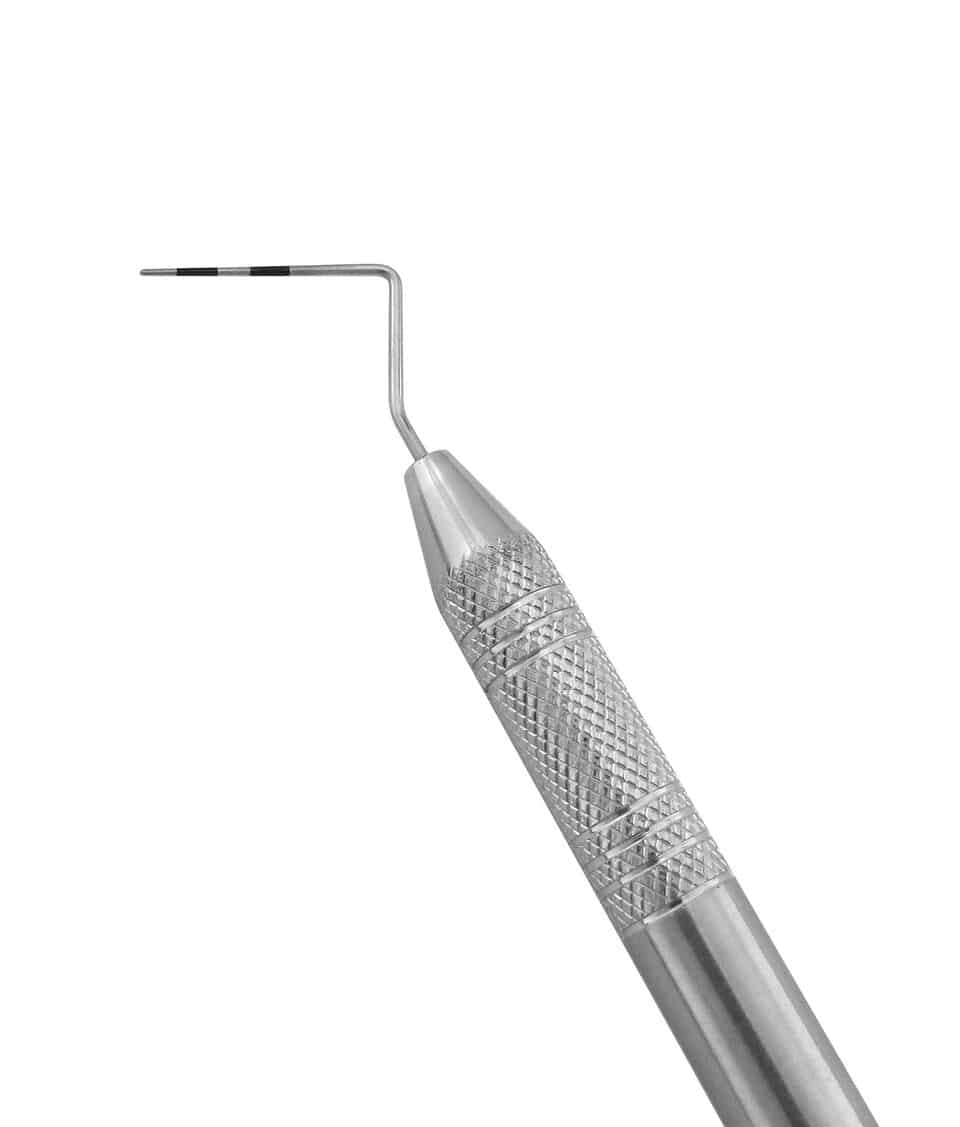 Probes
Probes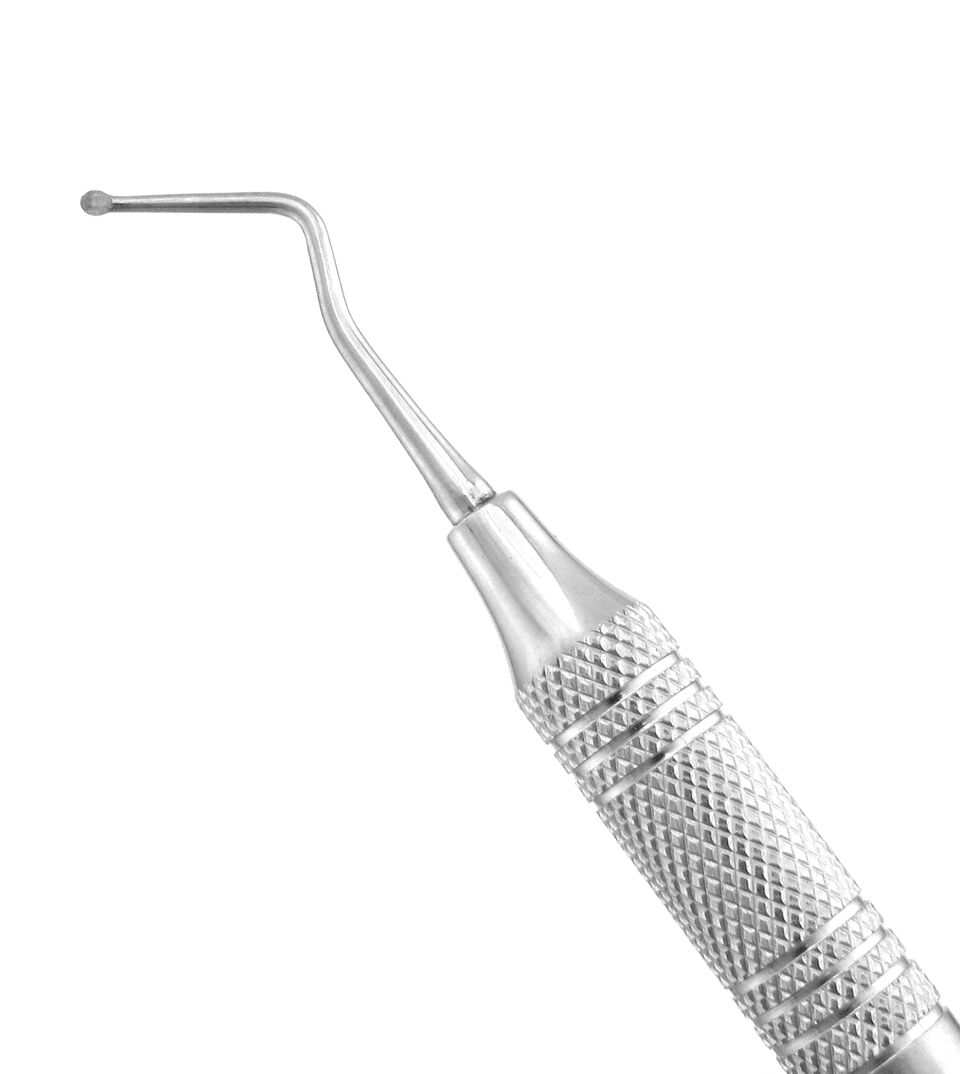 Endo Excavators
Endo Excavators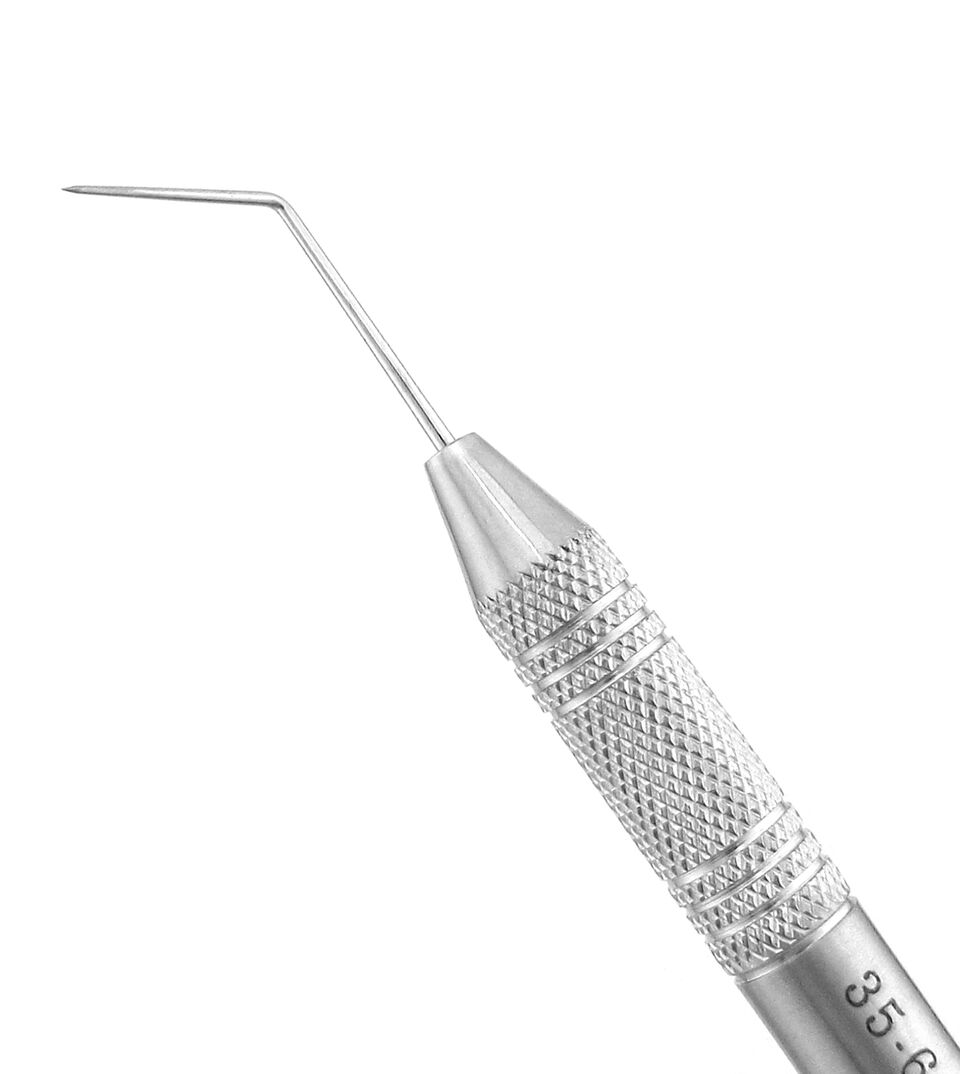 Endo Explorers
Endo Explorers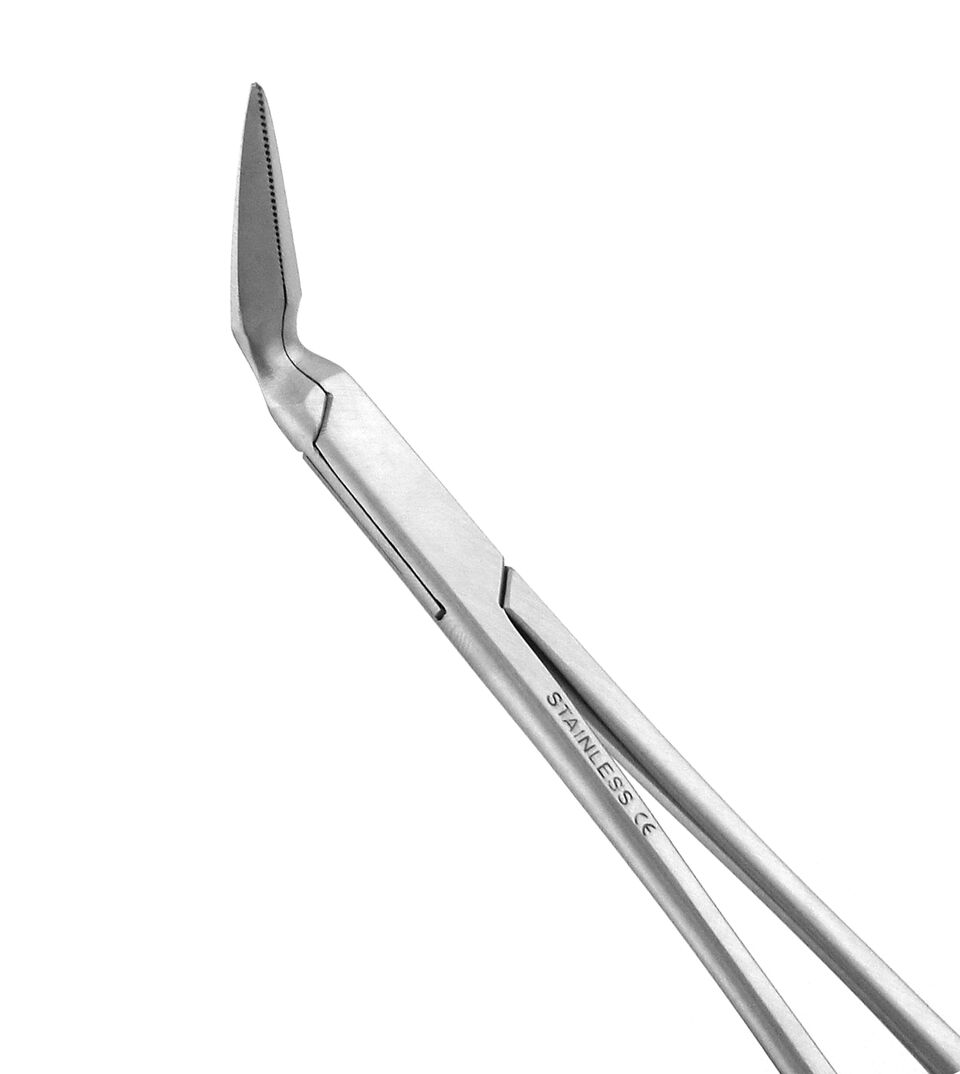 Endo Forceps
Endo Forceps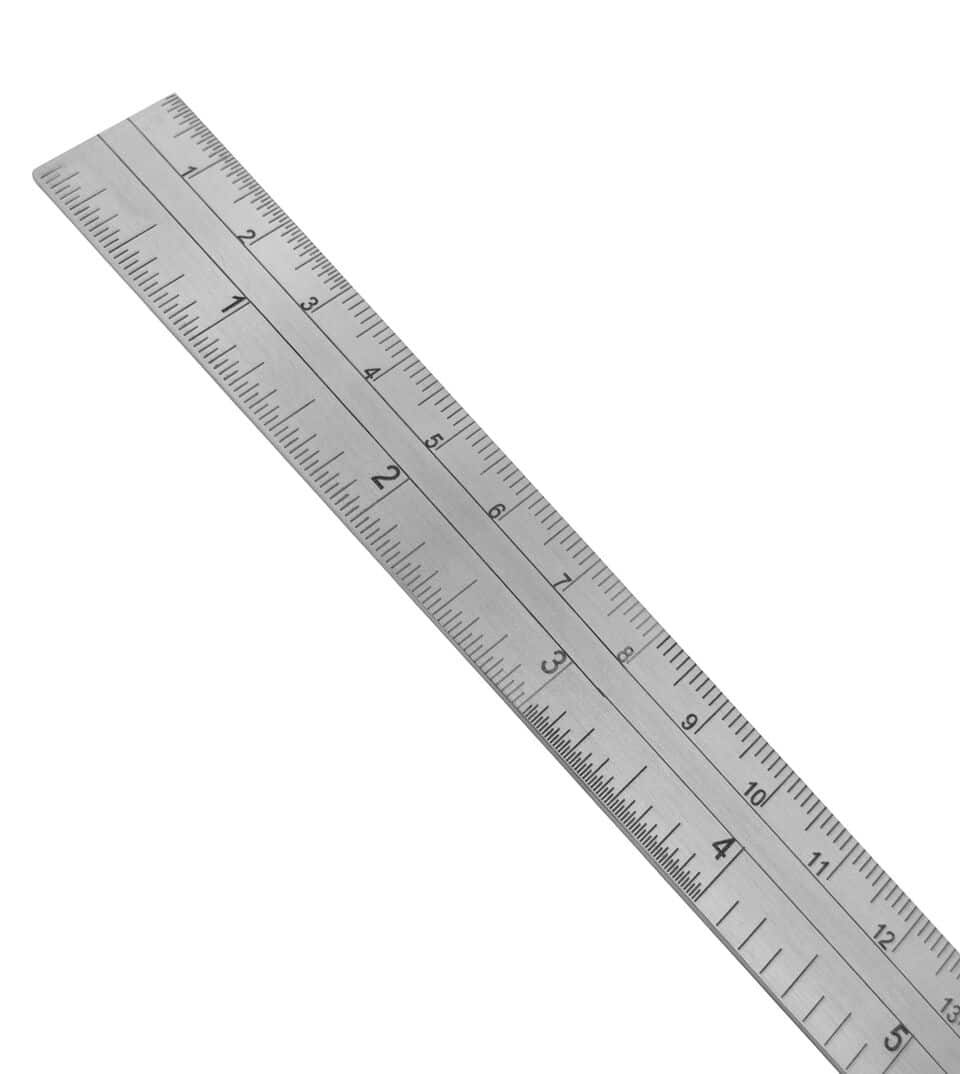 Endo Rulers
Endo Rulers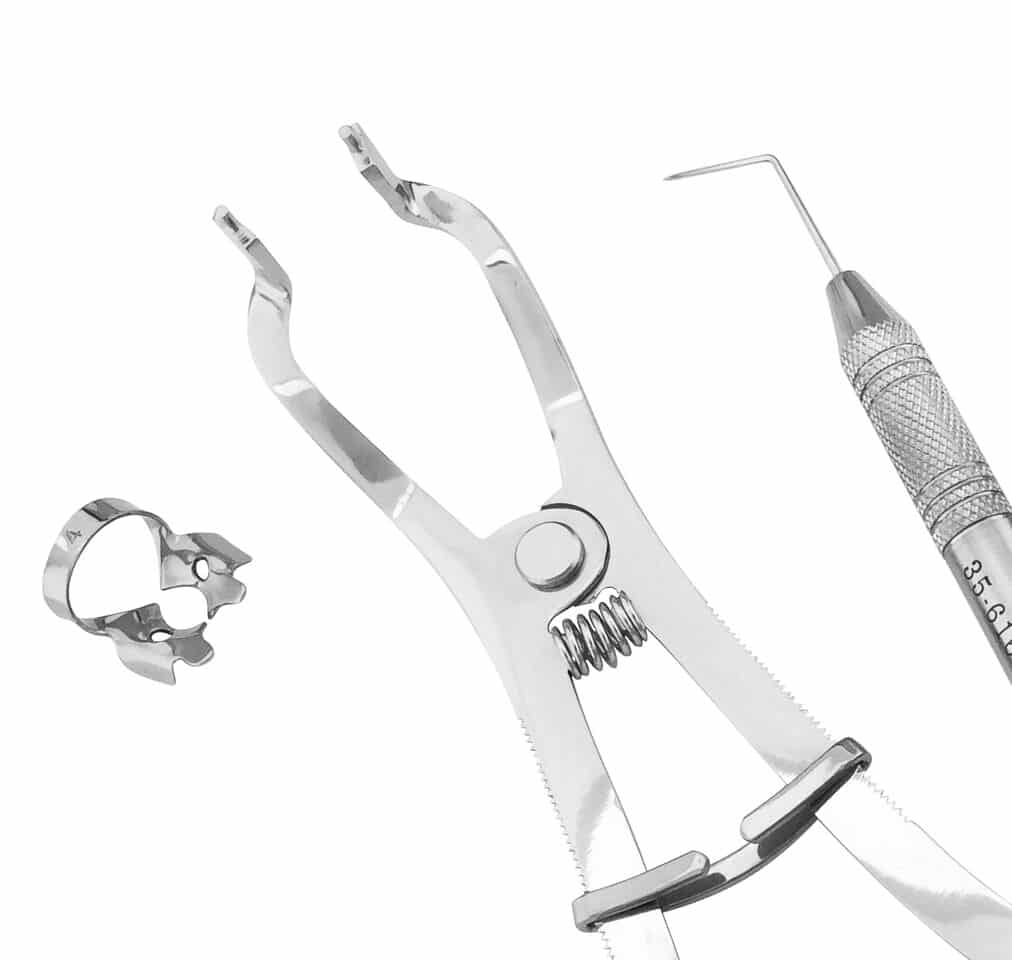 Endodontic Sets
Endodontic Sets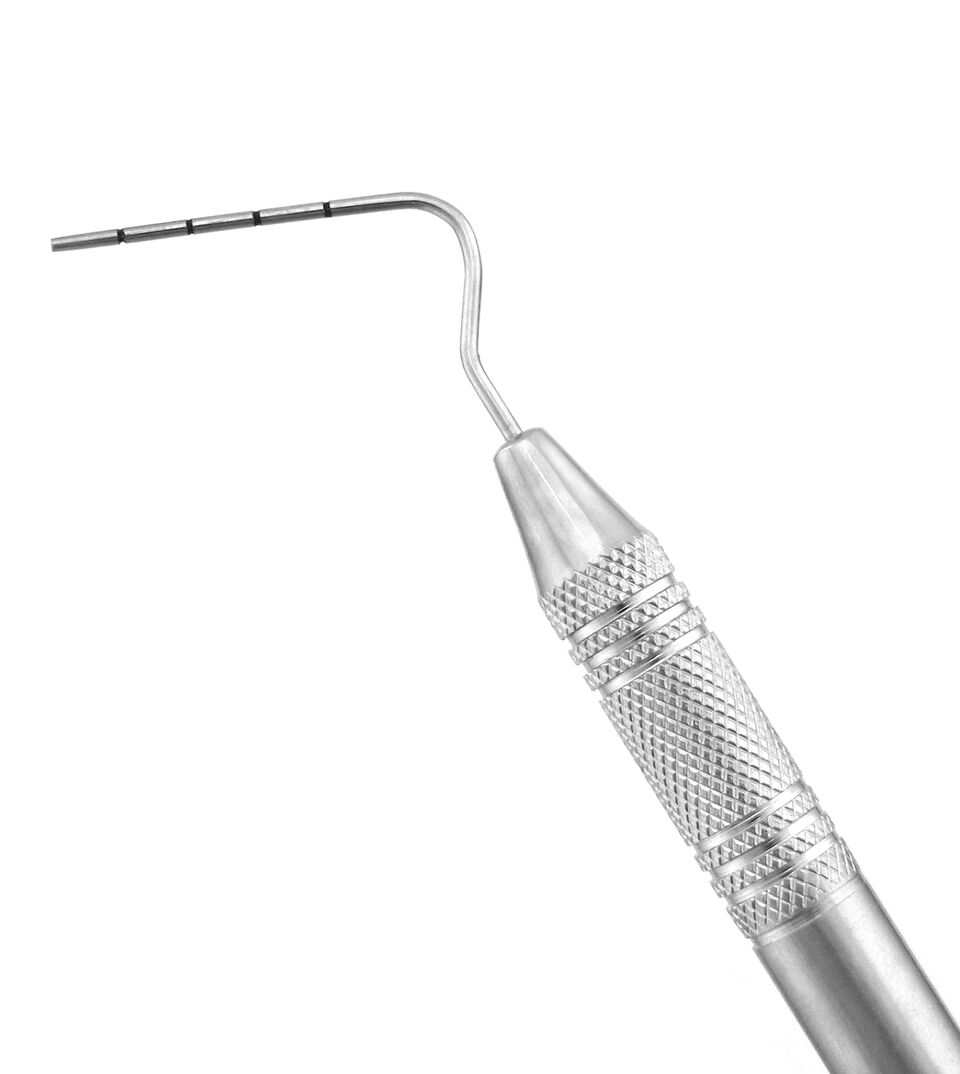 Root Canal Pluggers
Root Canal Pluggers Root Canal Spreaders
Root Canal Spreaders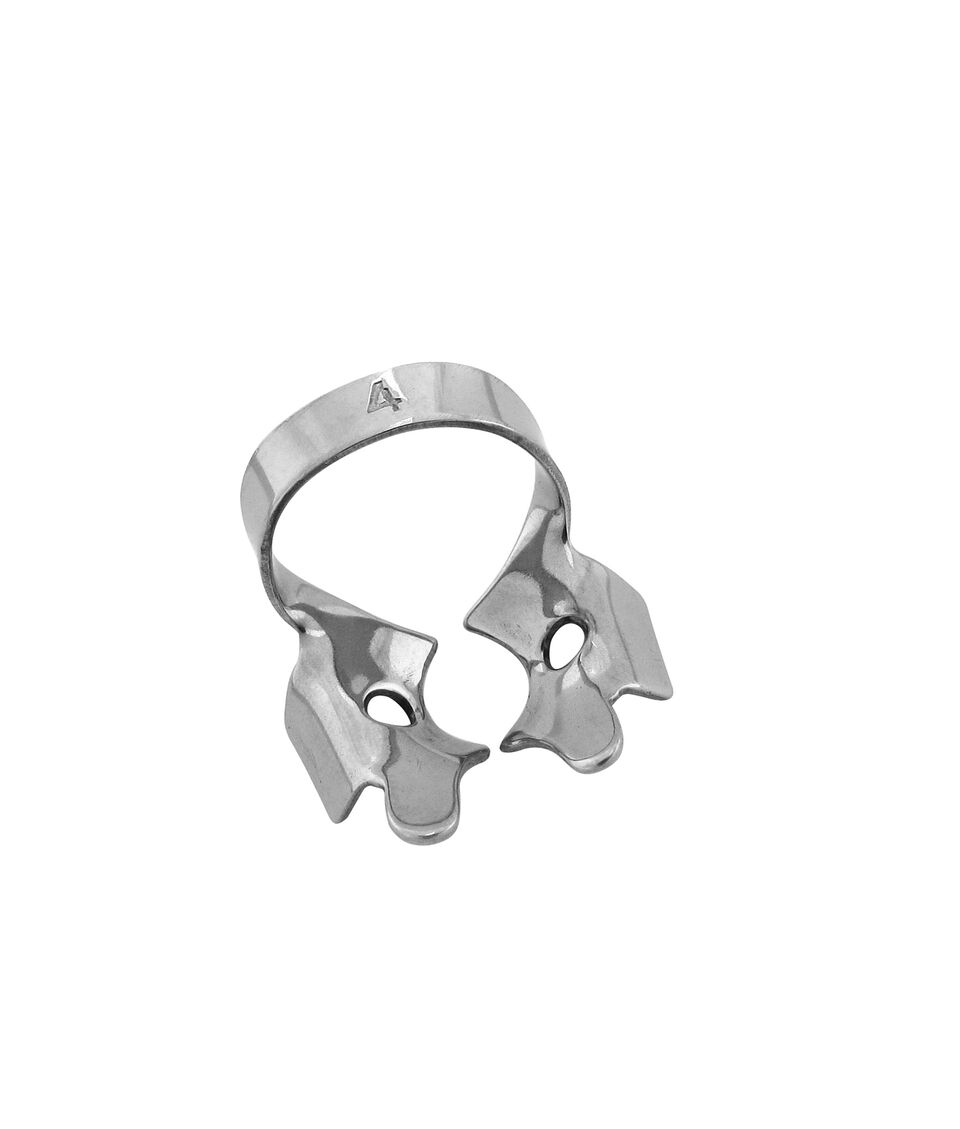 Rubber Dam Clamps
Rubber Dam Clamps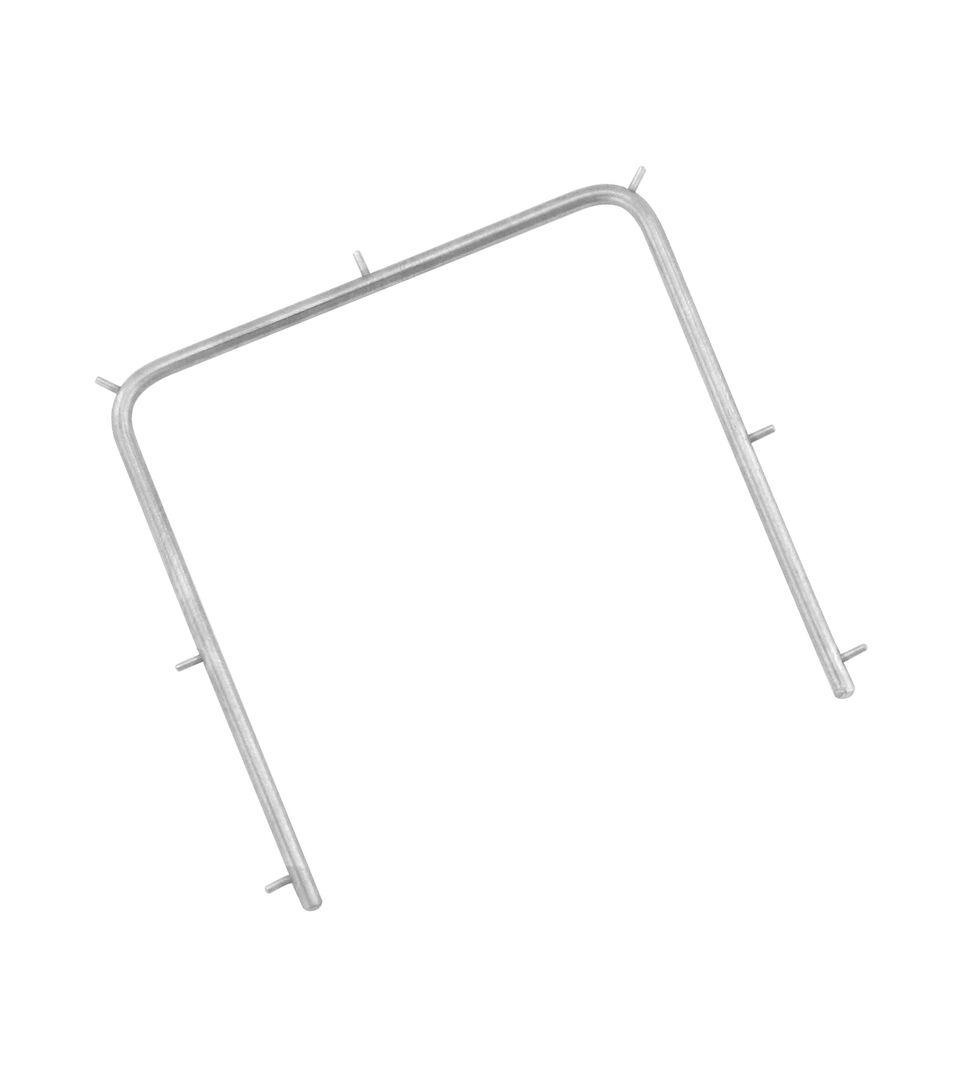 Rubber Dam Frames
Rubber Dam Frames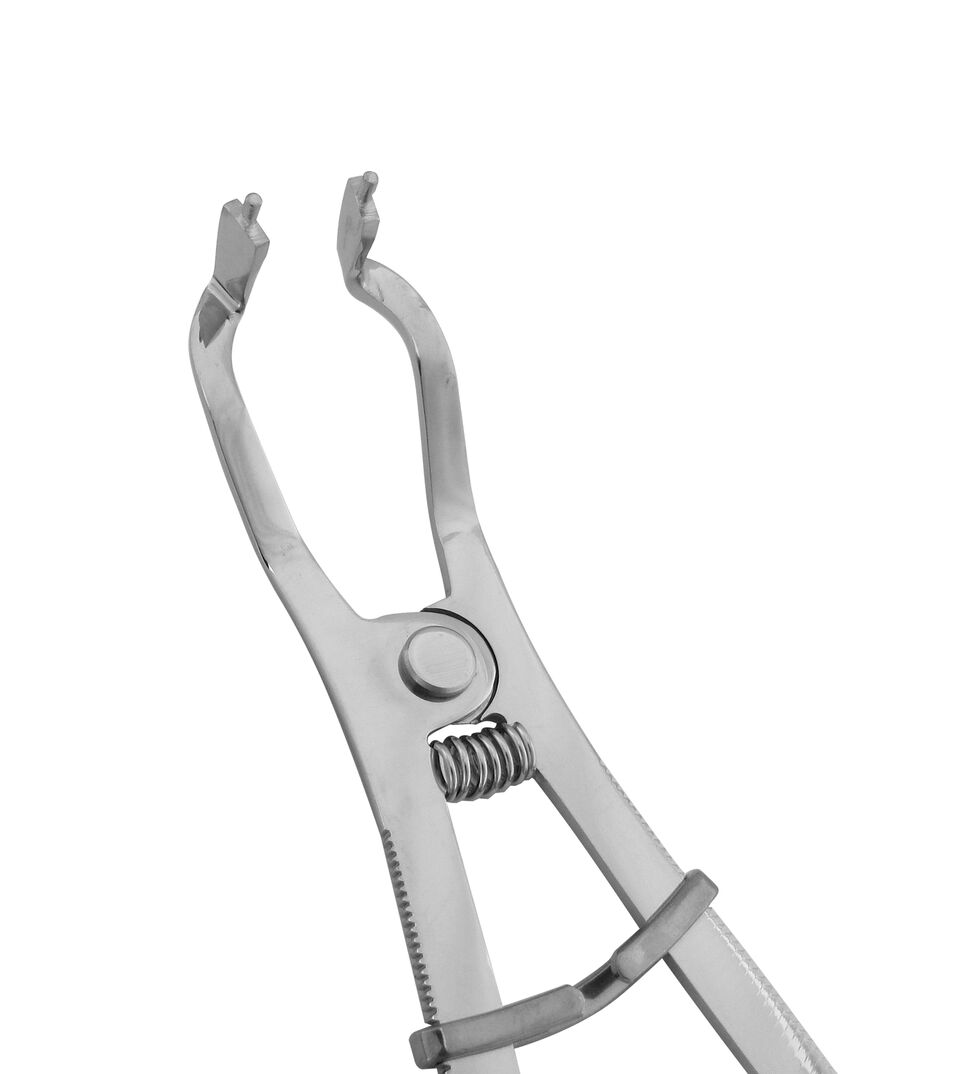 Rubber Dam Punches & Forceps
Rubber Dam Punches & Forceps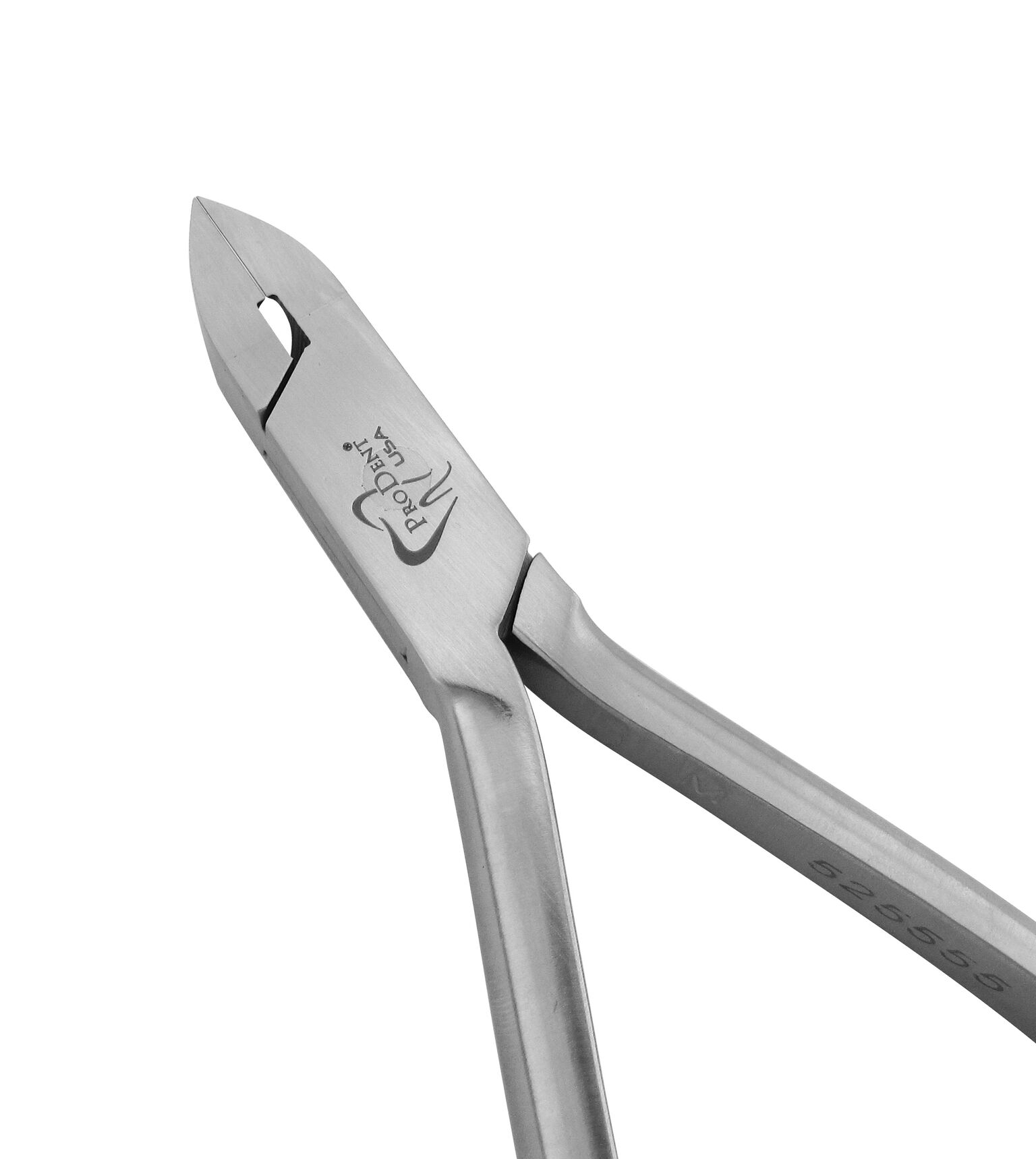 Cutters
Cutters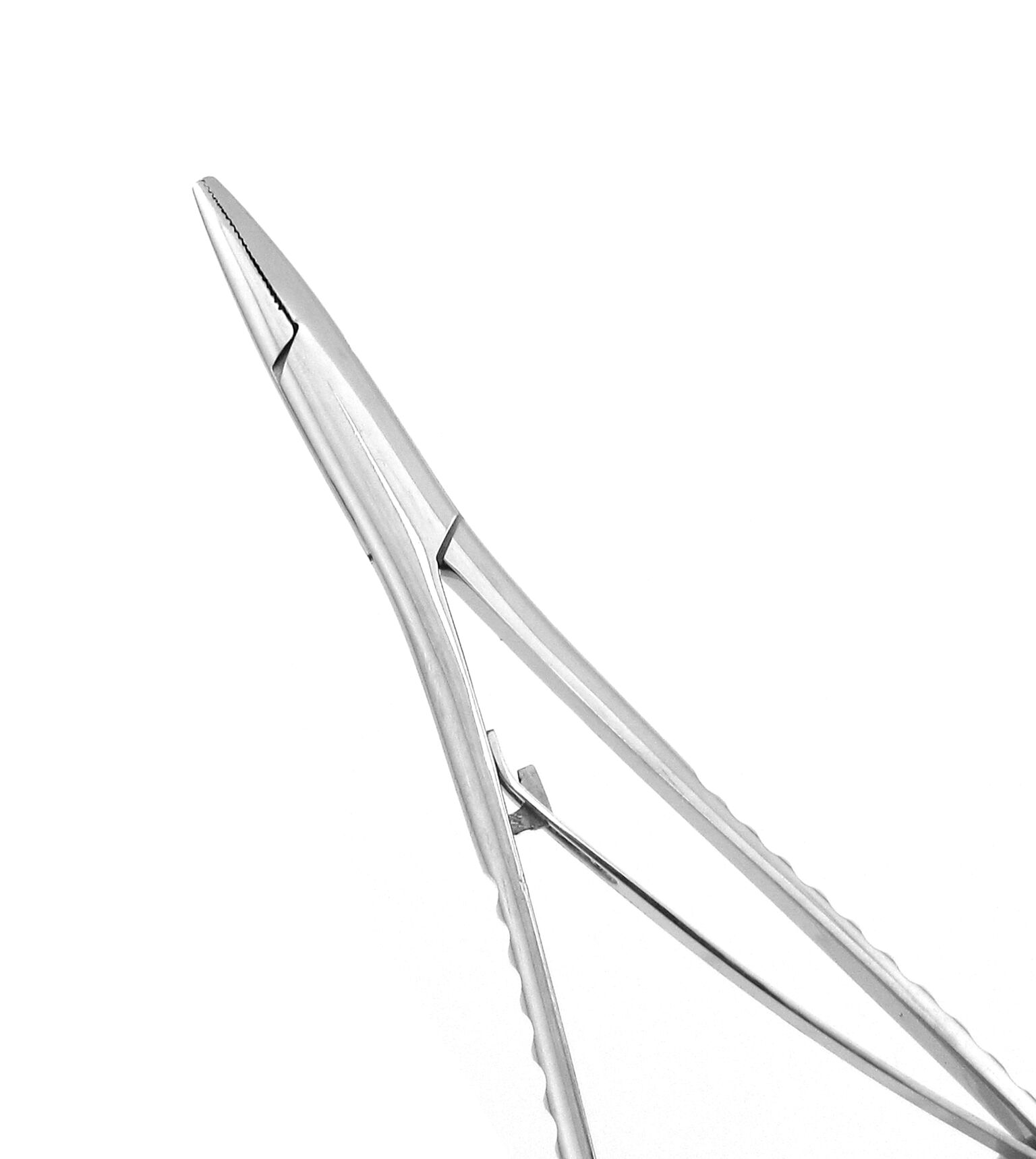 Elastic Placing Mathieu Pliers
Elastic Placing Mathieu Pliers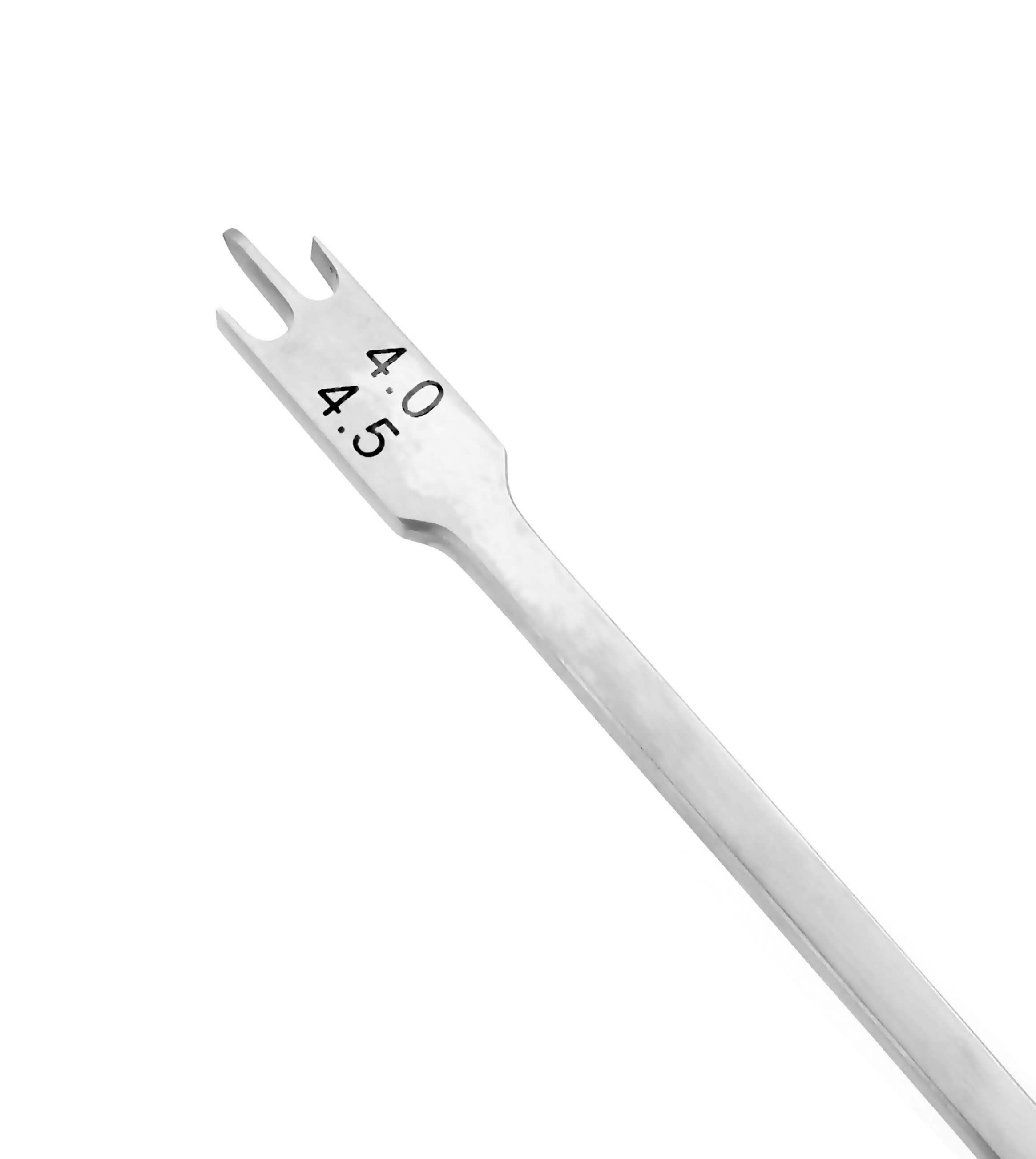 Gauges
Gauges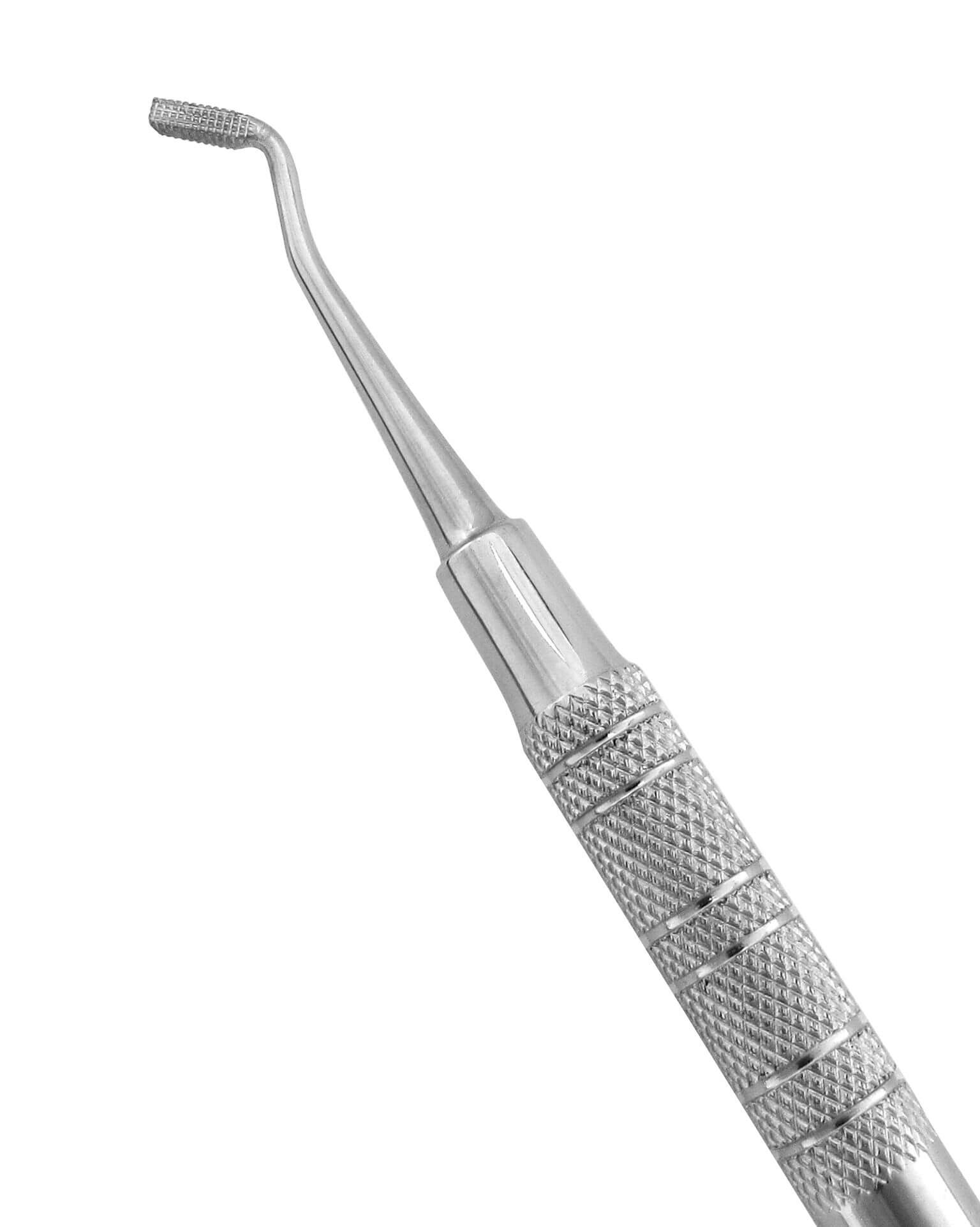 Hand Instruments
Hand Instruments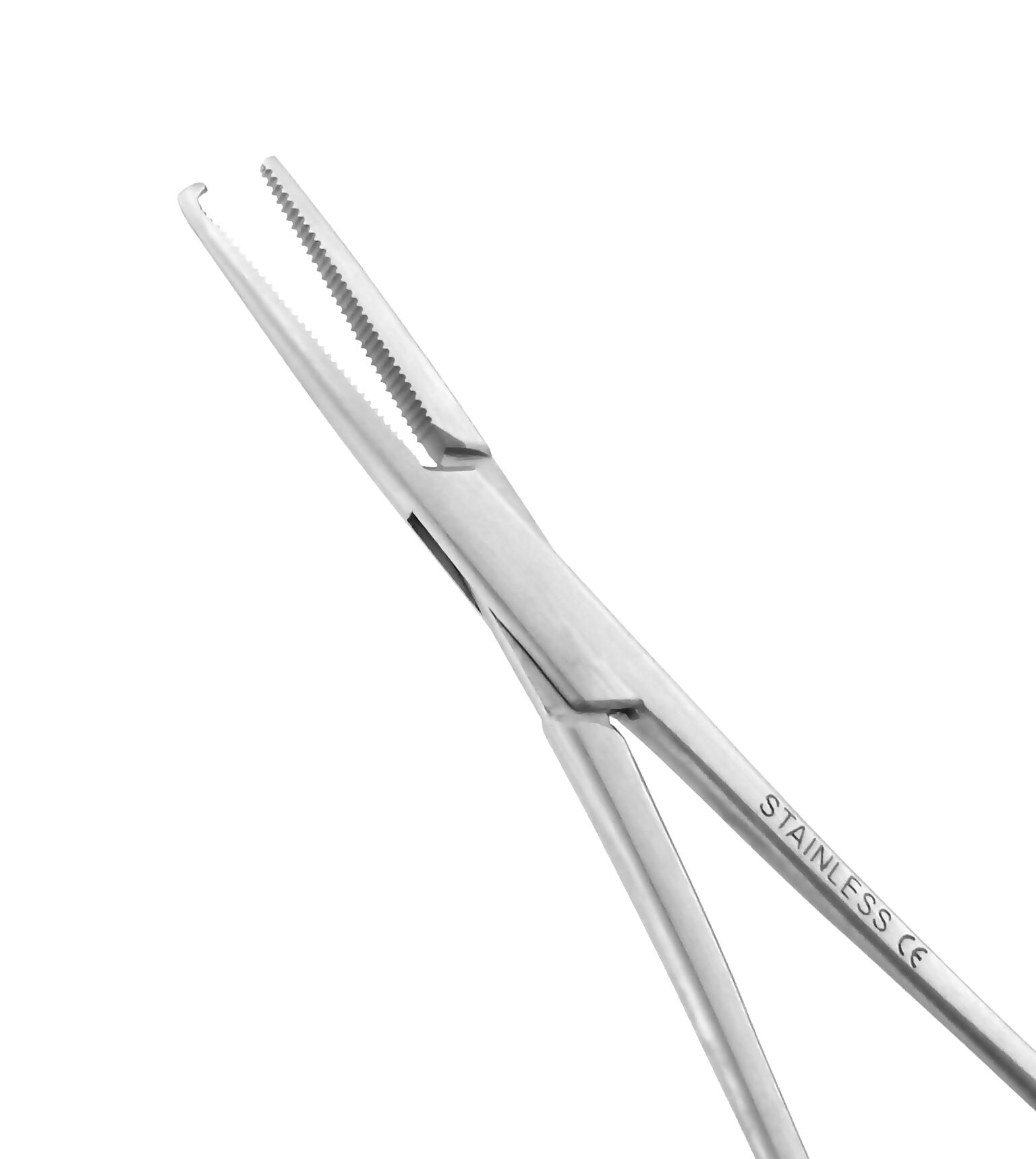 Mosquitoes
Mosquitoes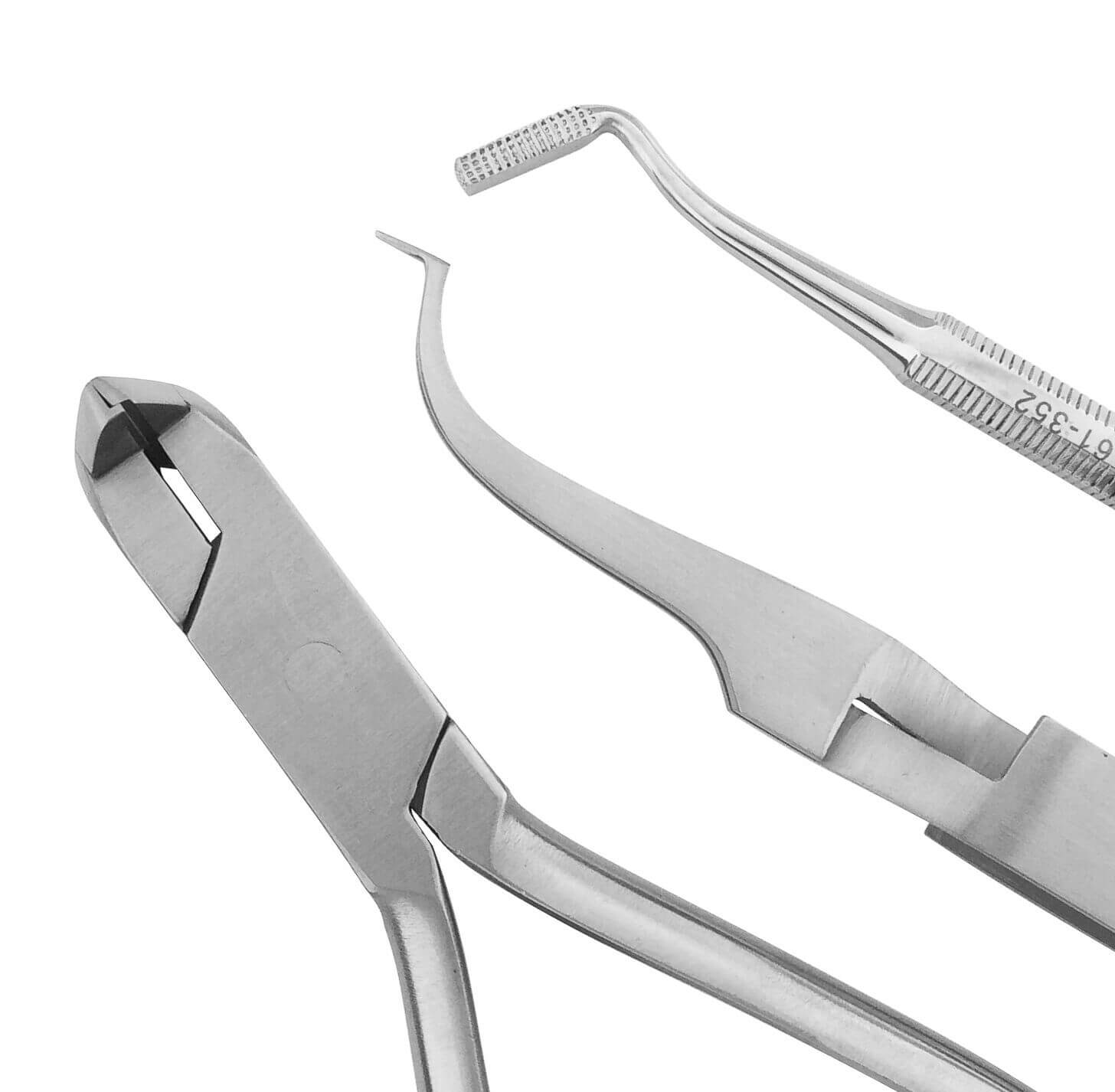 Orthodontic Sets
Orthodontic Sets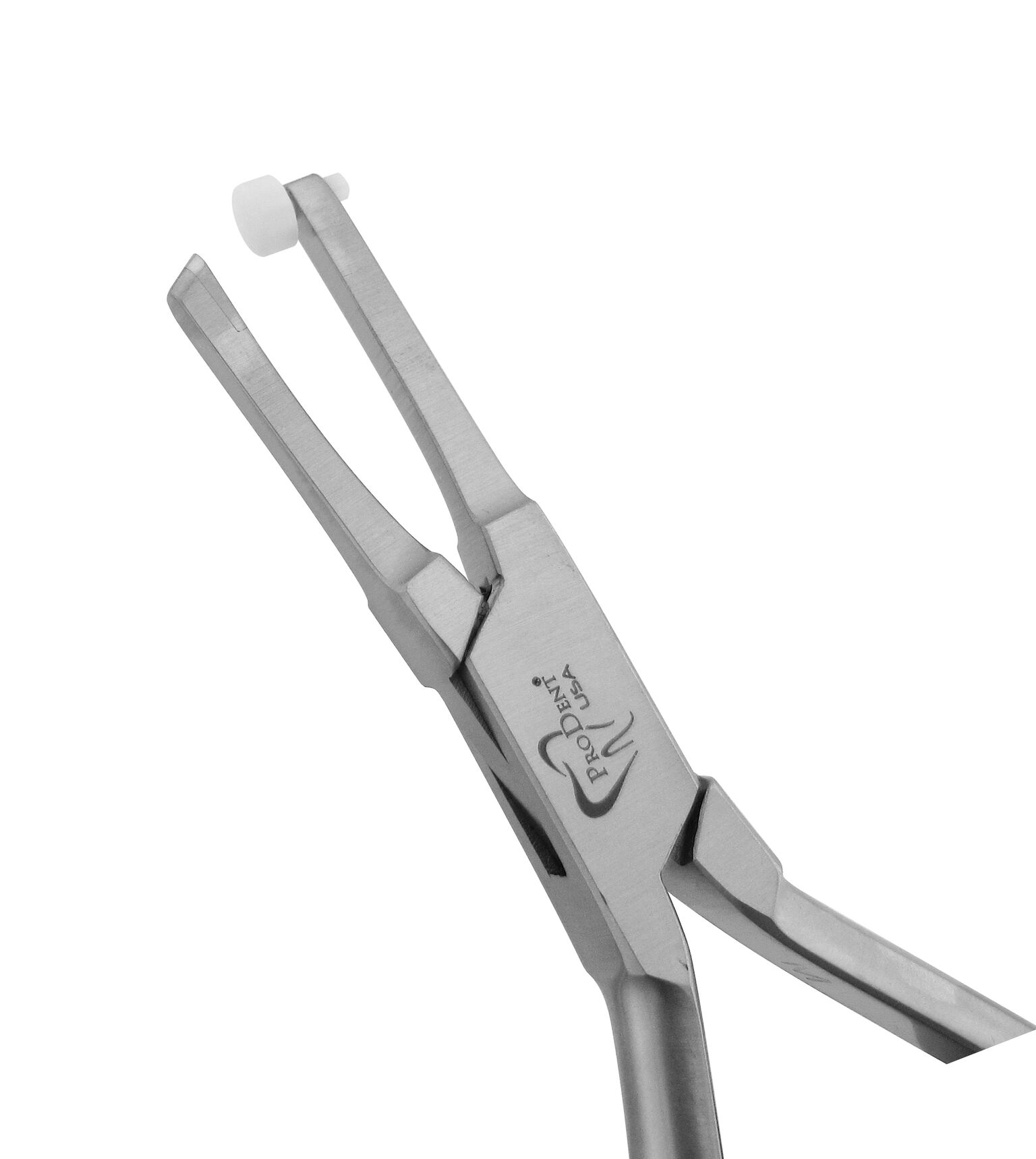 Pliers
Pliers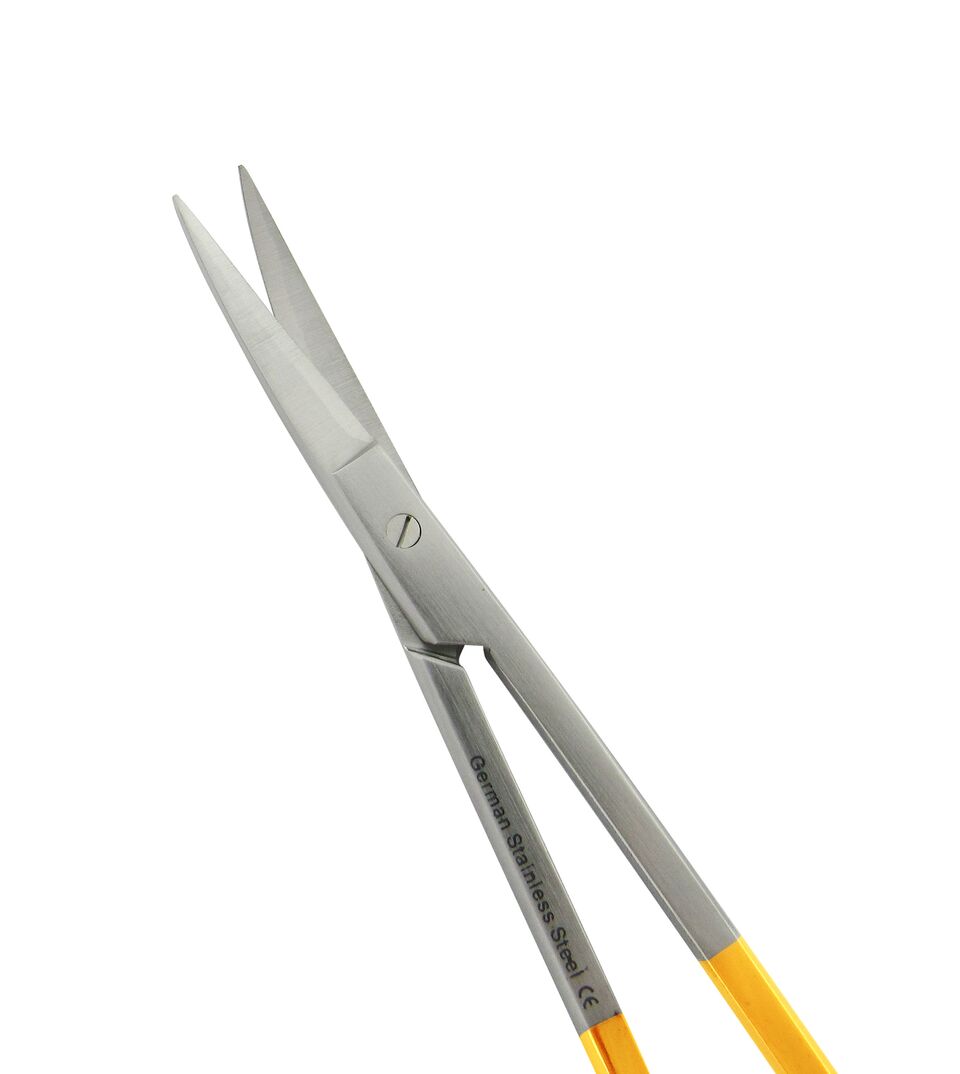 Scissors
Scissors Tweezers
Tweezers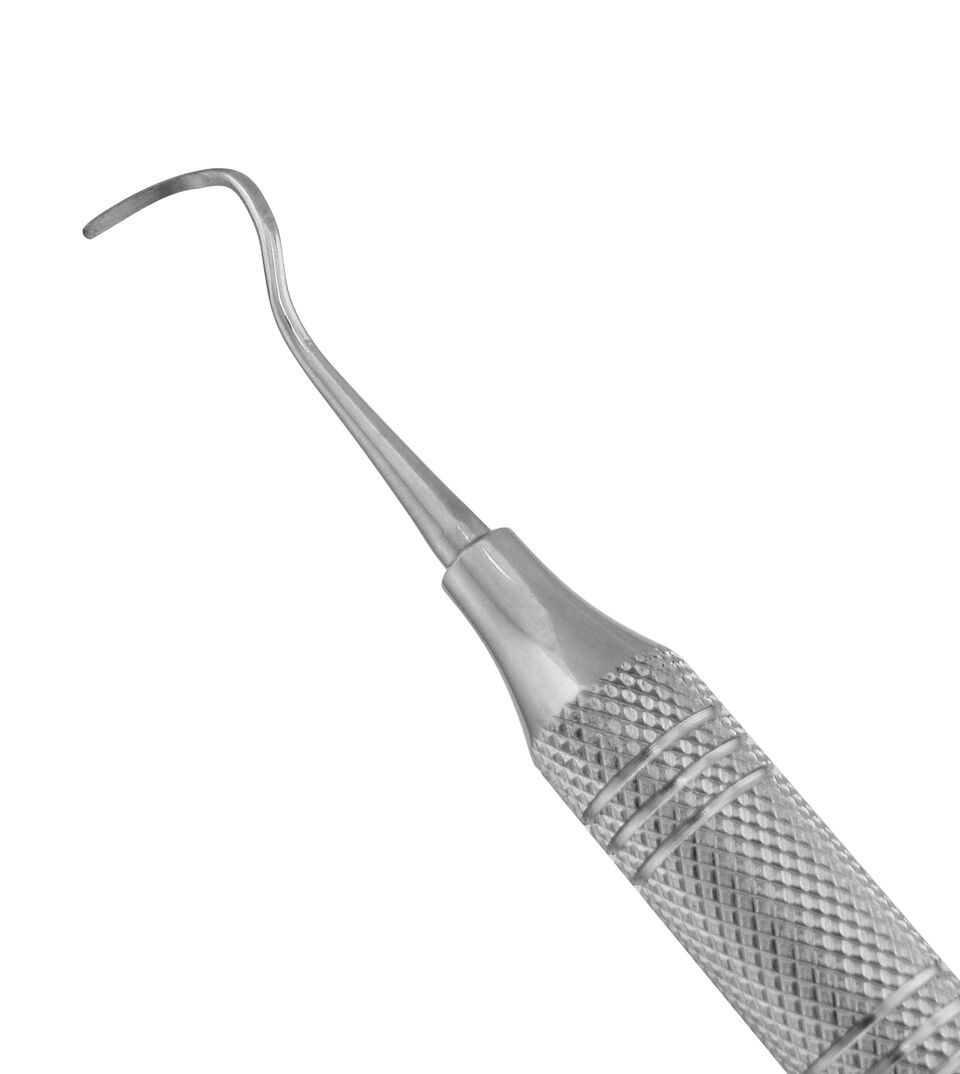 Curettes
Curettes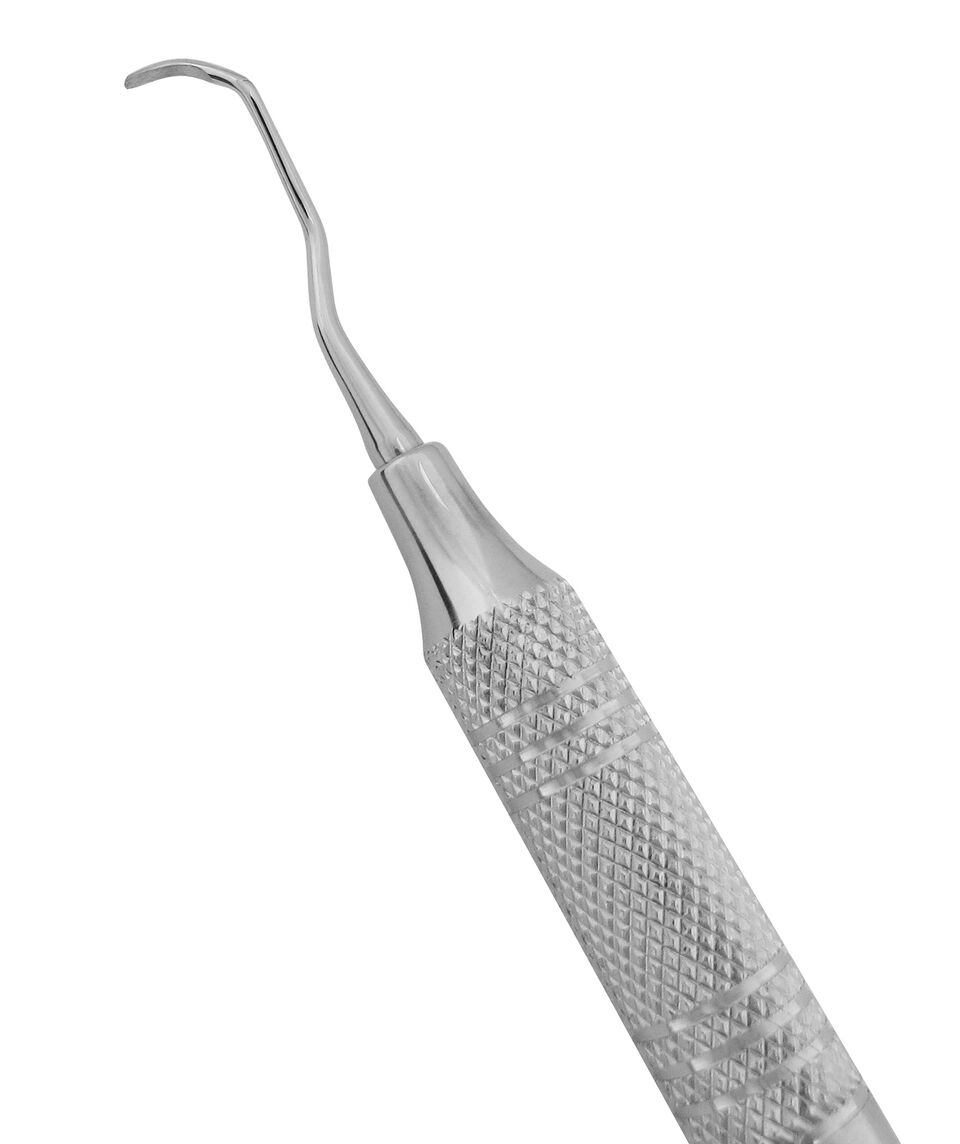 Gracey Curettes
Gracey Curettes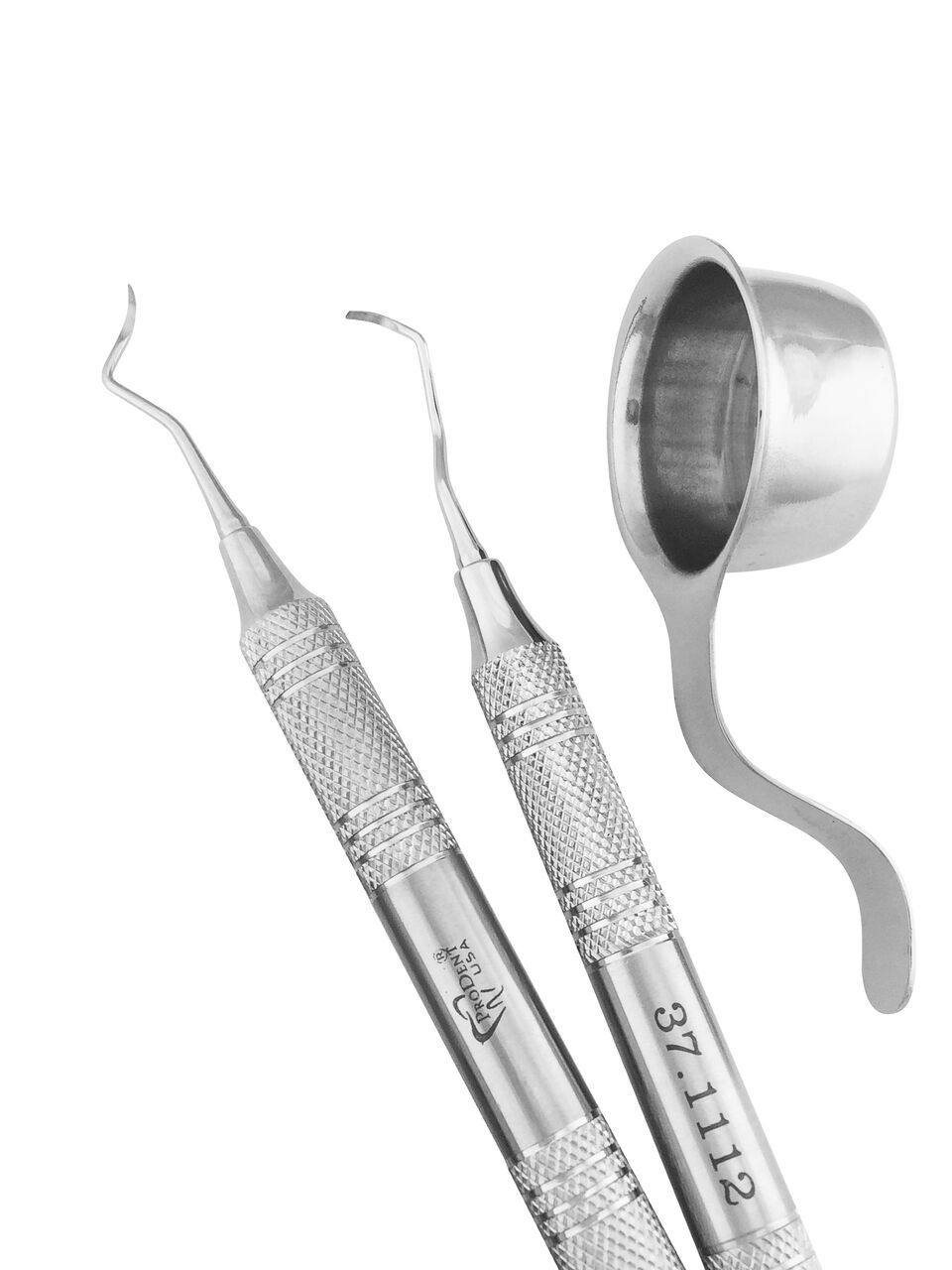 Periodontal Sets & Accessories
Periodontal Sets & Accessories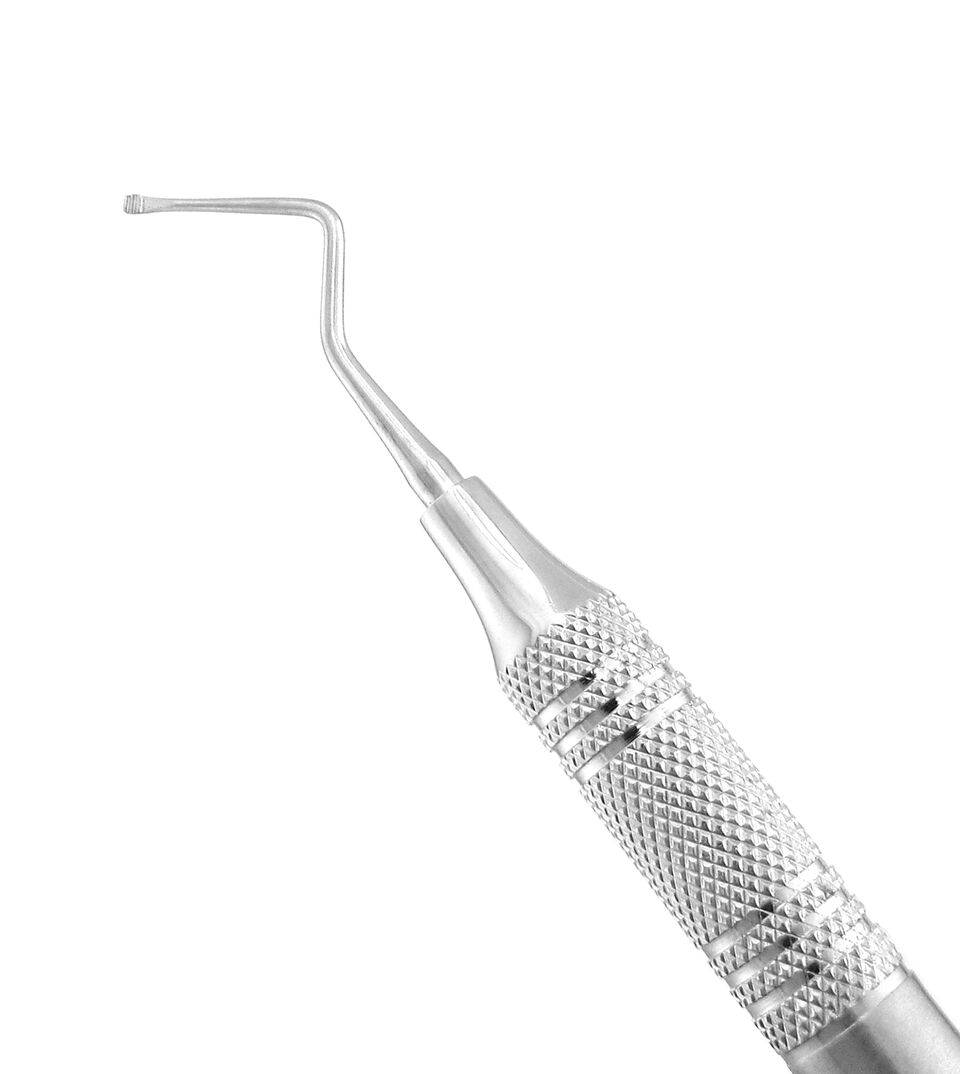 Periodontal Specialty Instruments
Periodontal Specialty Instruments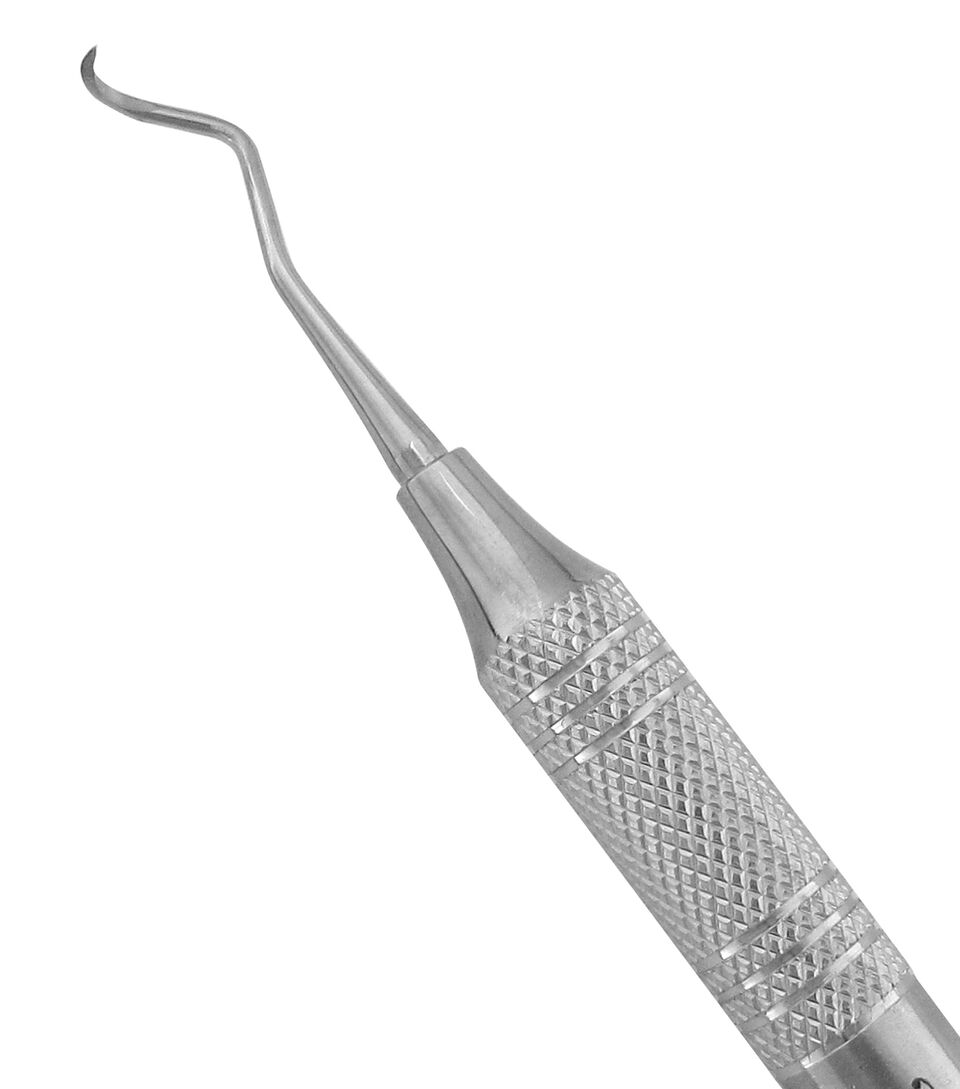 Scalers
Scalers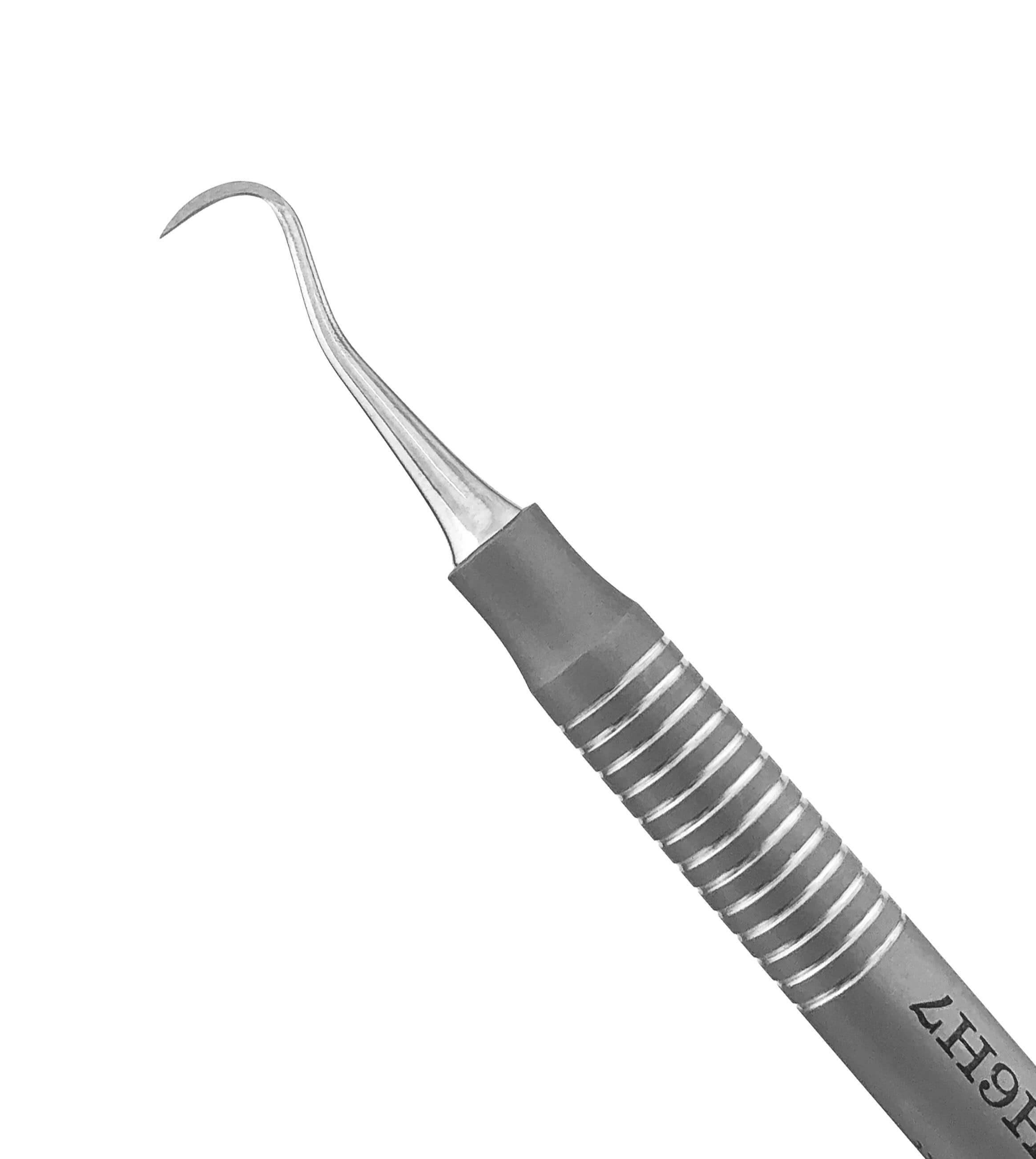 Siberian Stone™ Collection
Siberian Stone™ Collection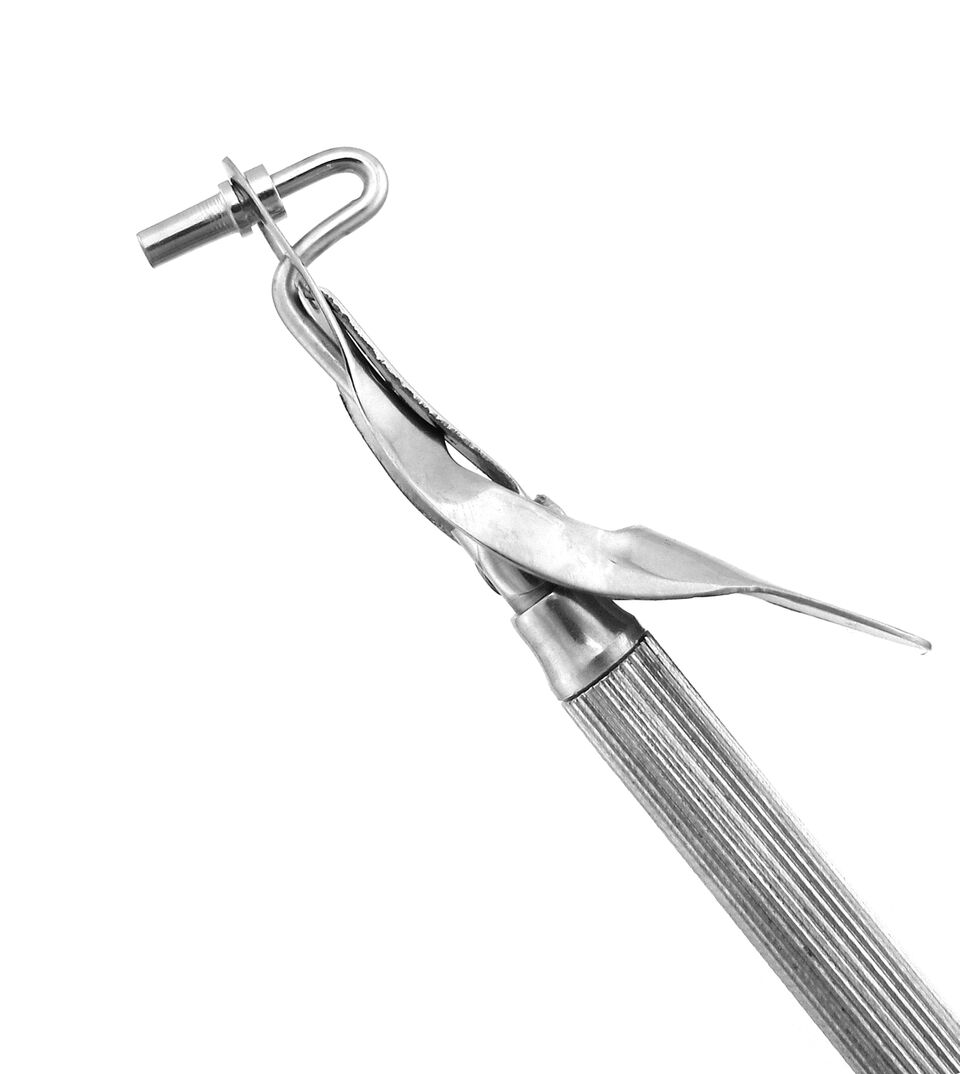 Amalgam Carriers & Well
Amalgam Carriers & Well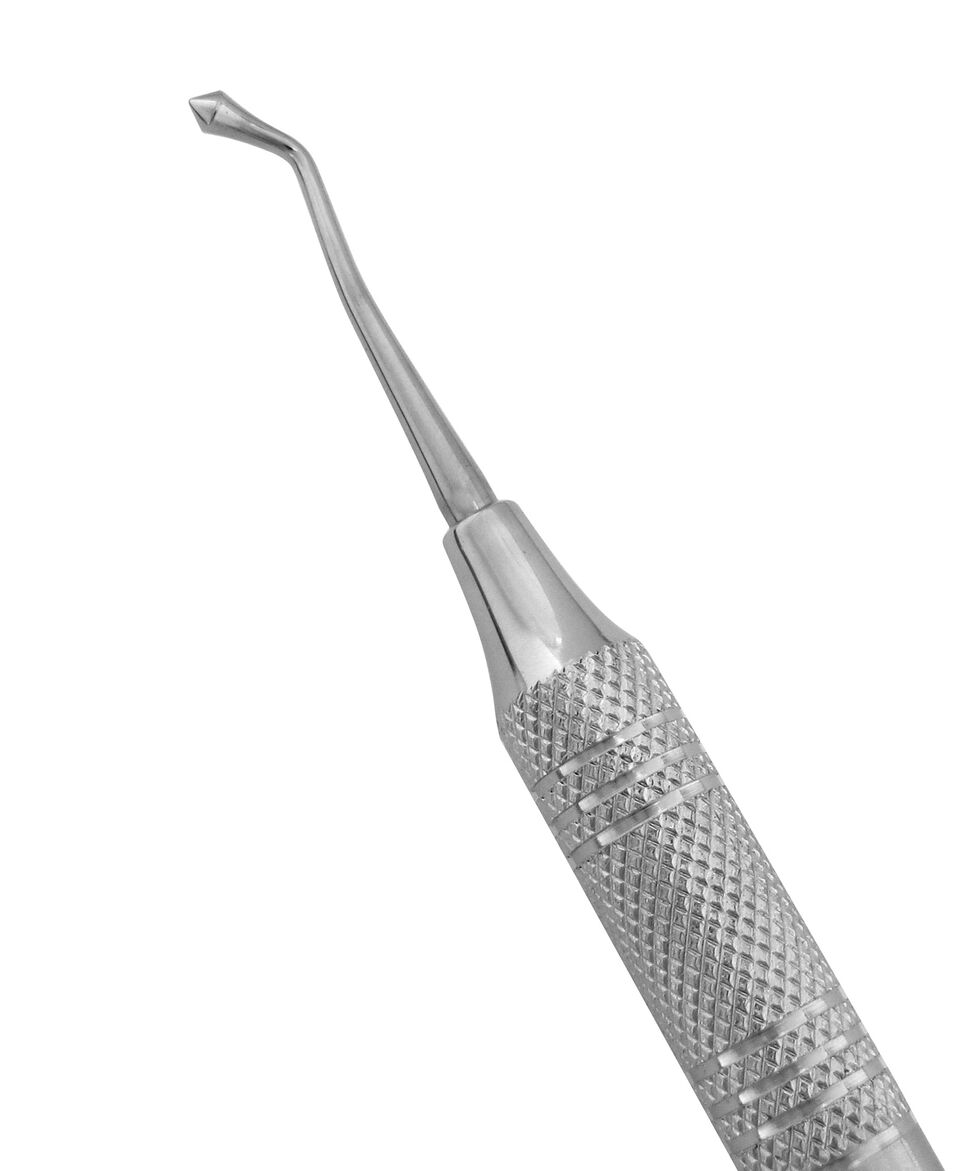 Burnishers
Burnishers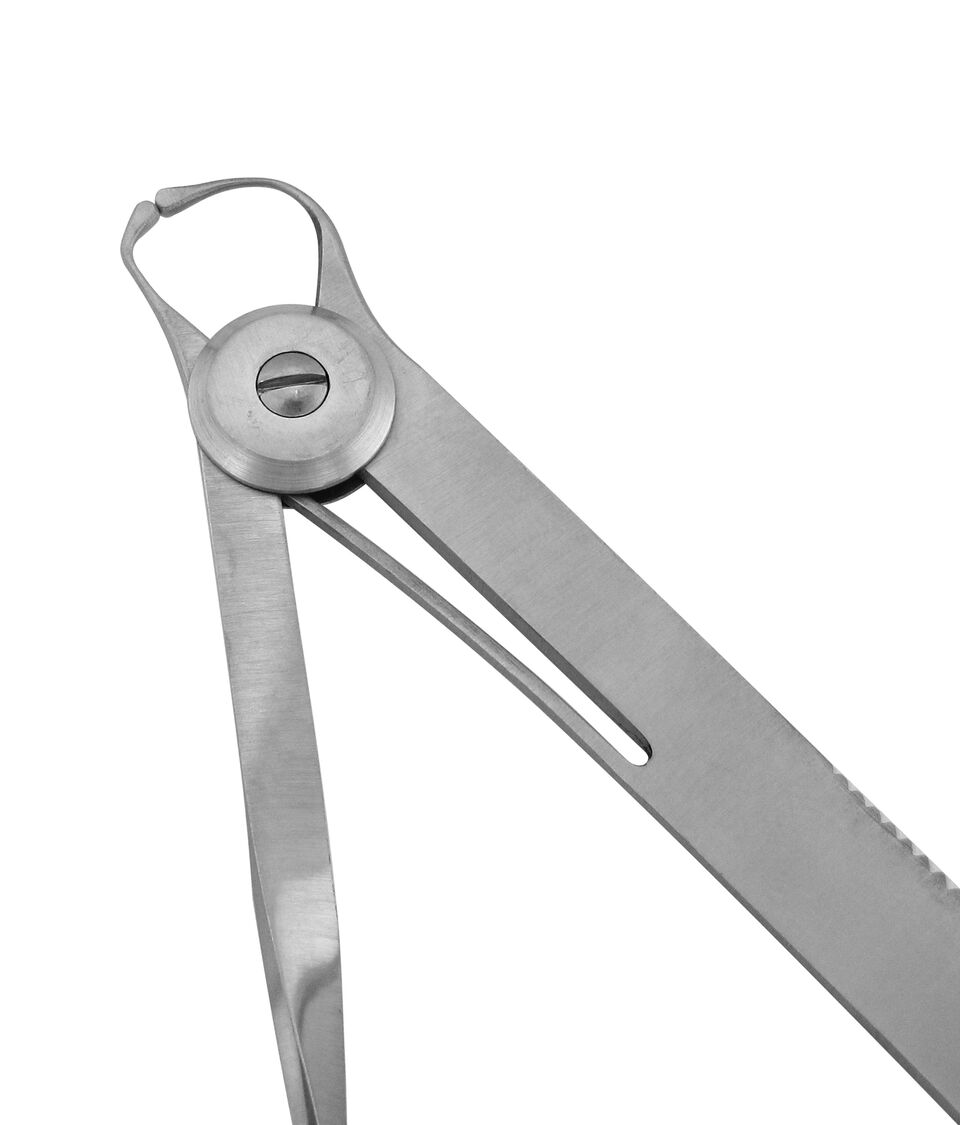 Calipers
Calipers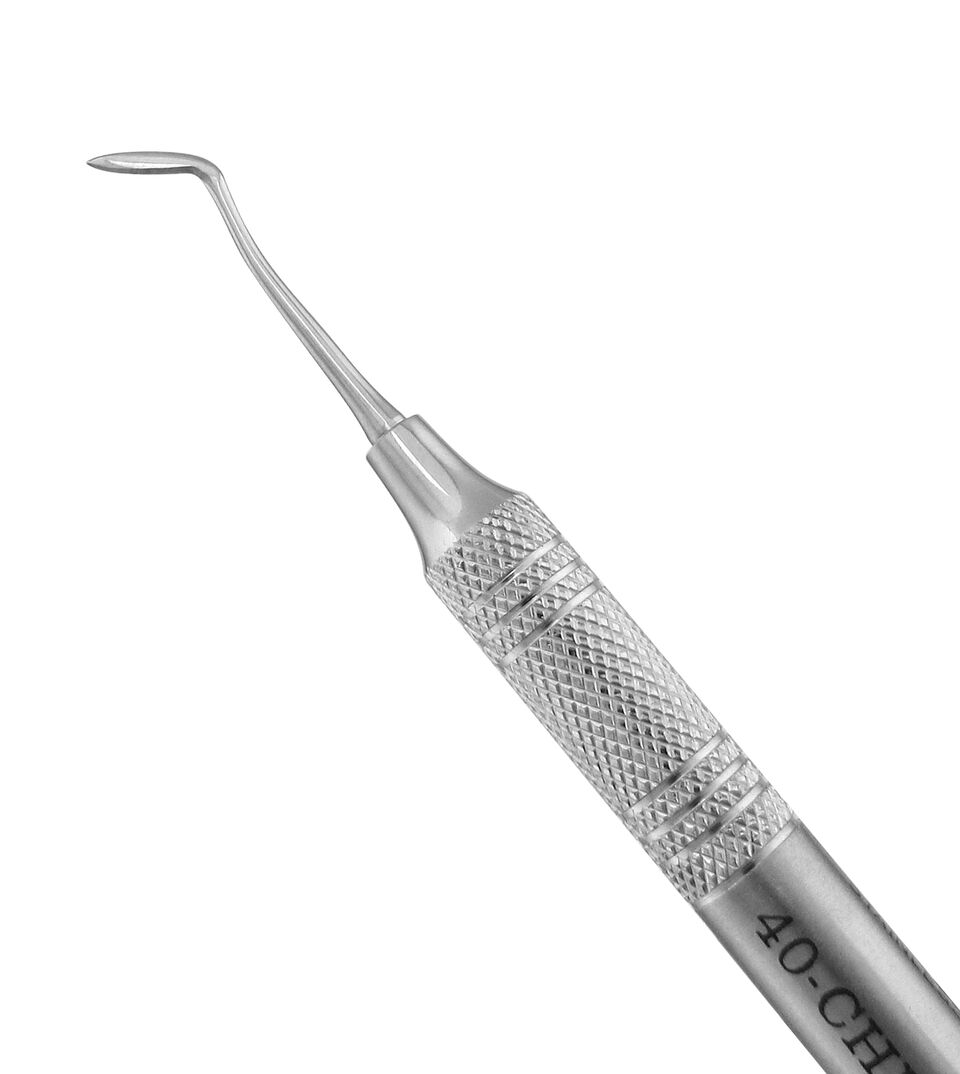 Carvers
Carvers Cement Spatulas
Cement Spatulas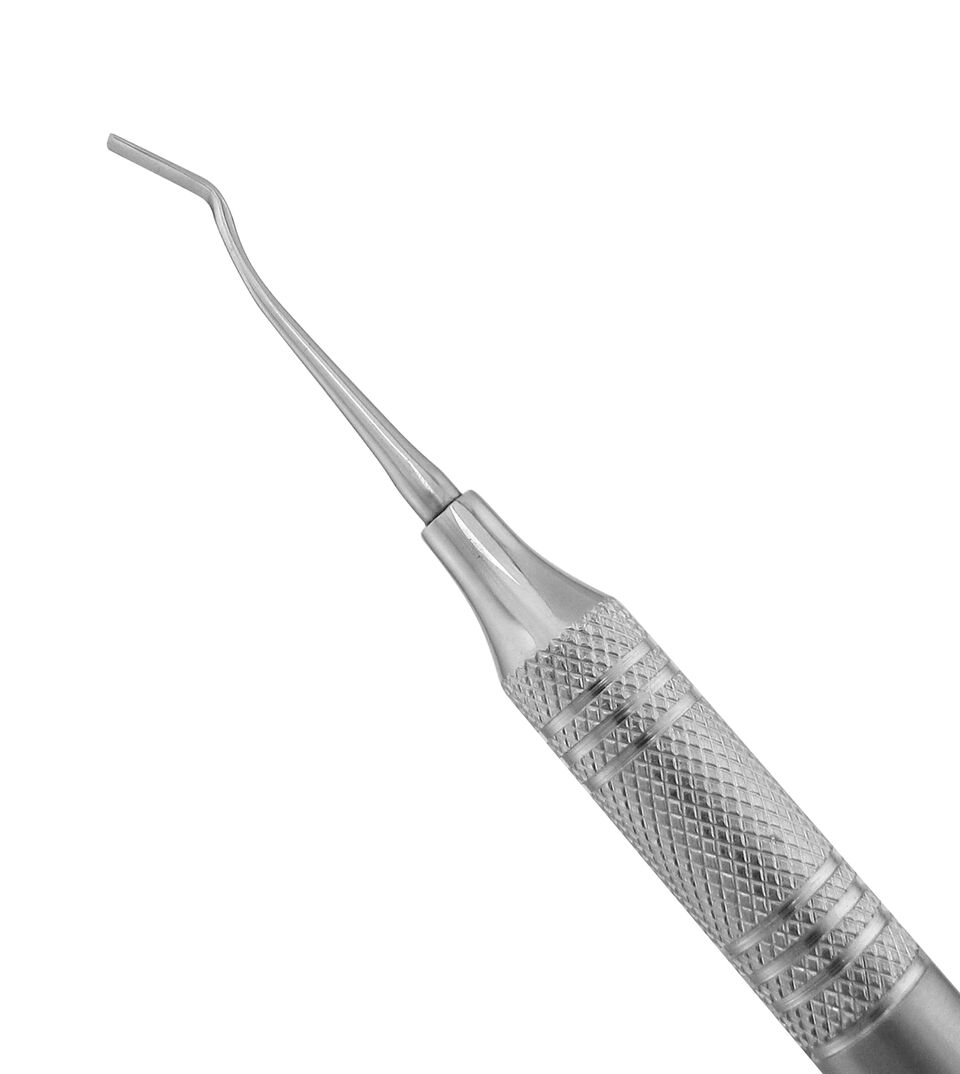 Chisels
Chisels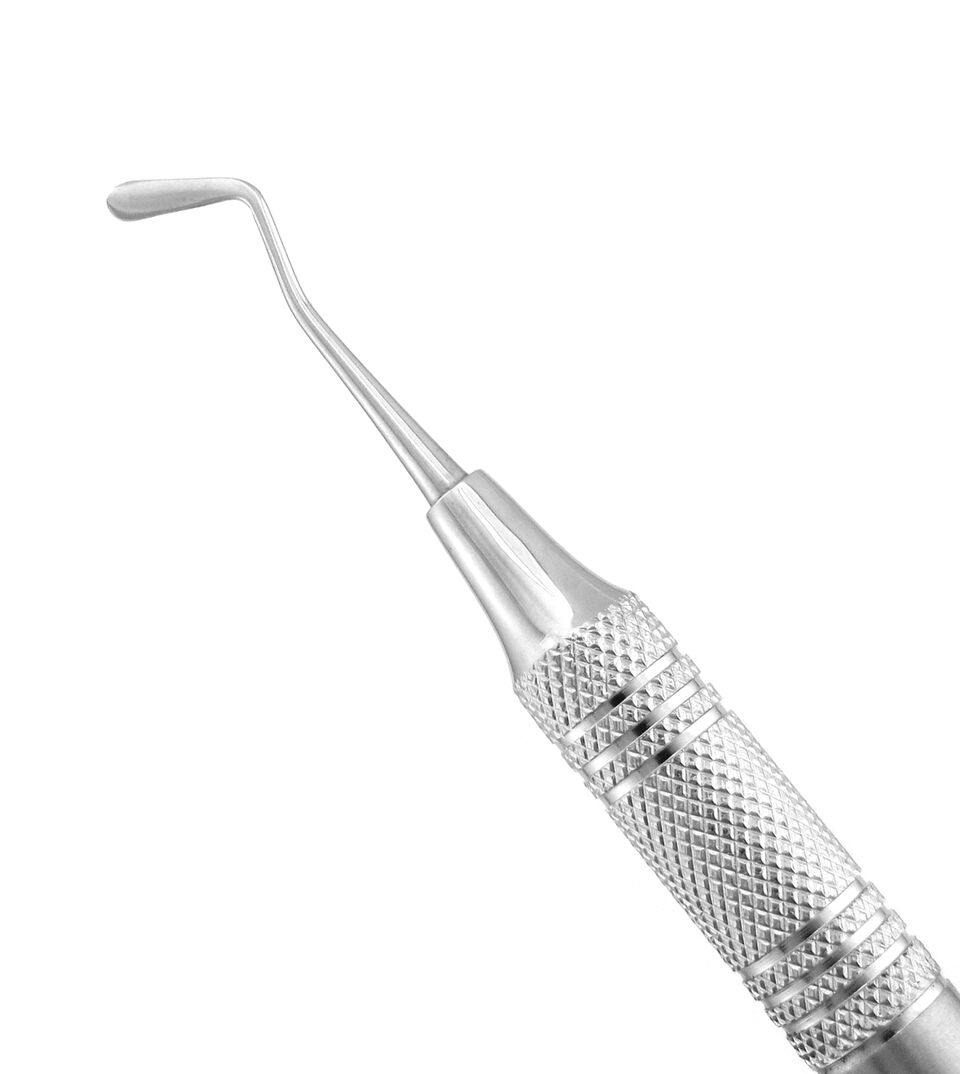 Composite & Plastic Filling Instruments
Composite & Plastic Filling Instruments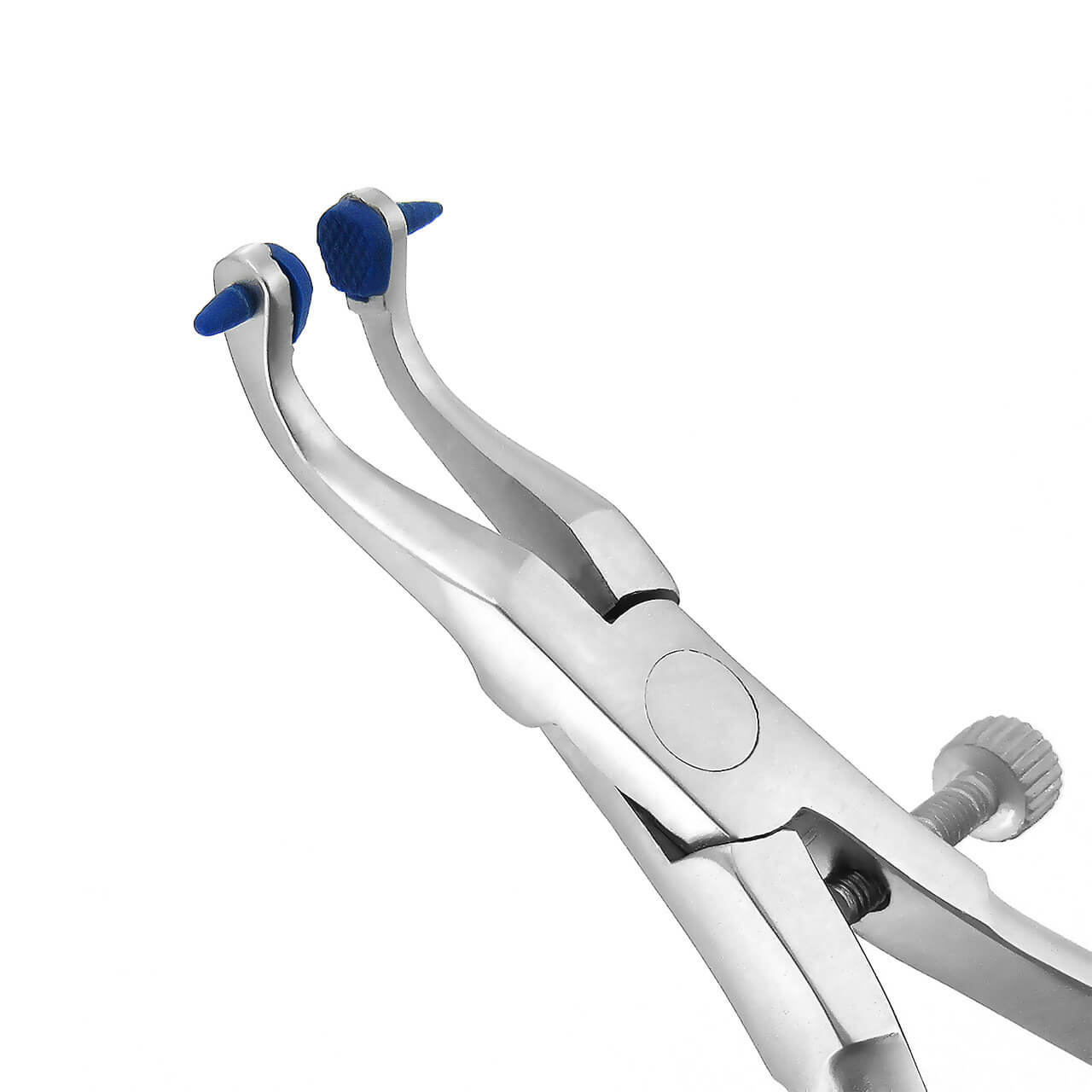 Crown Removers & Spreaders
Crown Removers & Spreaders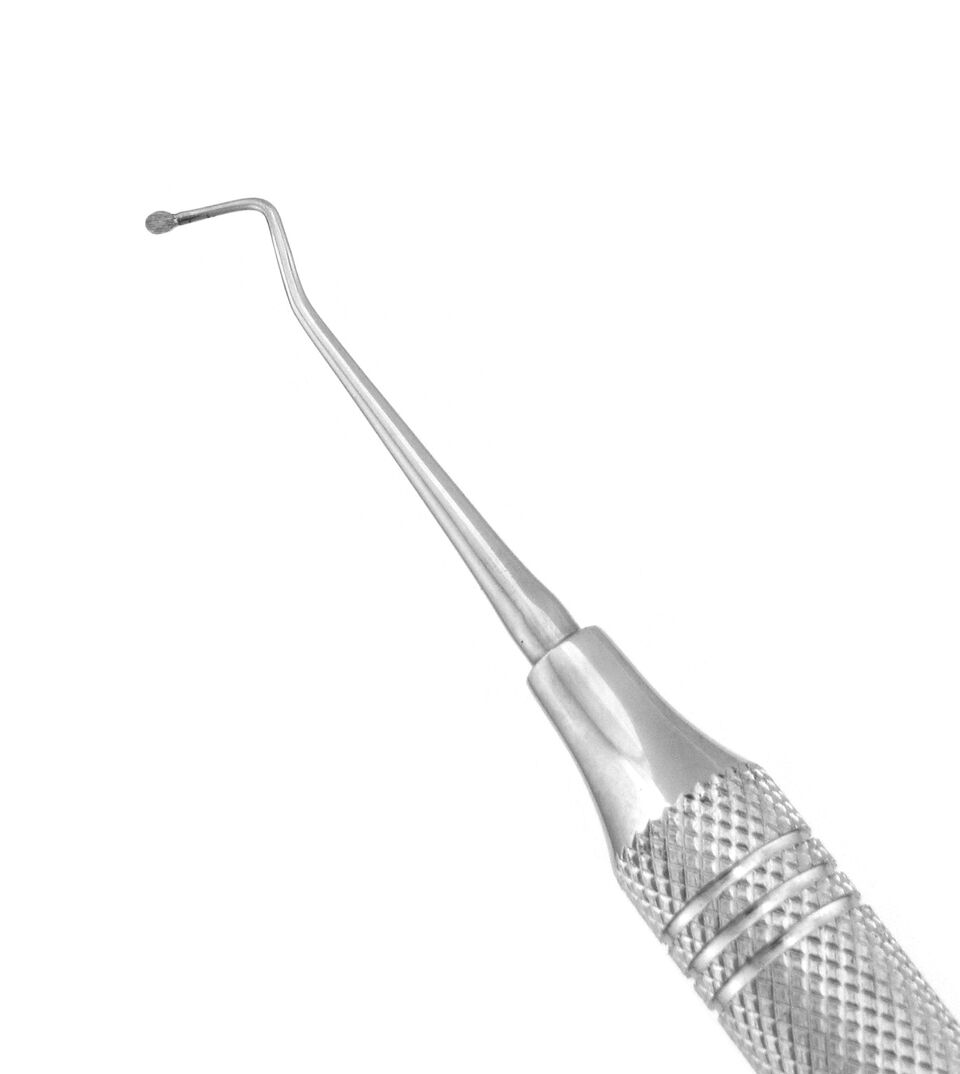 Excavators
Excavators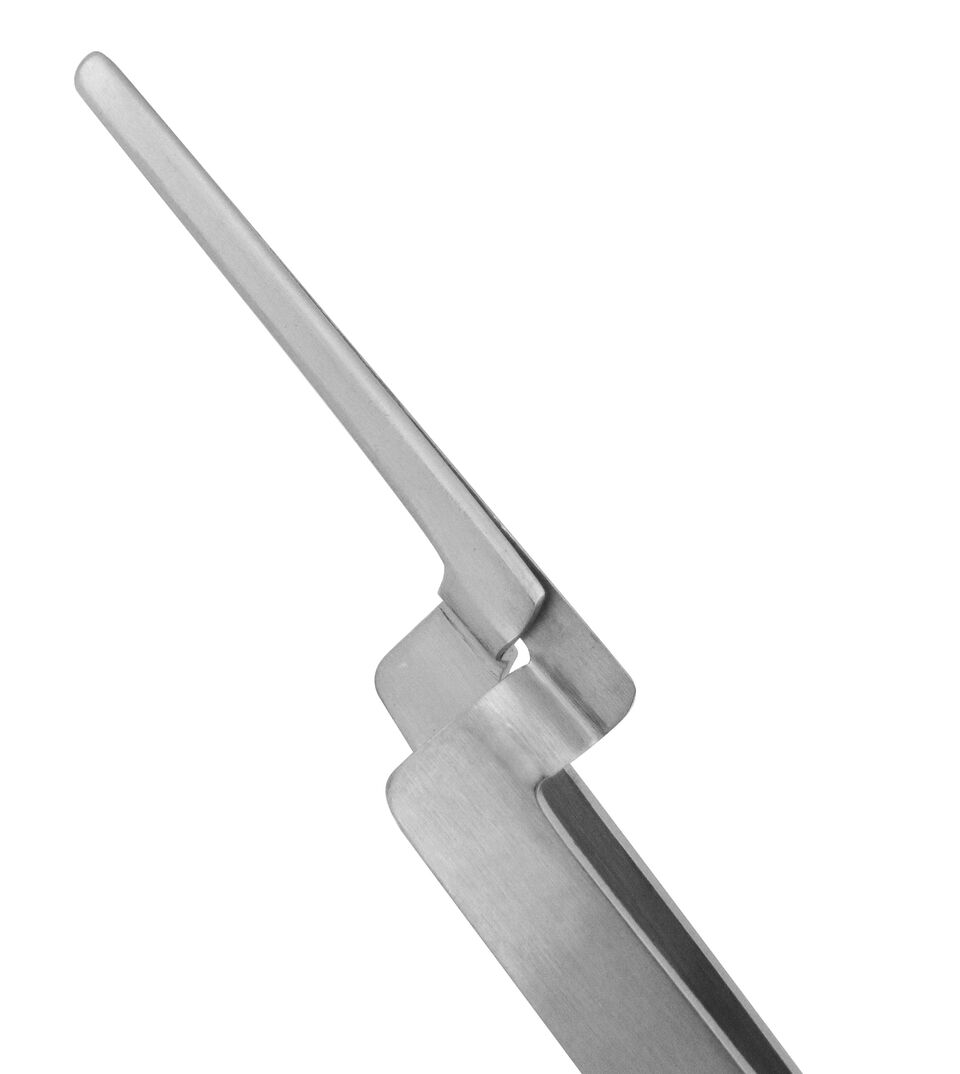 Forceps & Tweezers
Forceps & Tweezers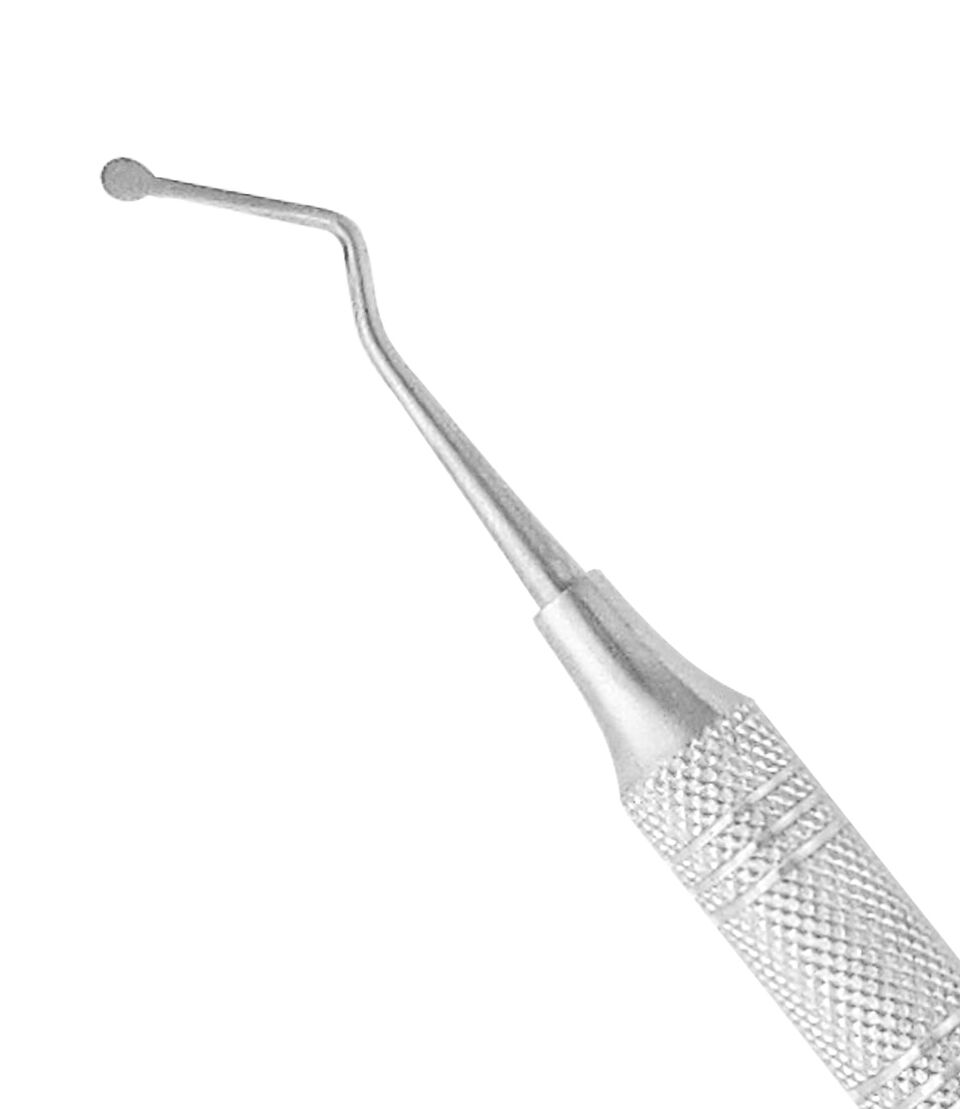 Gingival Cord Packers
Gingival Cord Packers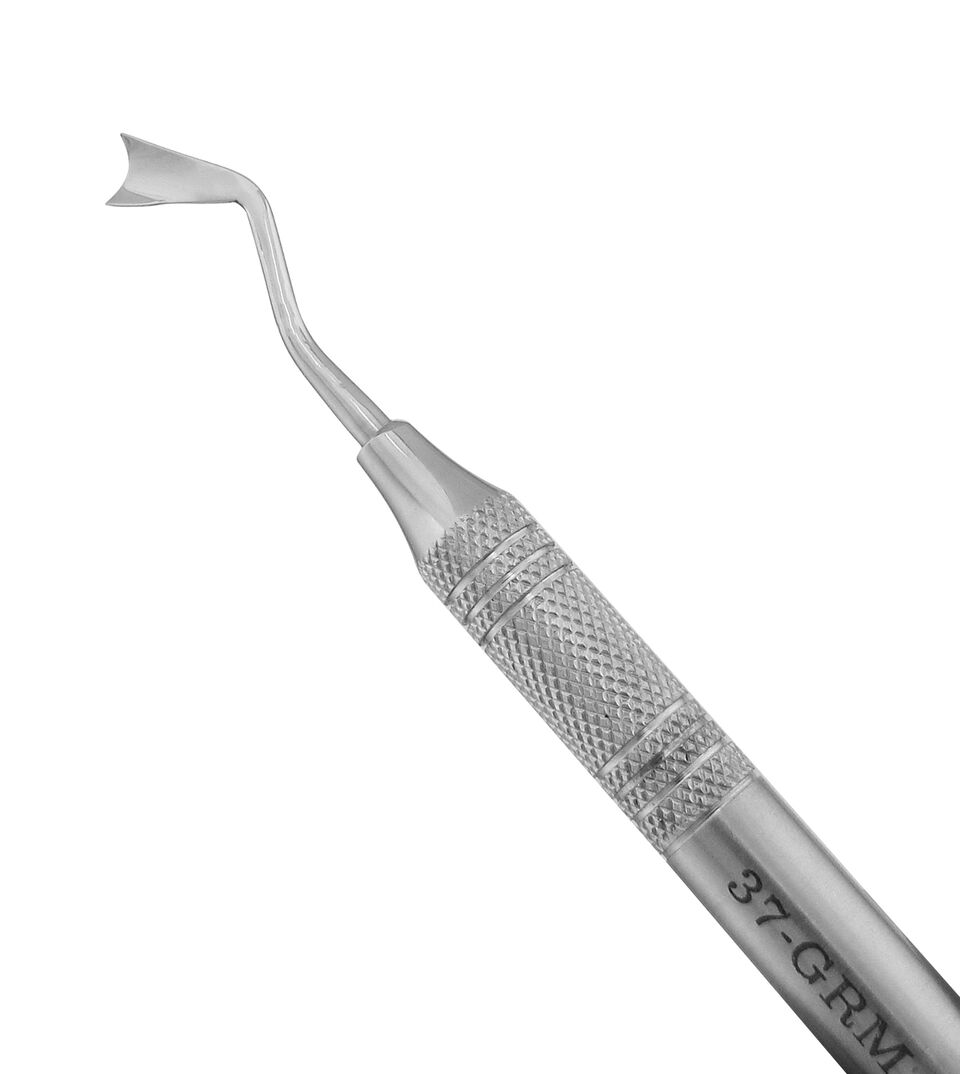 Gingival Retractors
Gingival Retractors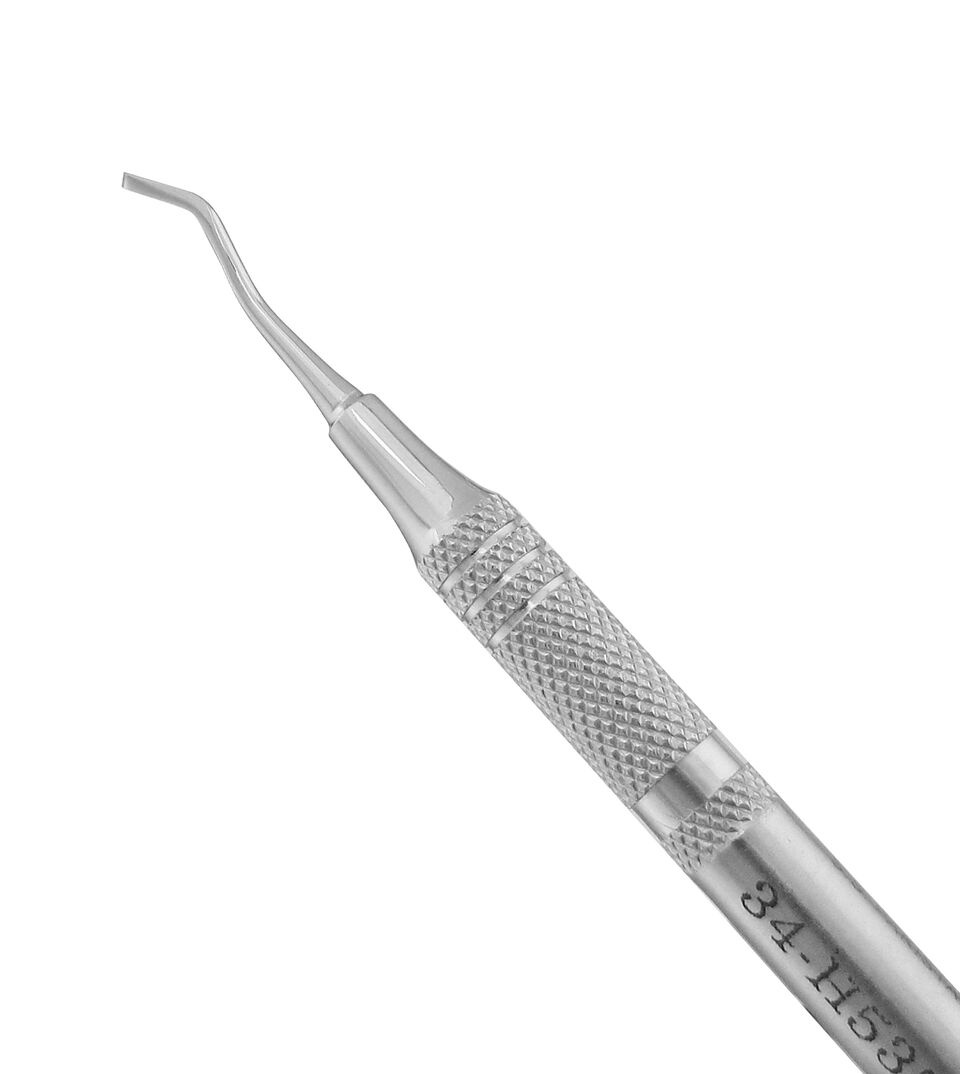 Hatchets
Hatchets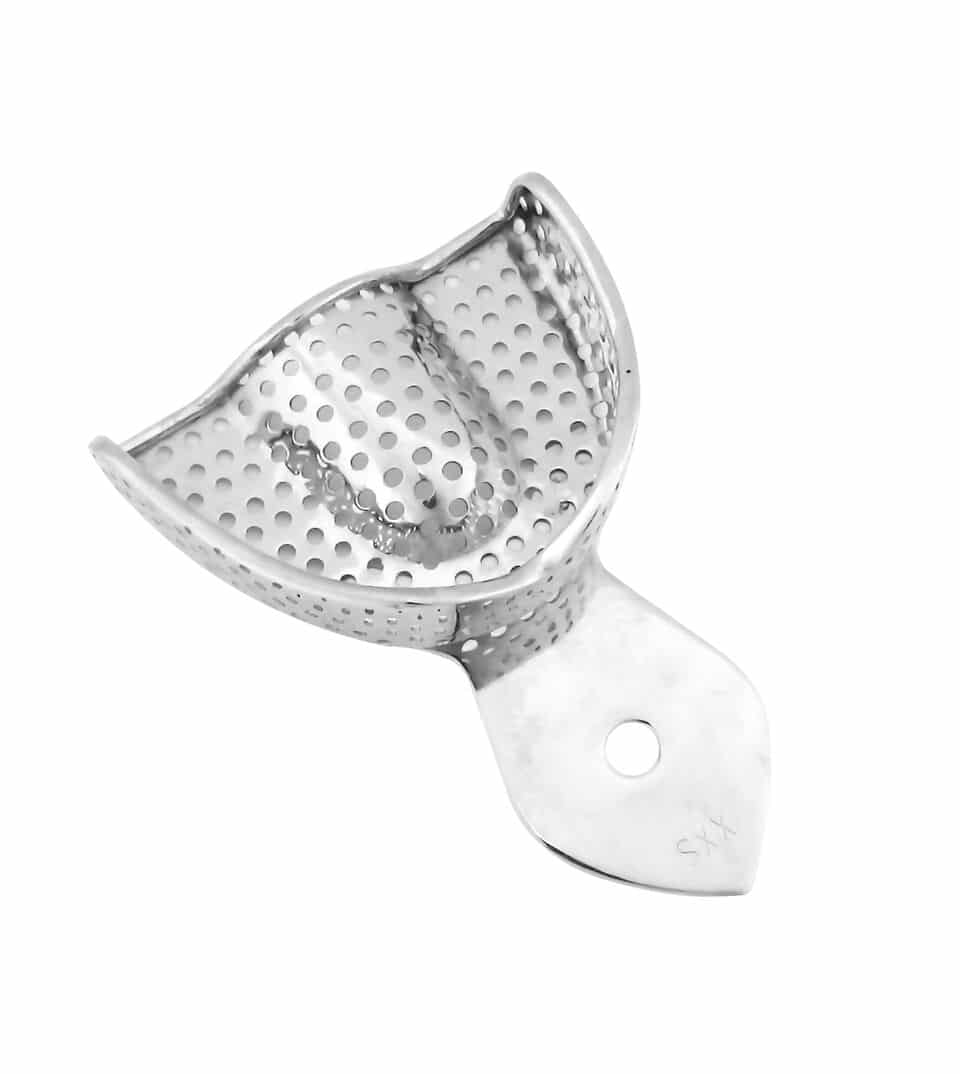 Impression Tray Sets
Impression Tray Sets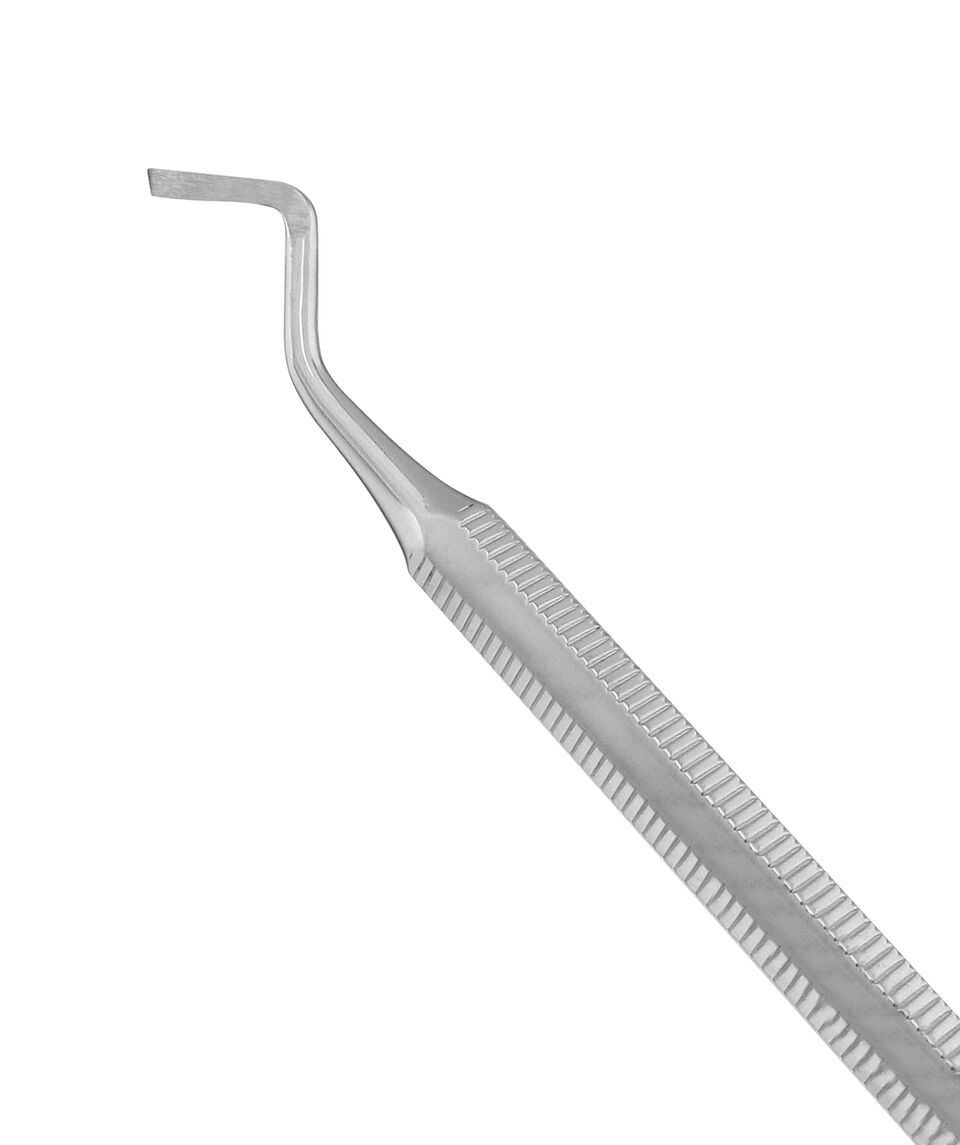 Margin Trimmers
Margin Trimmers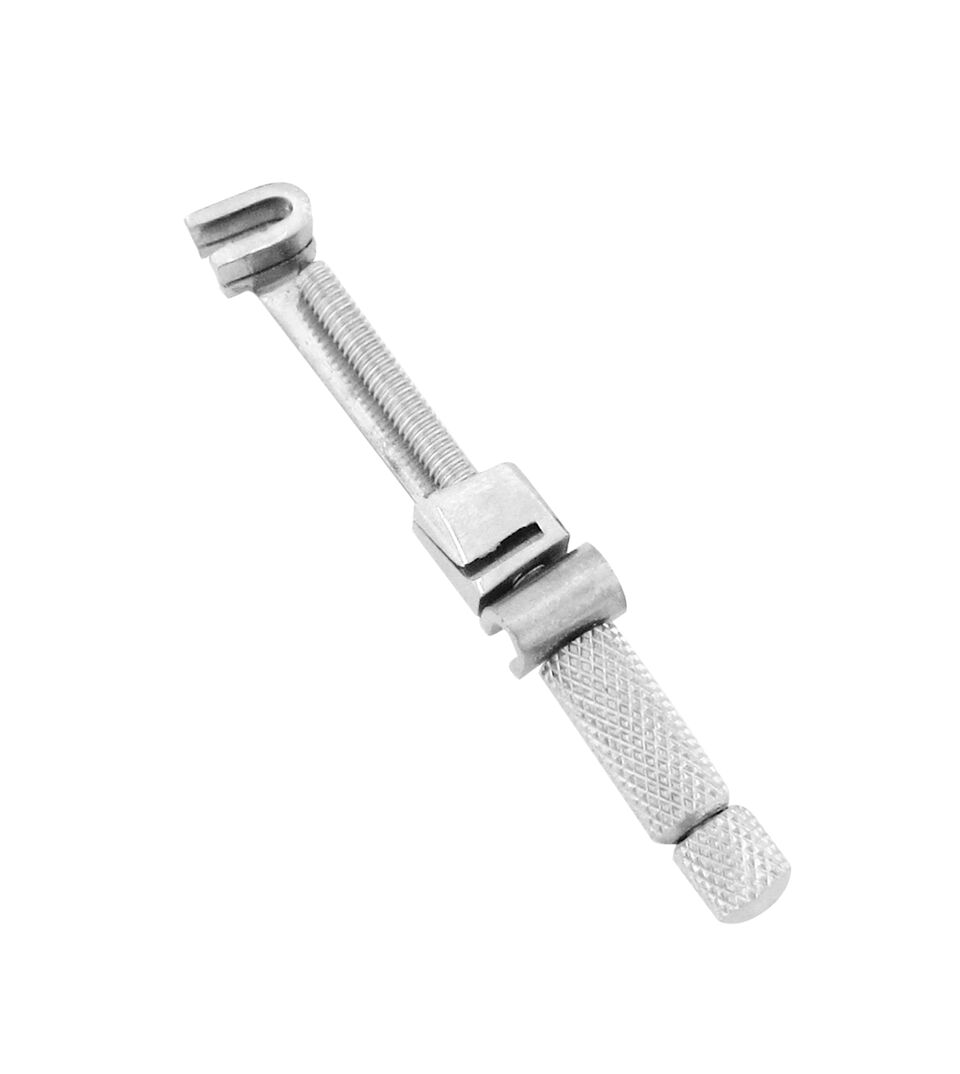 Matrix Retainers
Matrix Retainers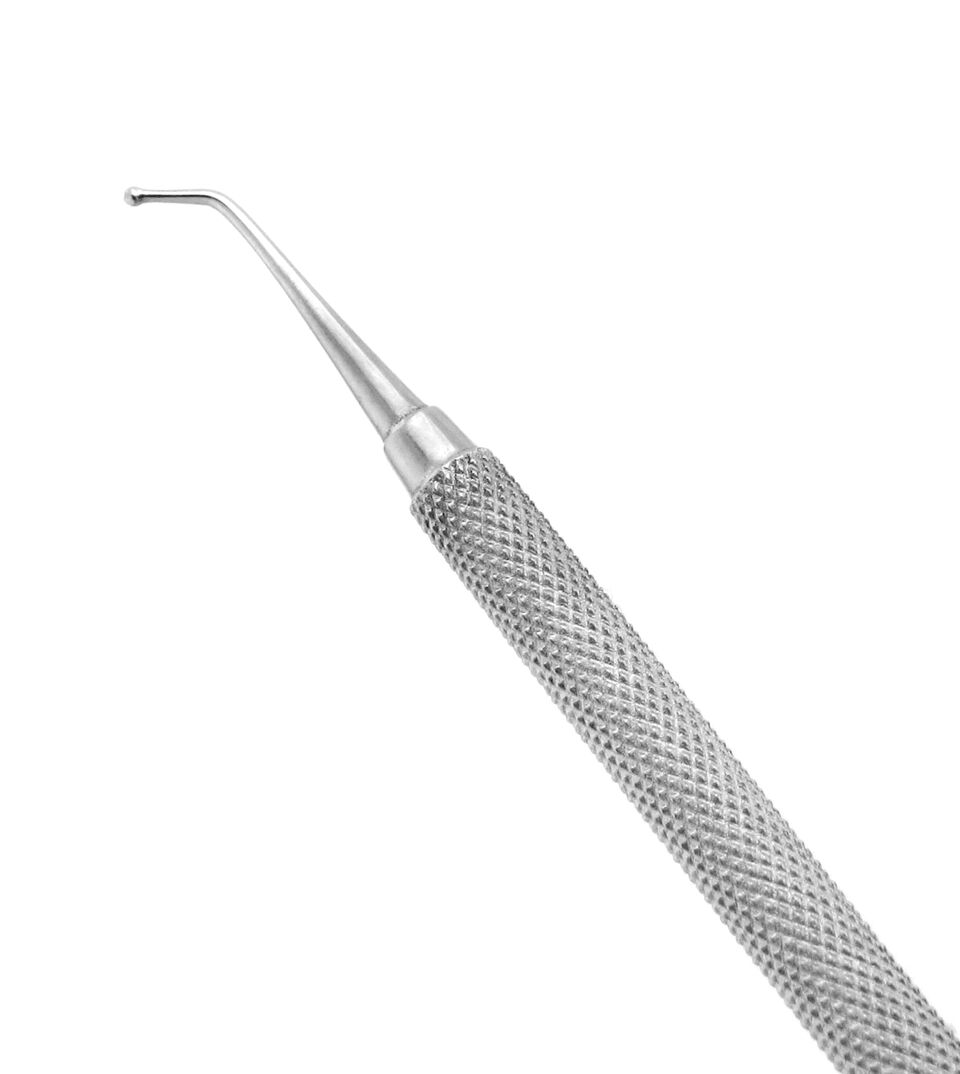 Placement Instruments
Placement Instruments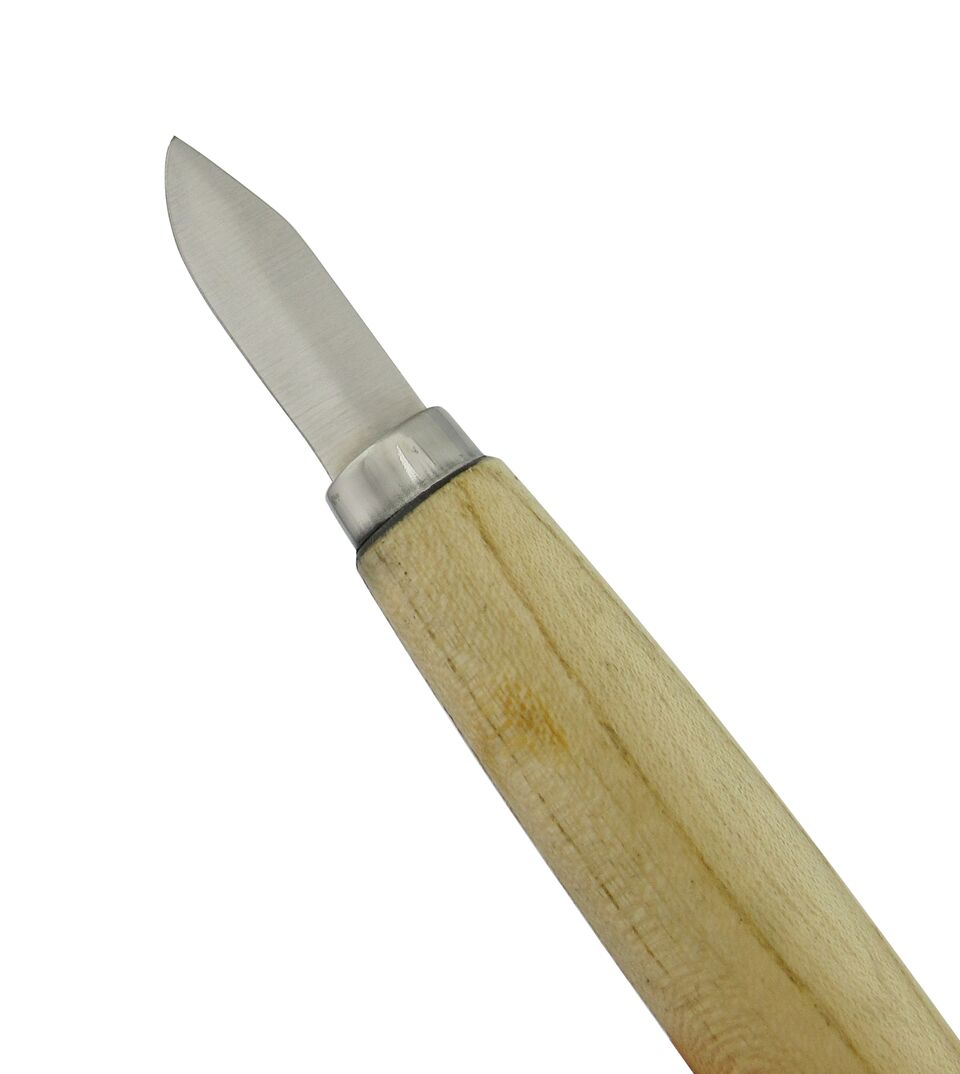 Plaster Knives & Nippers
Plaster Knives & Nippers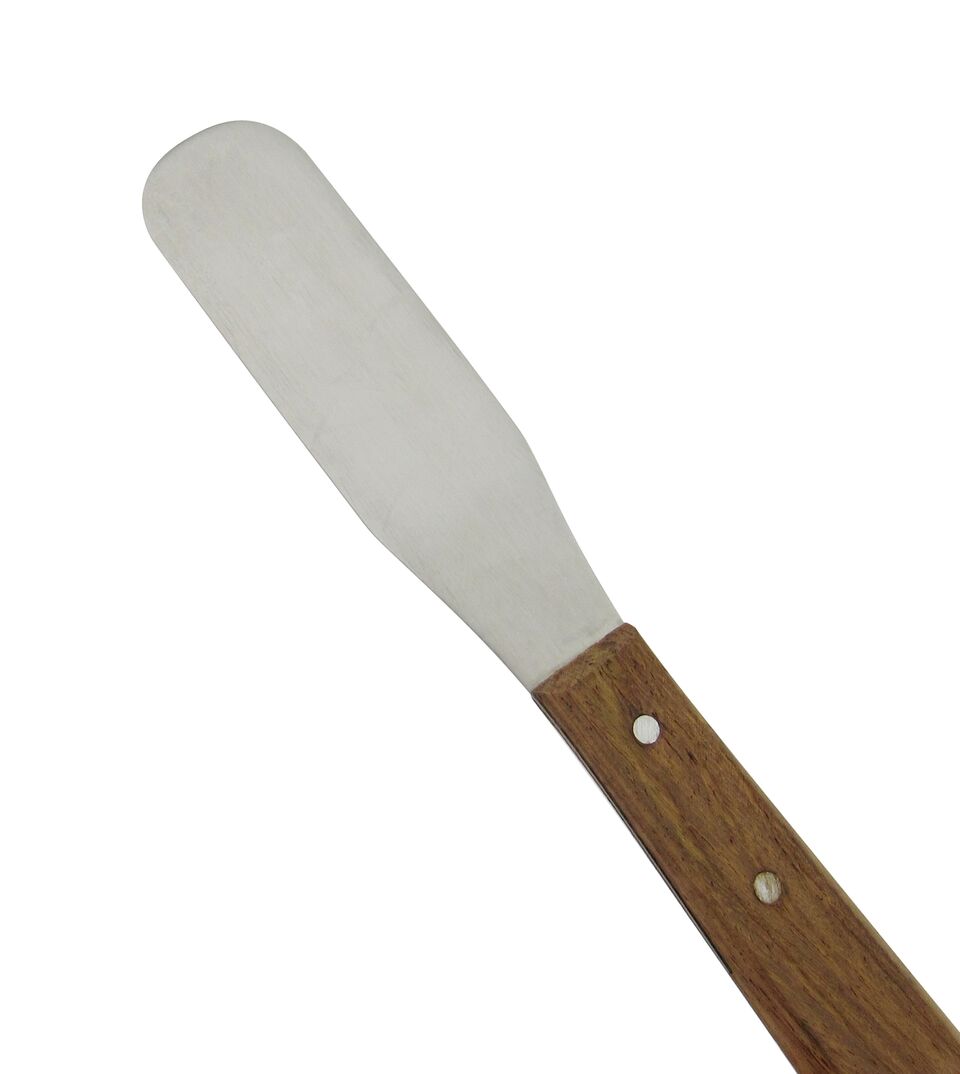 Plaster Spatulas
Plaster Spatulas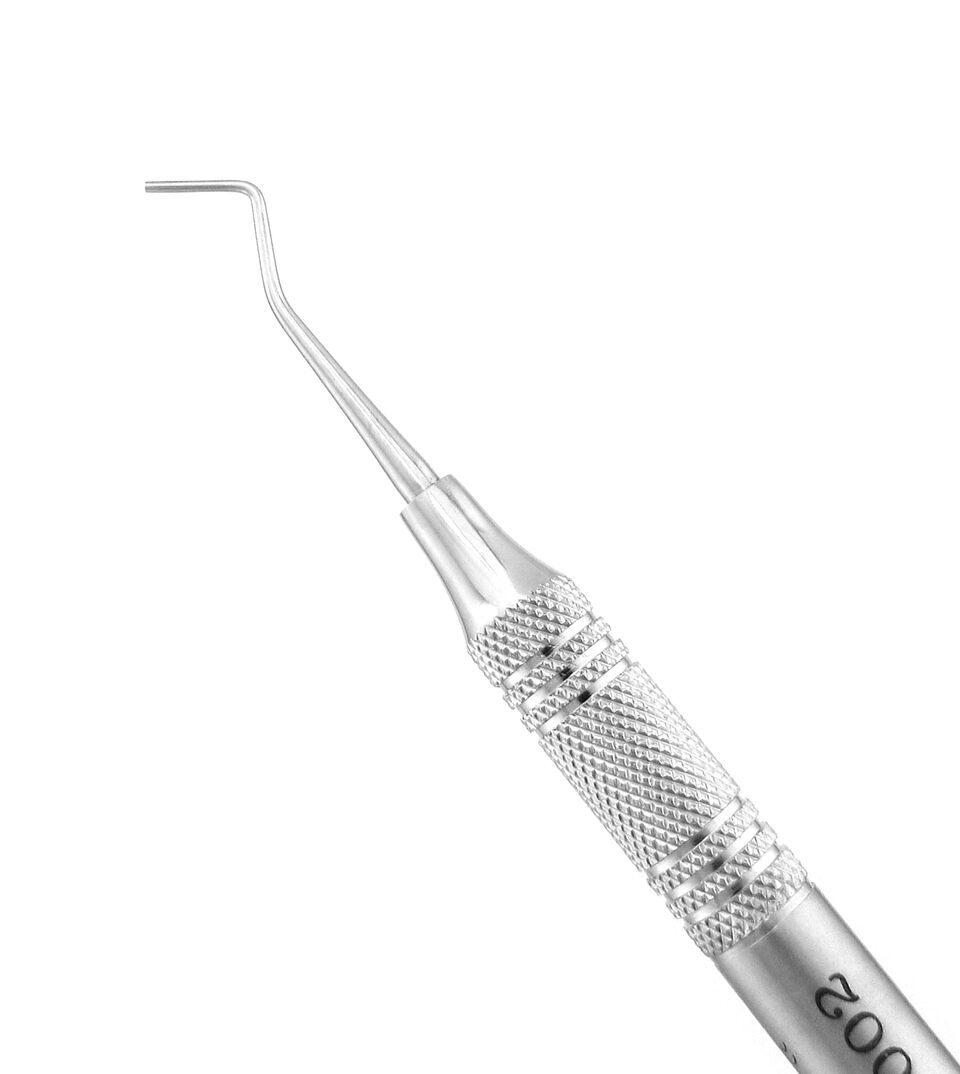 Pluggers/Condensers
Pluggers/Condensers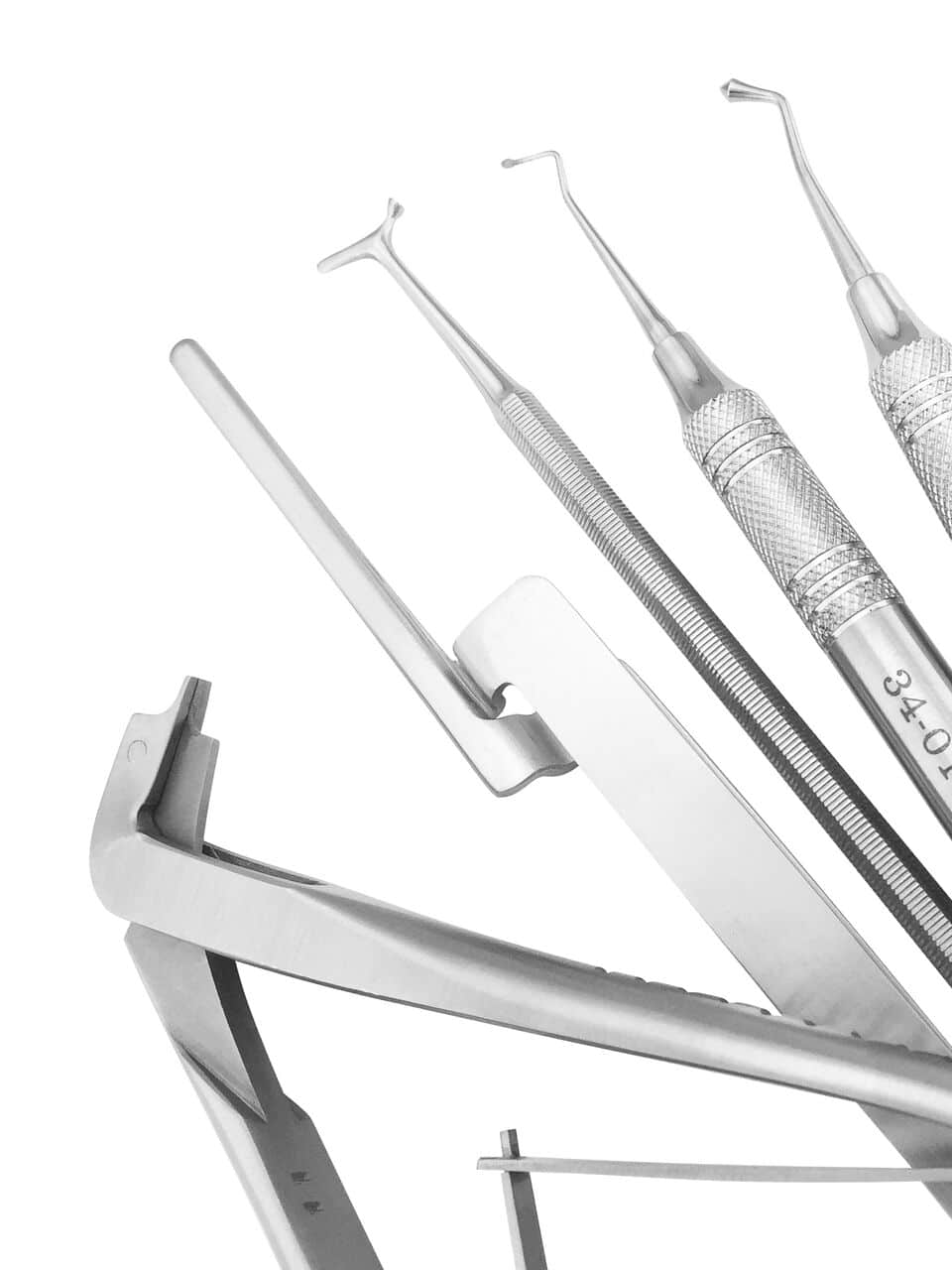 Restorative Sets
Restorative Sets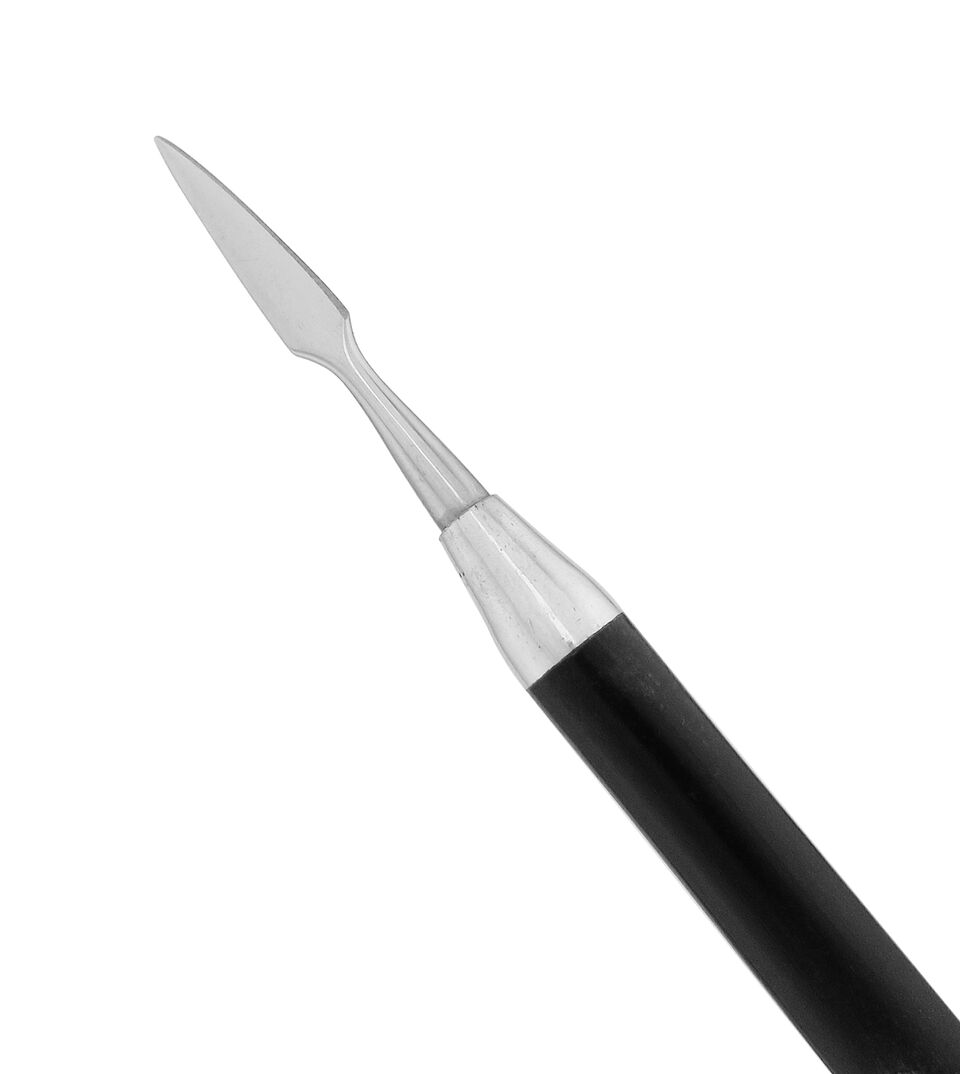 Wax & Porcelain Carvers
Wax & Porcelain Carvers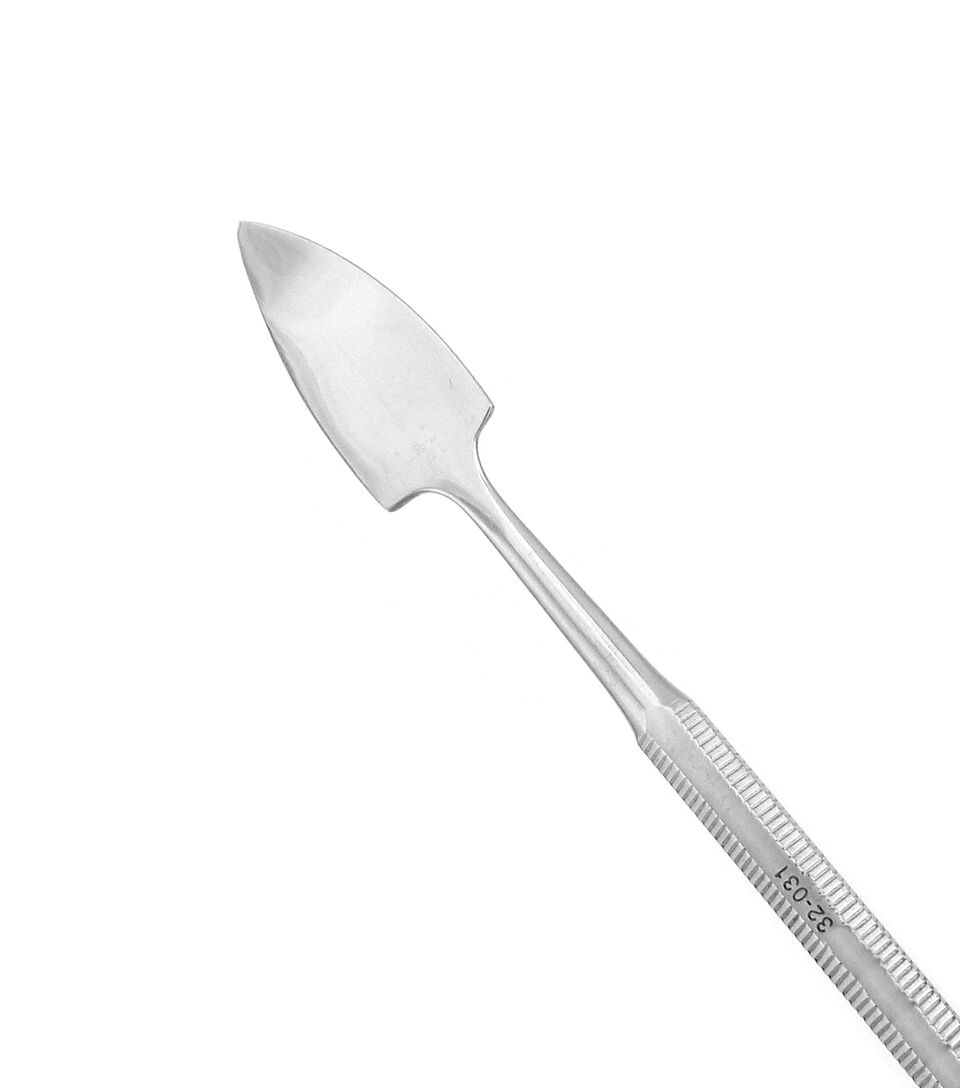 Wax Spatulas
Wax Spatulas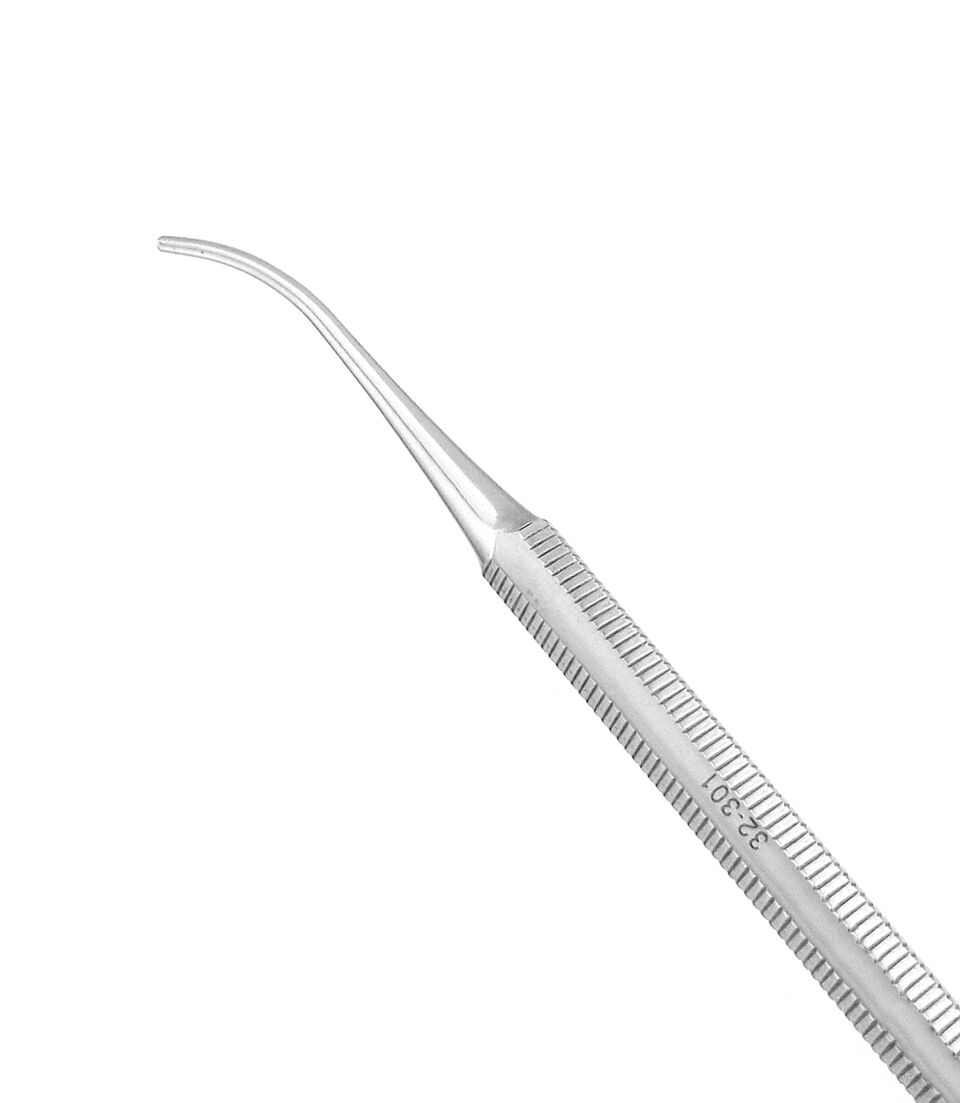 Waxing Instruments
Waxing Instruments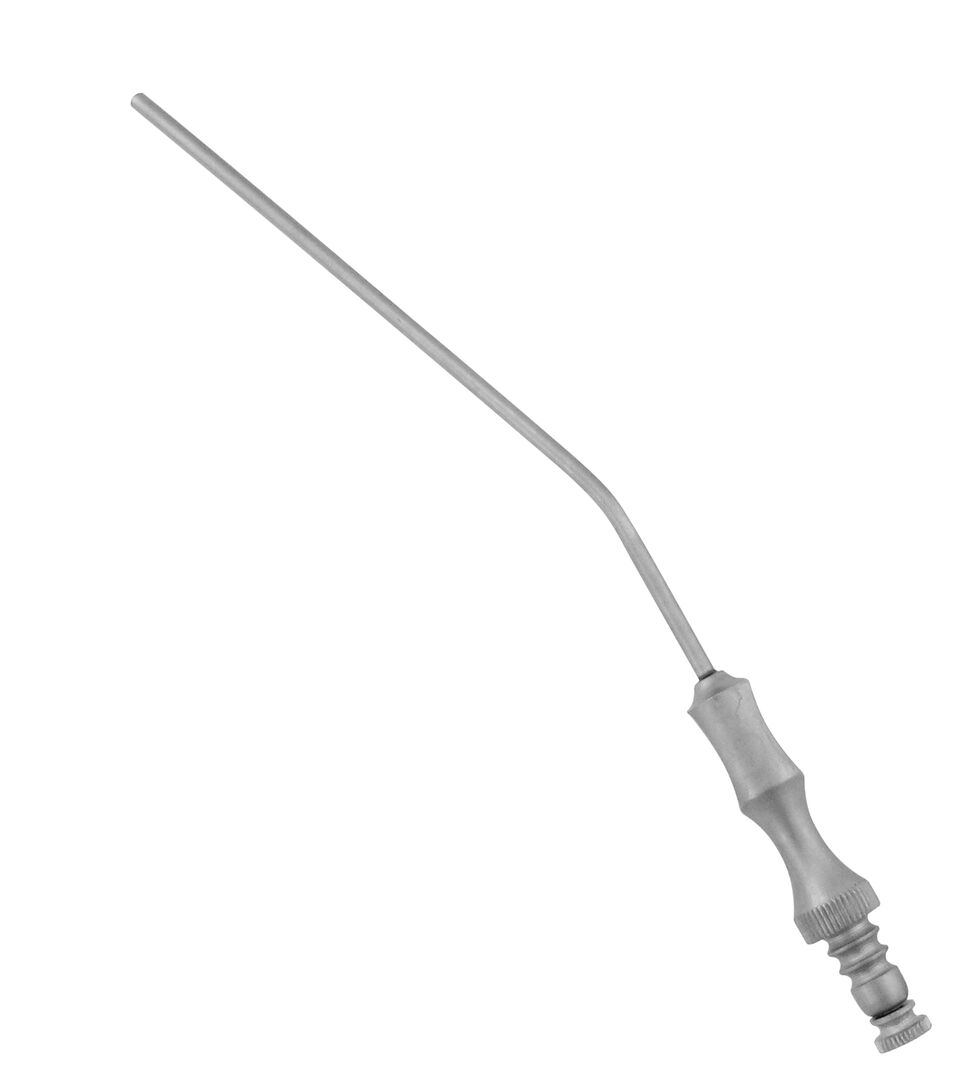 Aspirators
Aspirators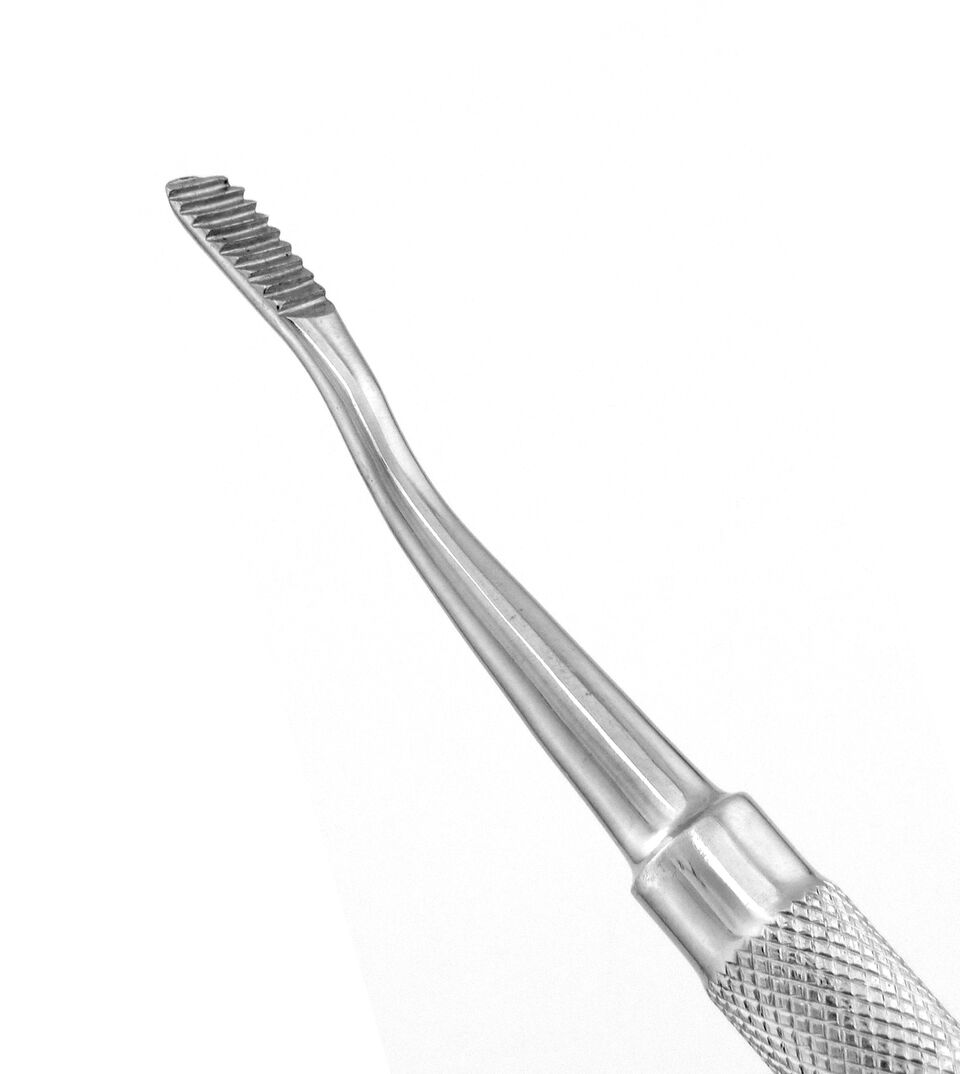 Bone Chisels
Bone Chisels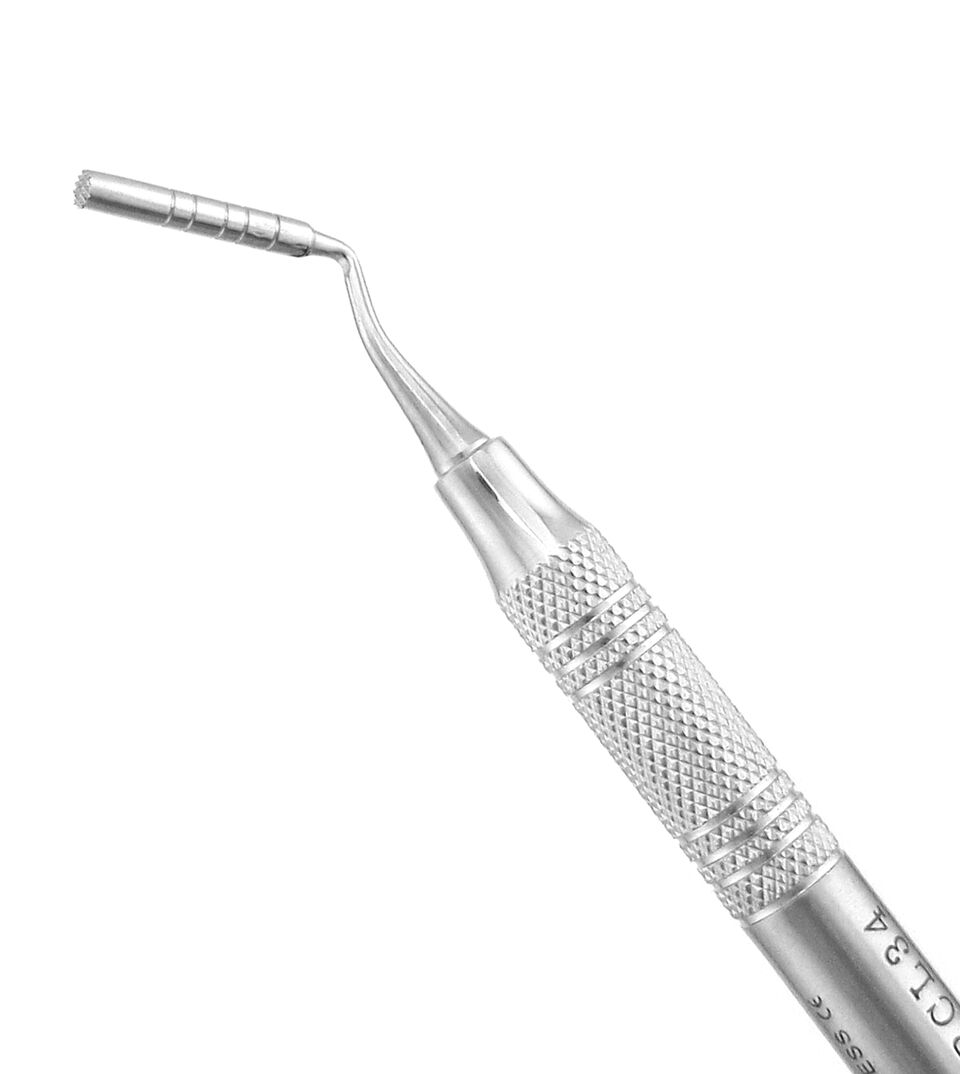 Bone Grafting Instruments
Bone Grafting Instruments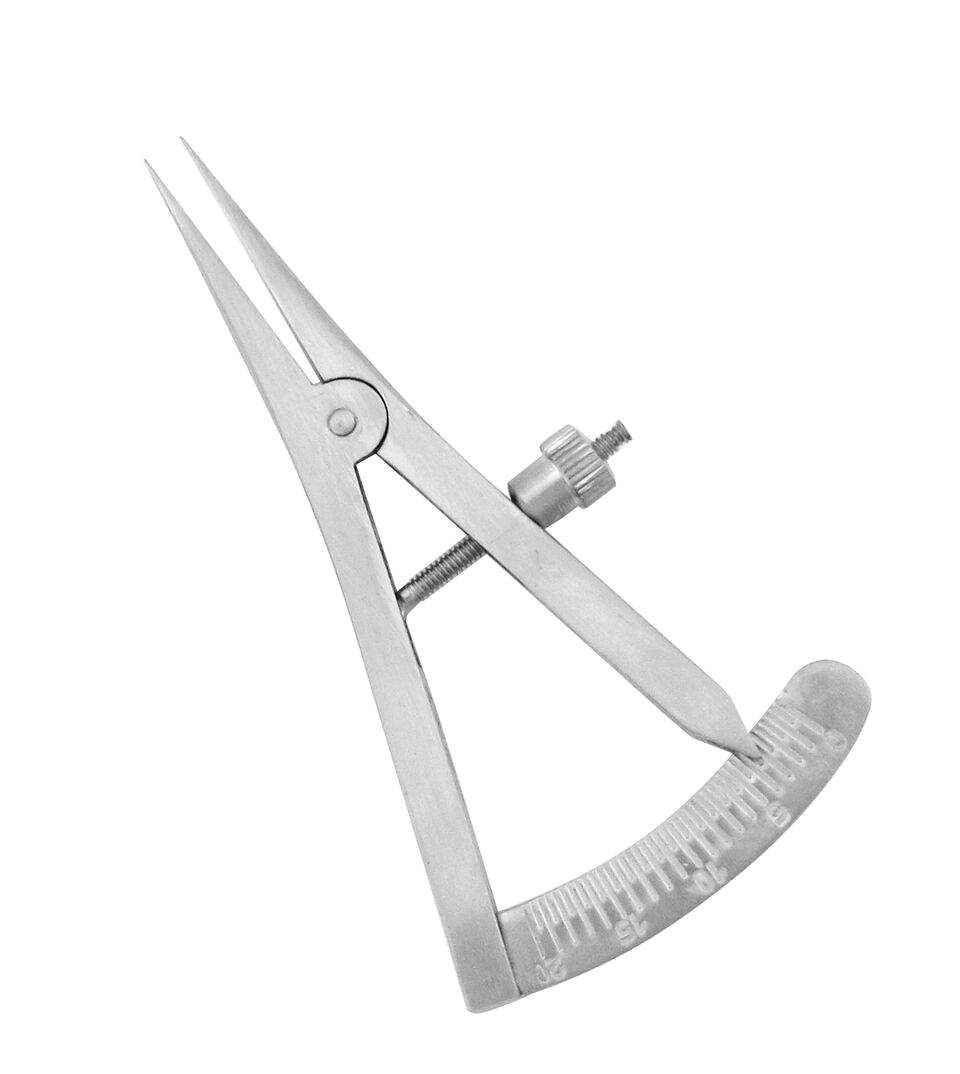 Calipers
Calipers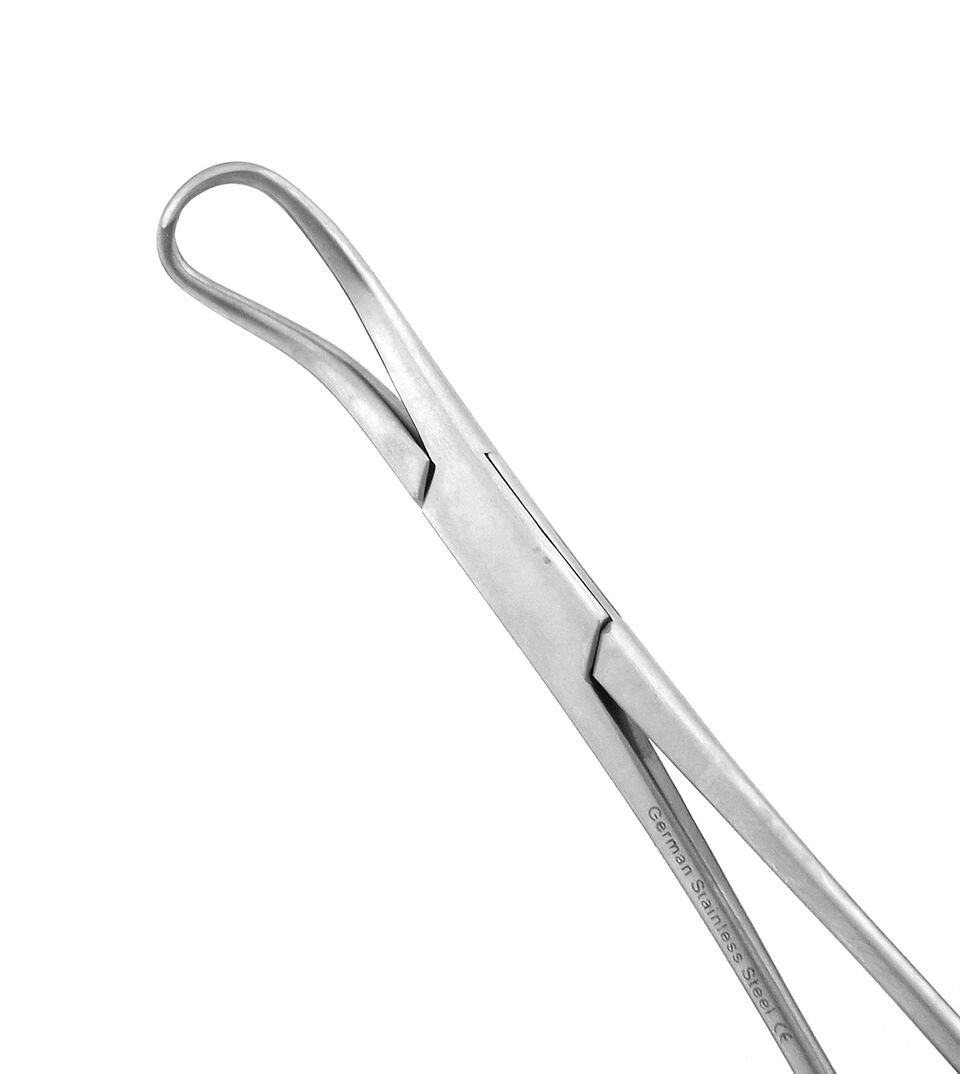 Clamps
Clamps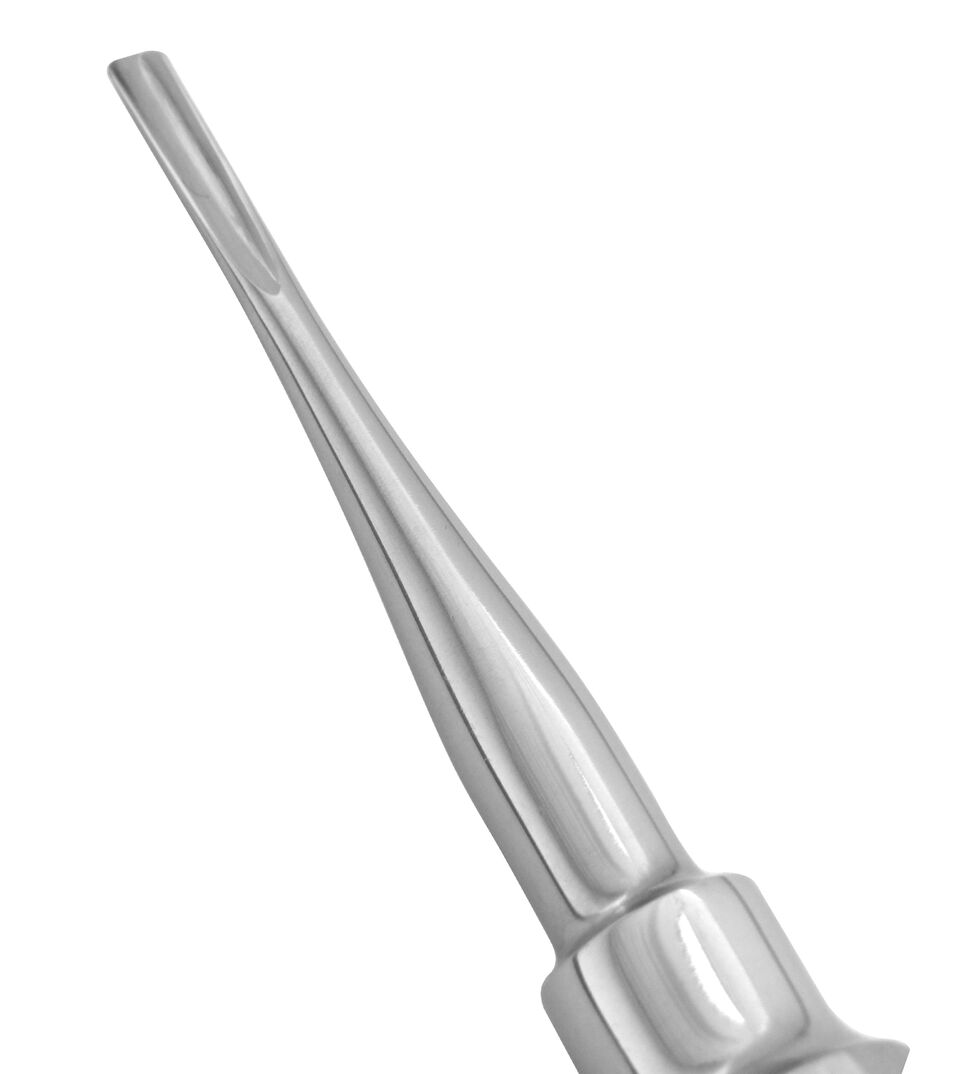 Dental Elevators
Dental Elevators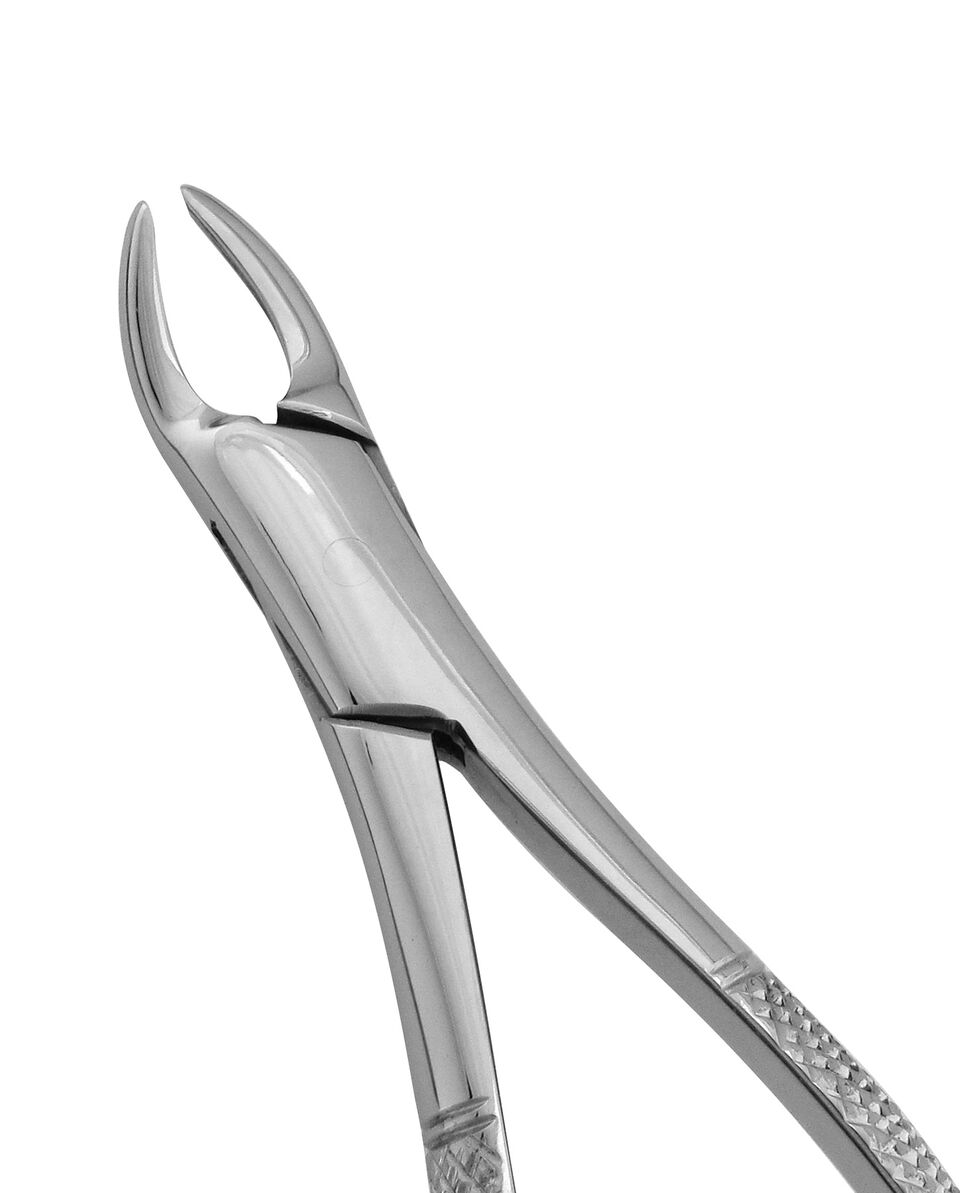 Extraction Forceps
Extraction Forceps Hemostats & Forceps
Hemostats & Forceps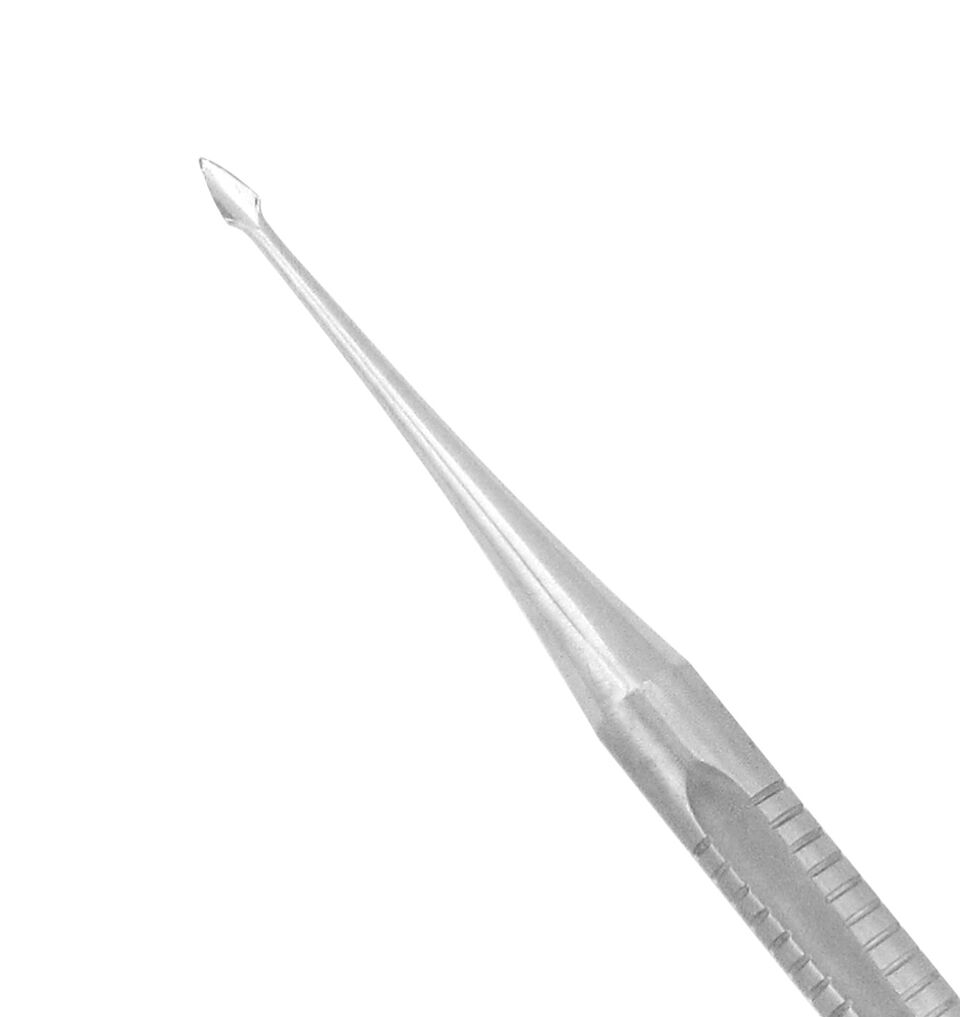 Hybrid Instruments
Hybrid Instruments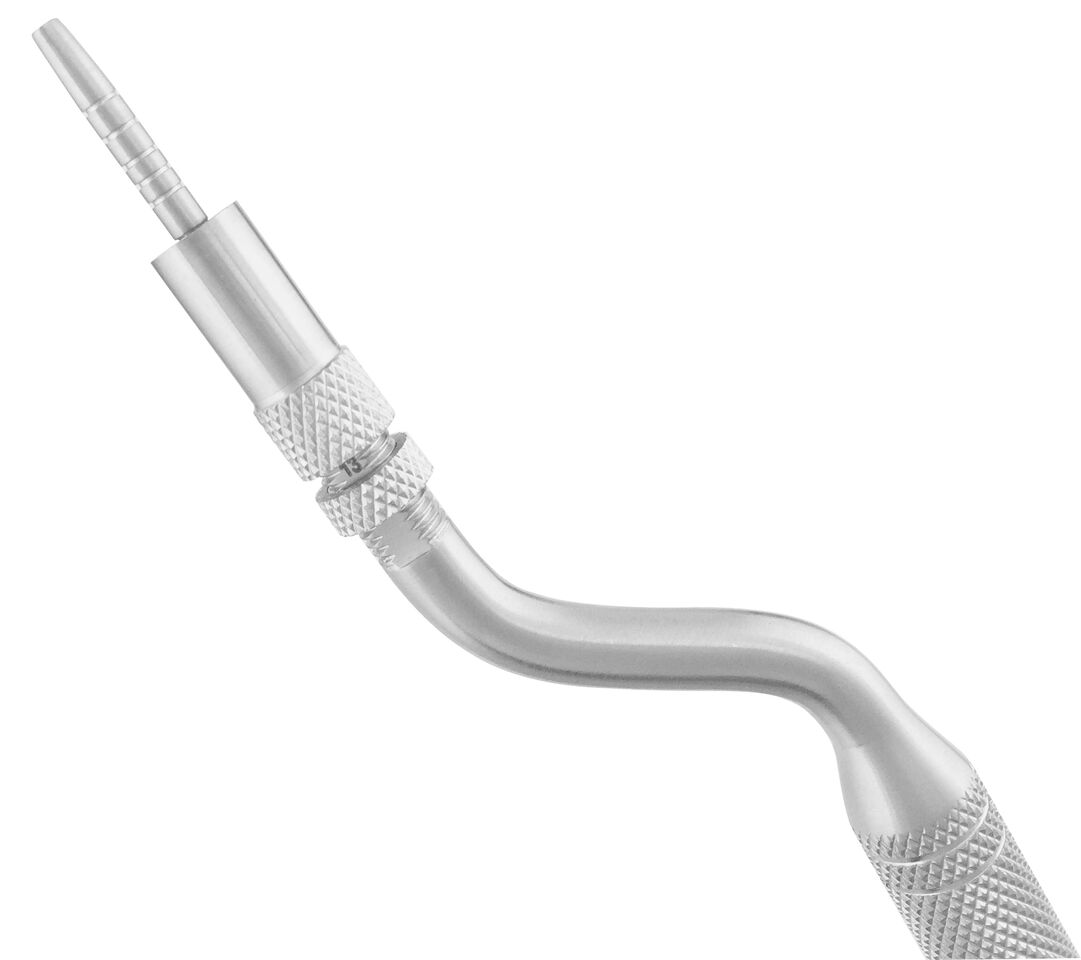 Implant Instruments
Implant Instruments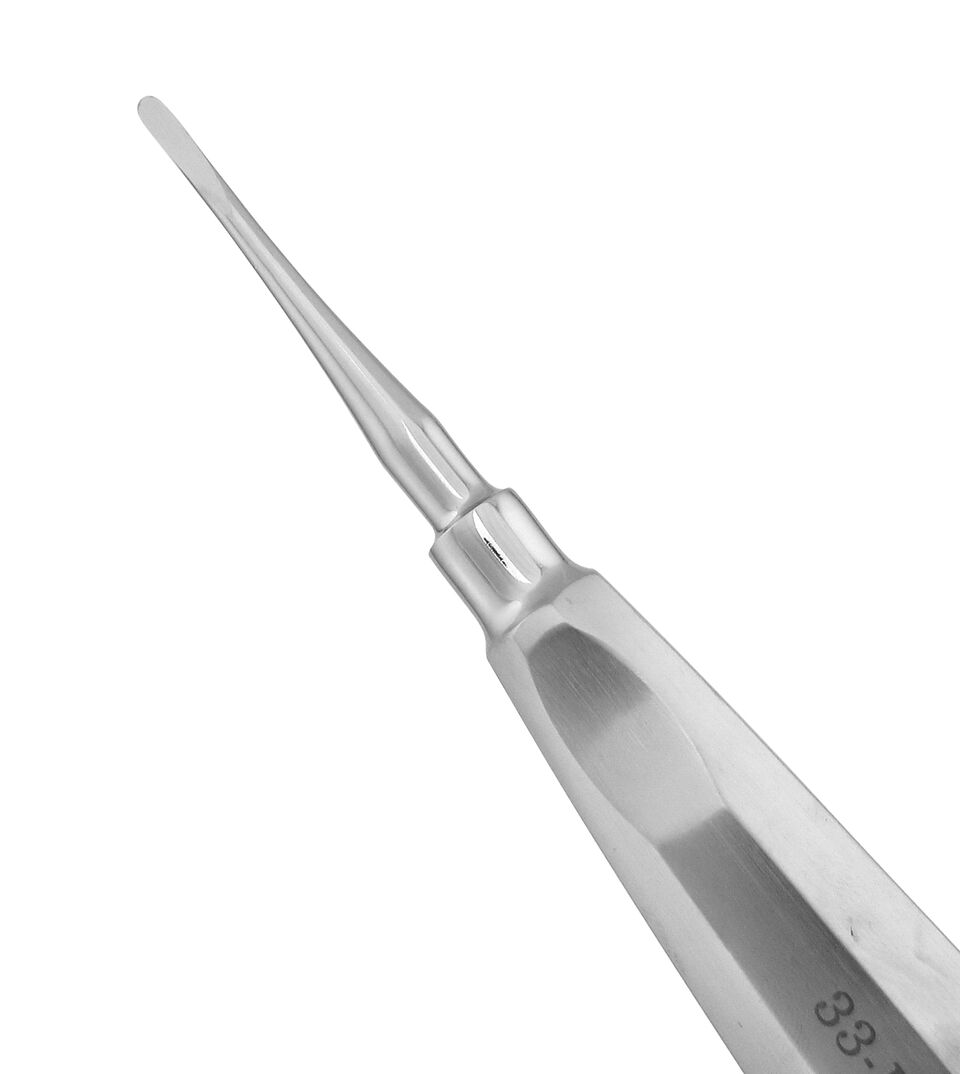 Luxating Elevators
Luxating Elevators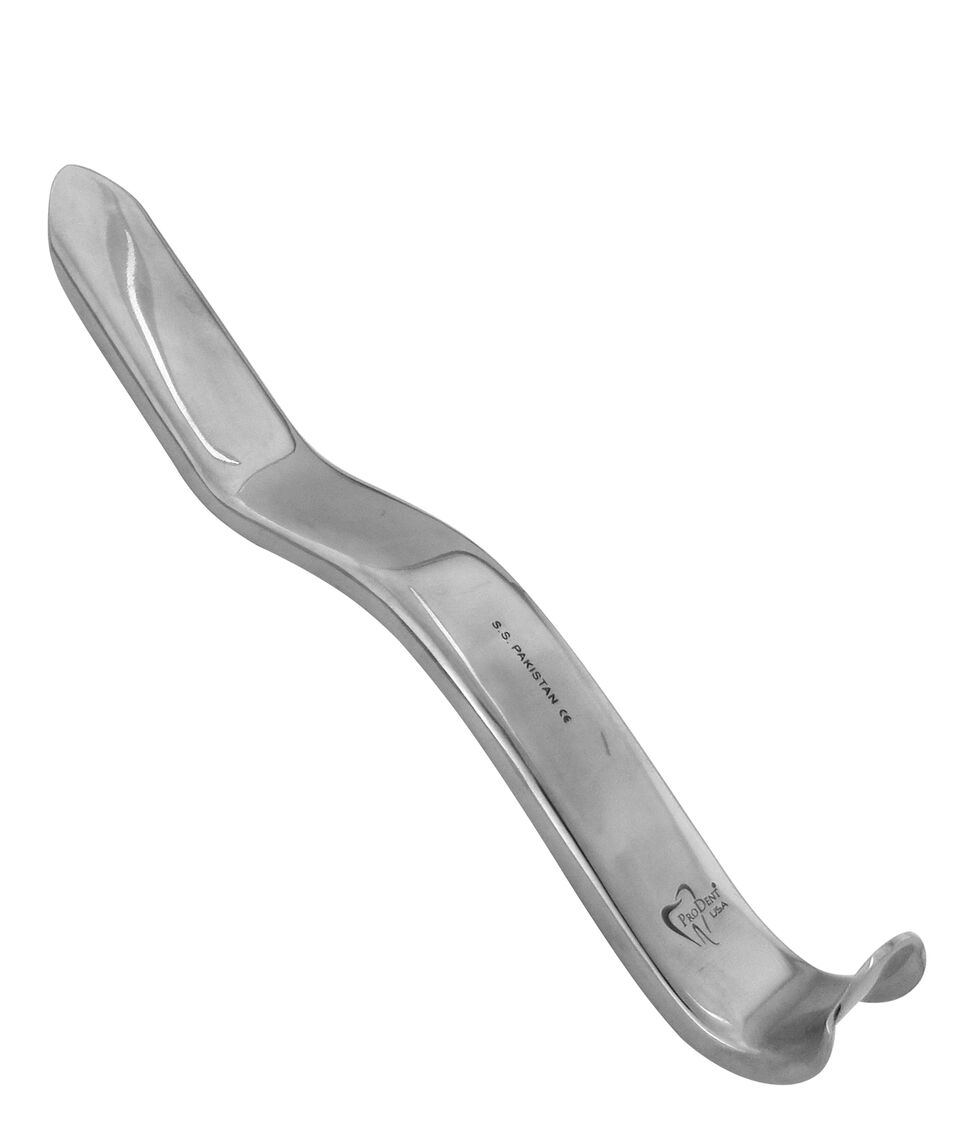 Mouth Gags & Retractors
Mouth Gags & Retractors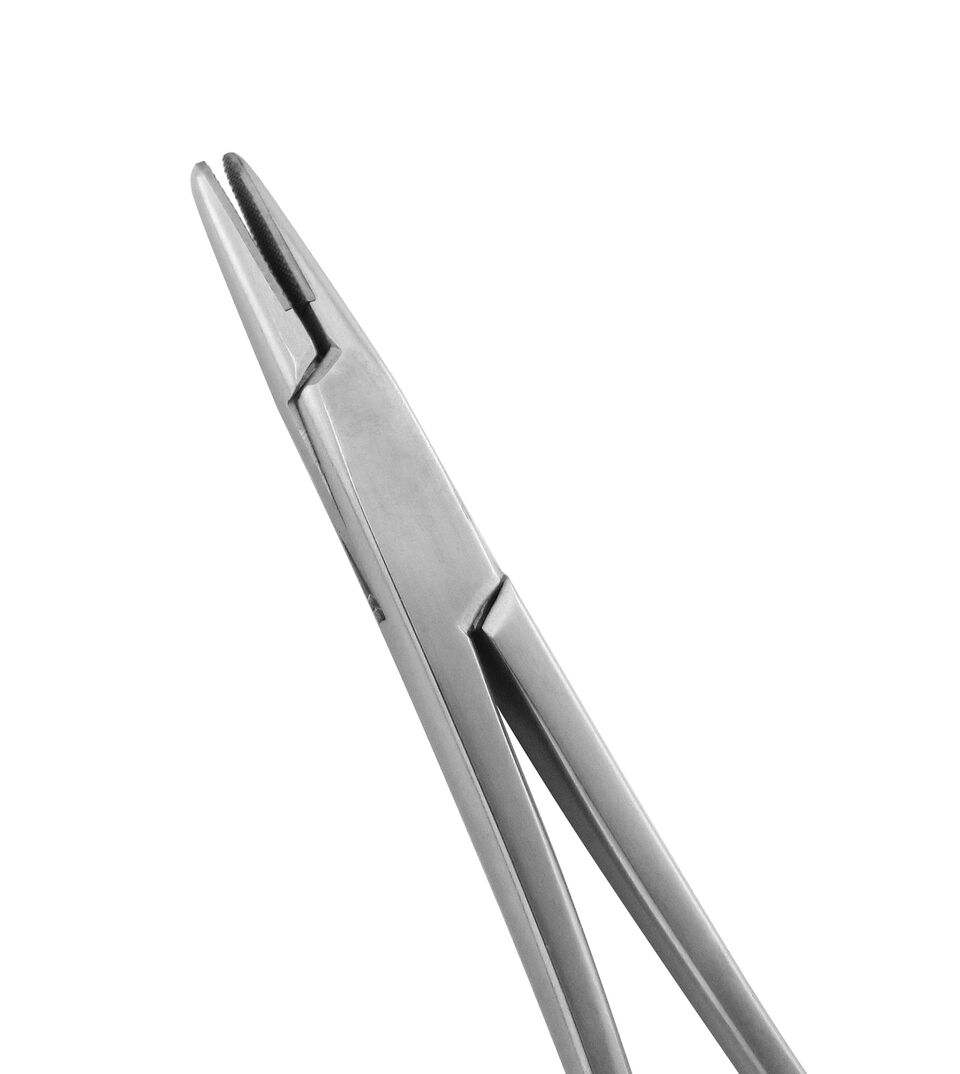 Needle Holders
Needle Holders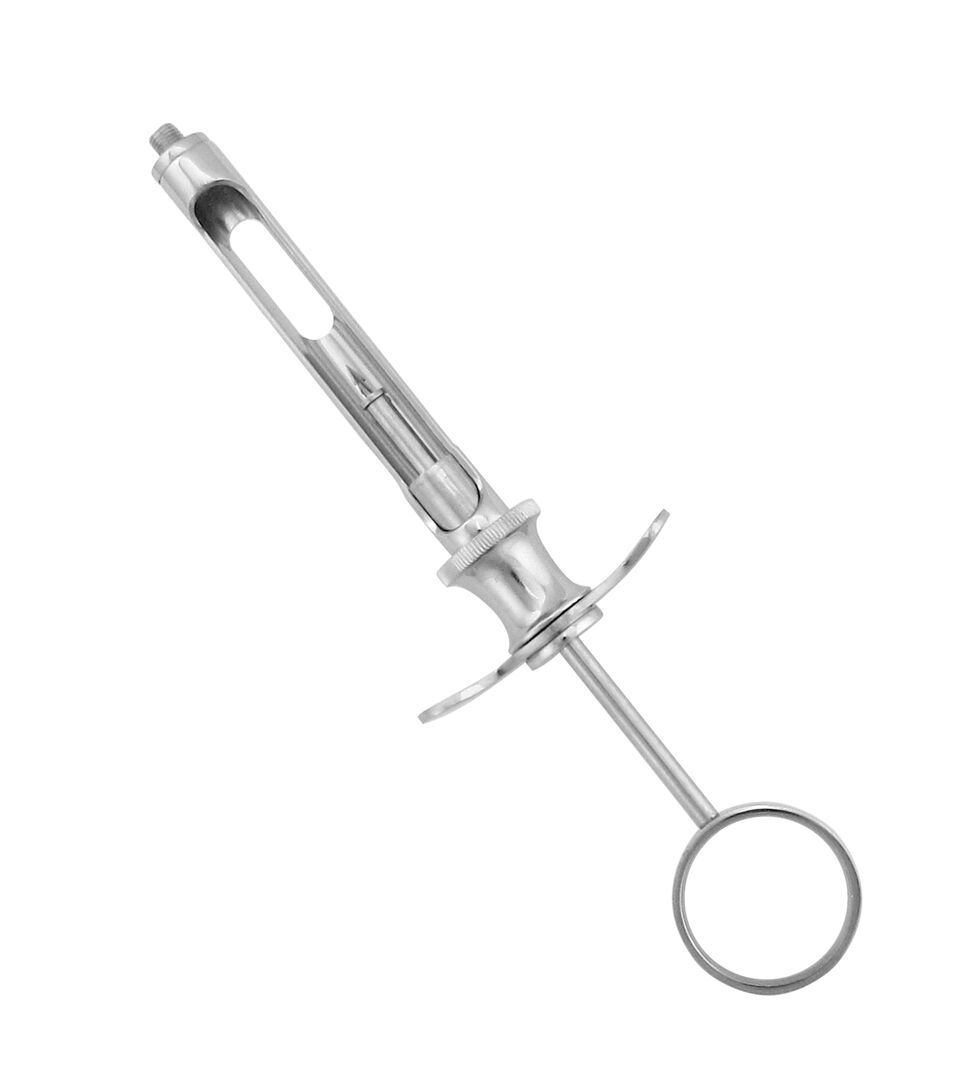 Oral Surgery Aspirating Syringes
Oral Surgery Aspirating Syringes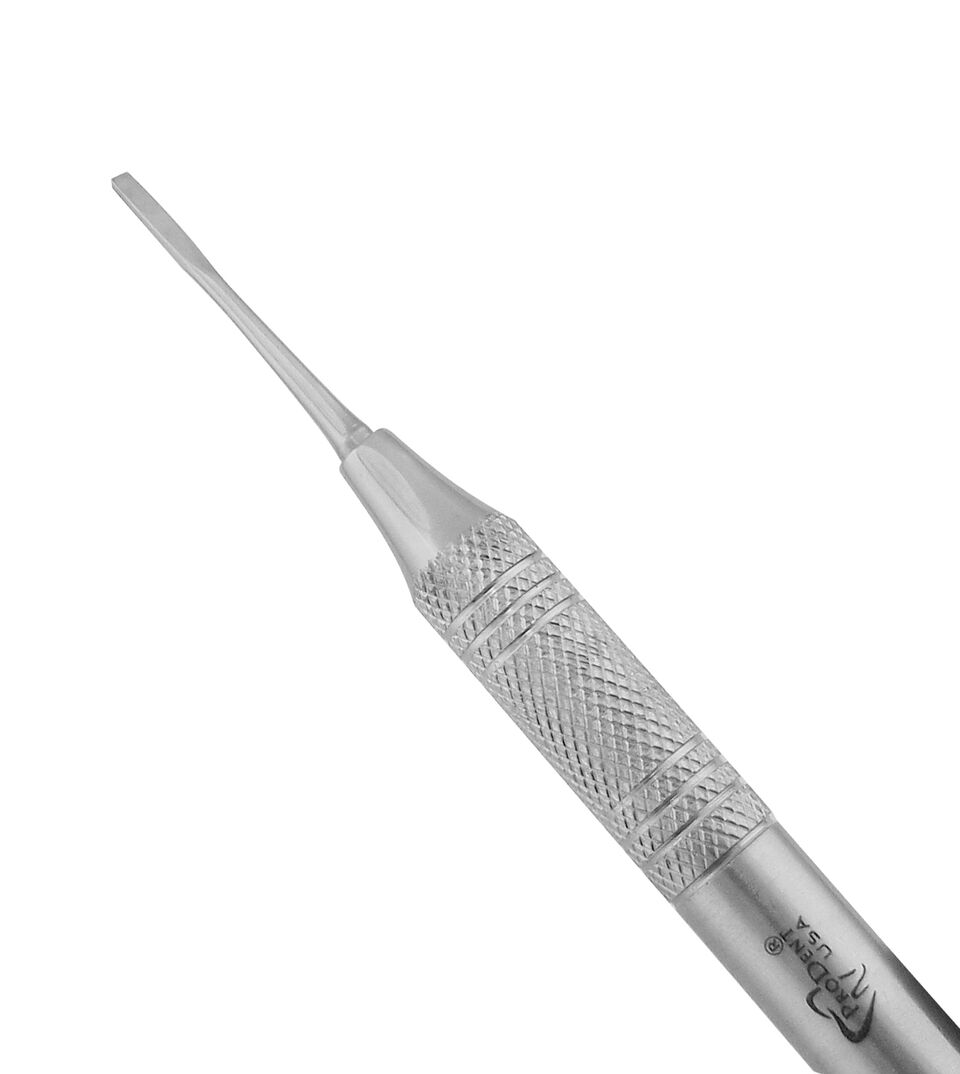 Periodontal Surgical Instruments
Periodontal Surgical Instruments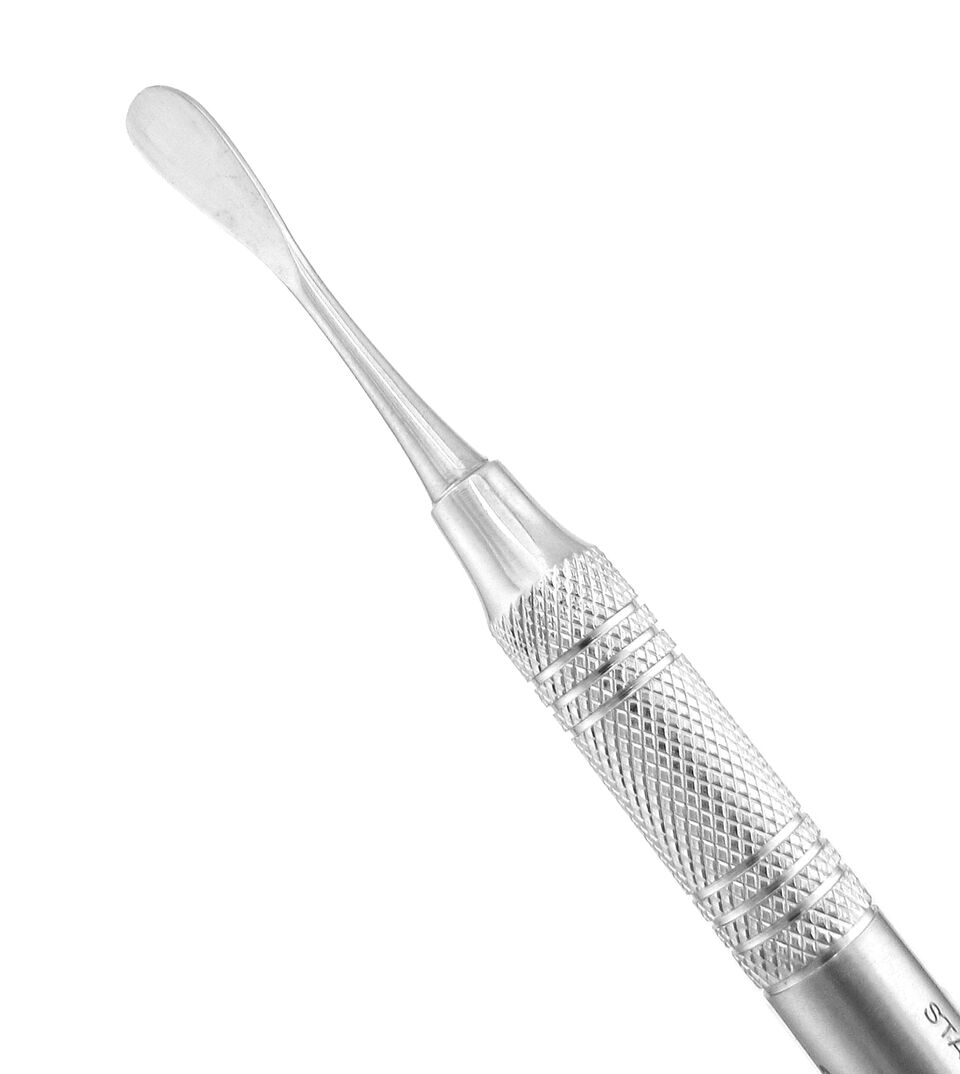 Periosteal Elevators
Periosteal Elevators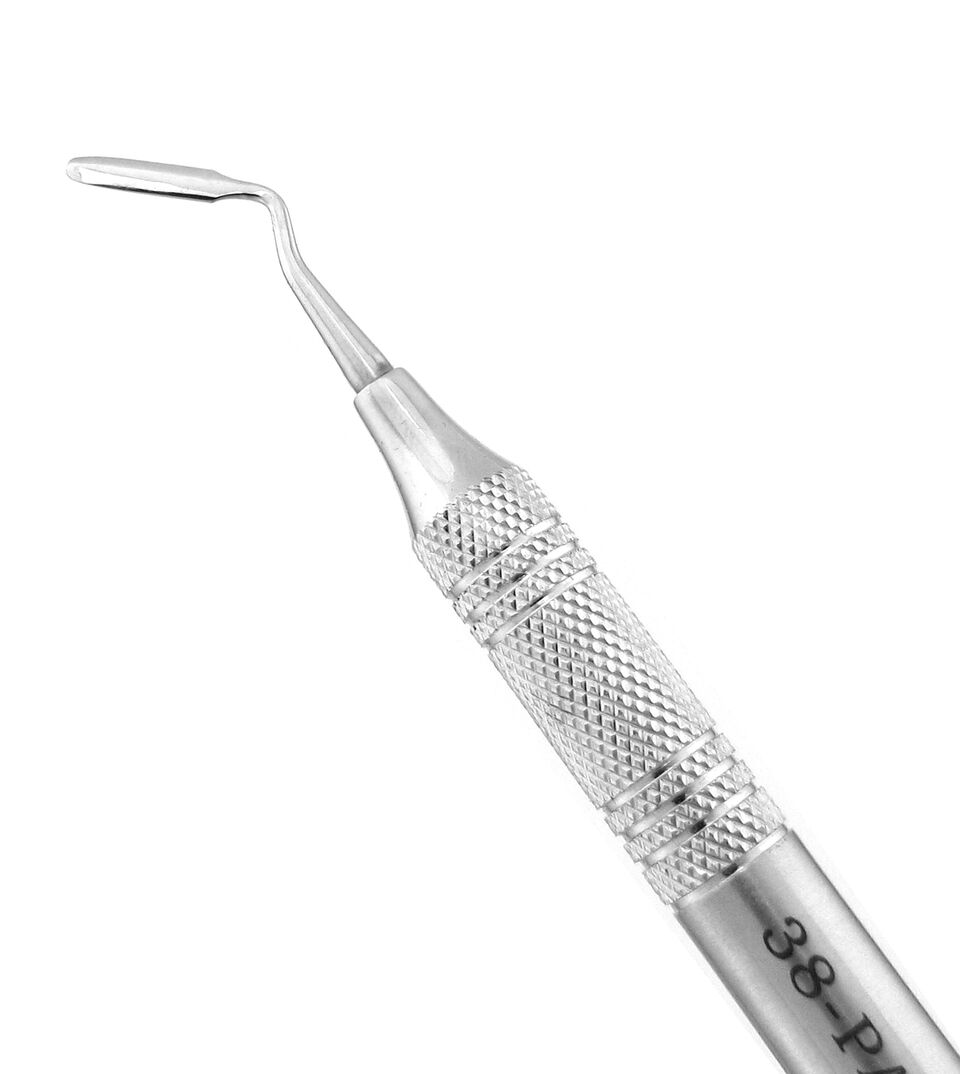 Periotomes
Periotomes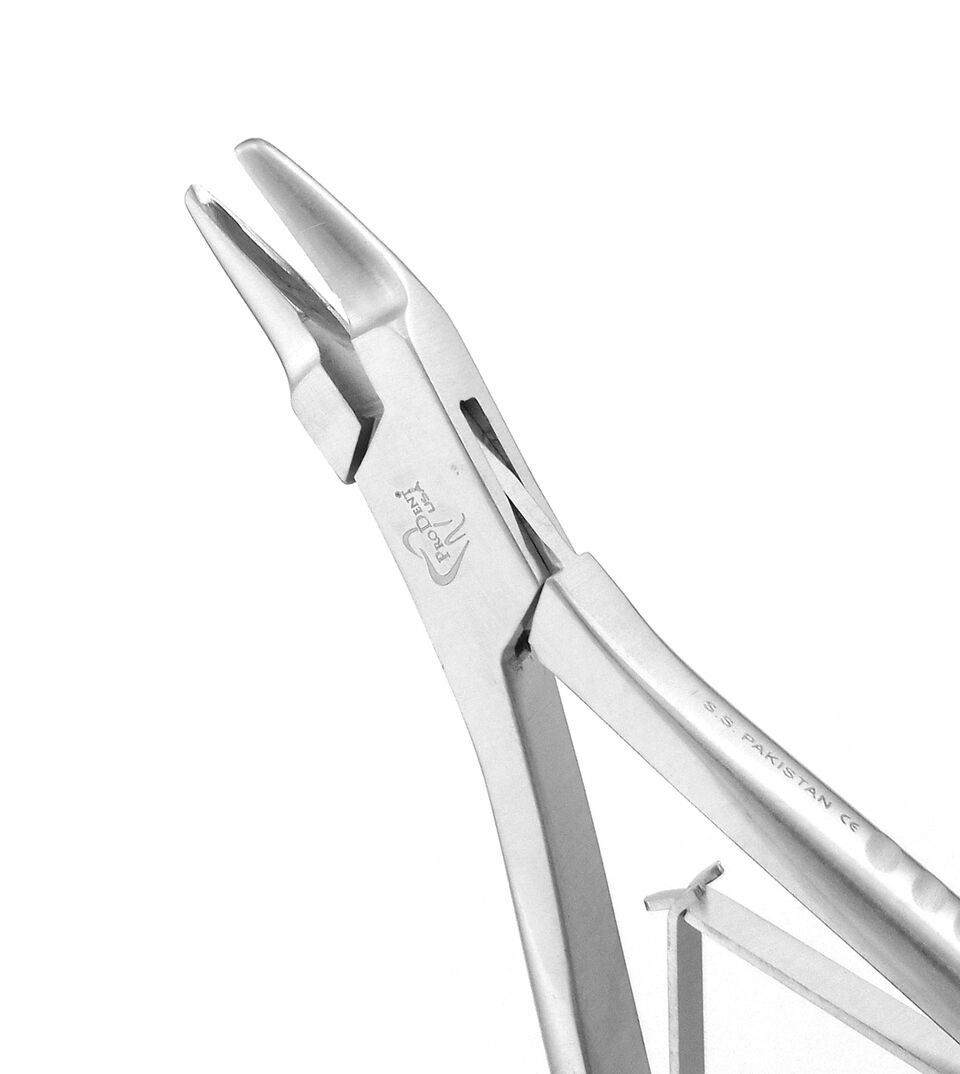 Rongeurs
Rongeurs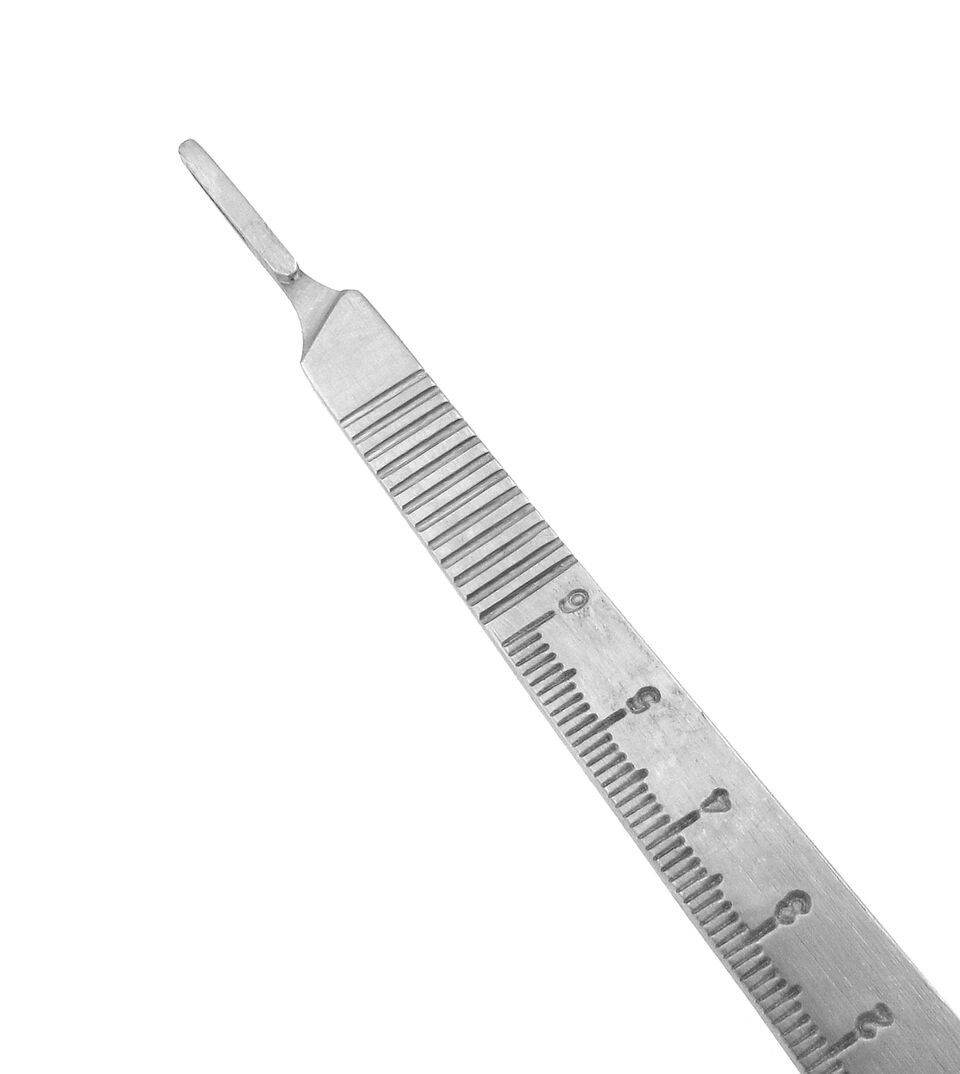 Scalpel Handles
Scalpel Handles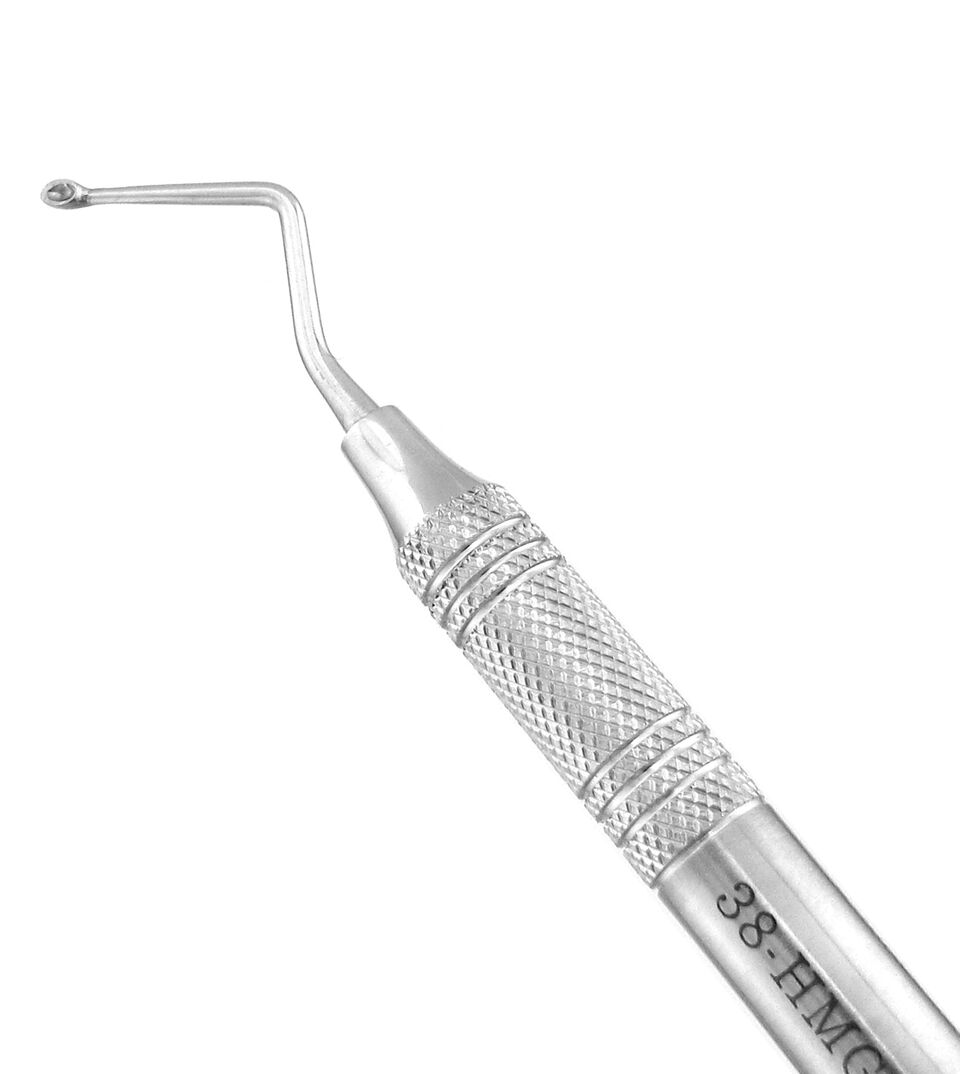 Surgical Curettes
Surgical Curettes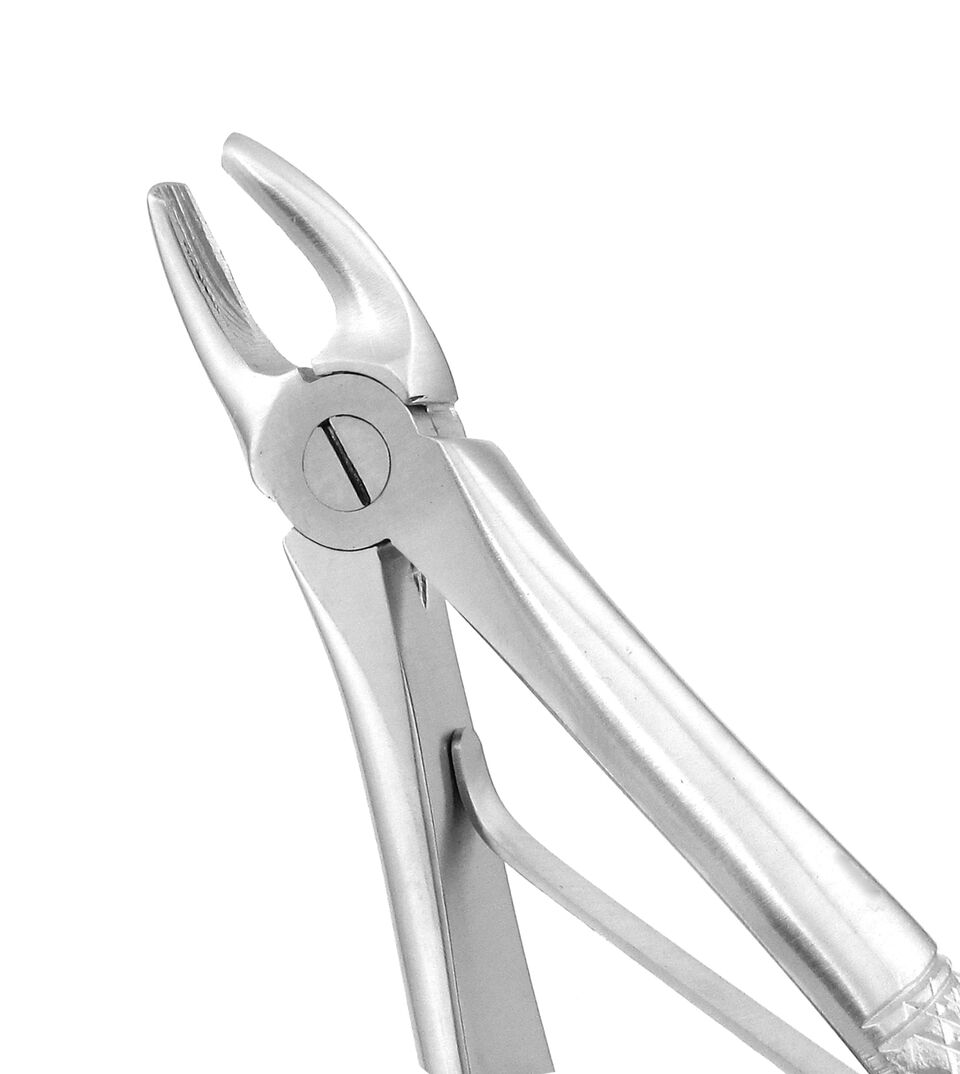 Surgical Pediatric Forceps
Surgical Pediatric Forceps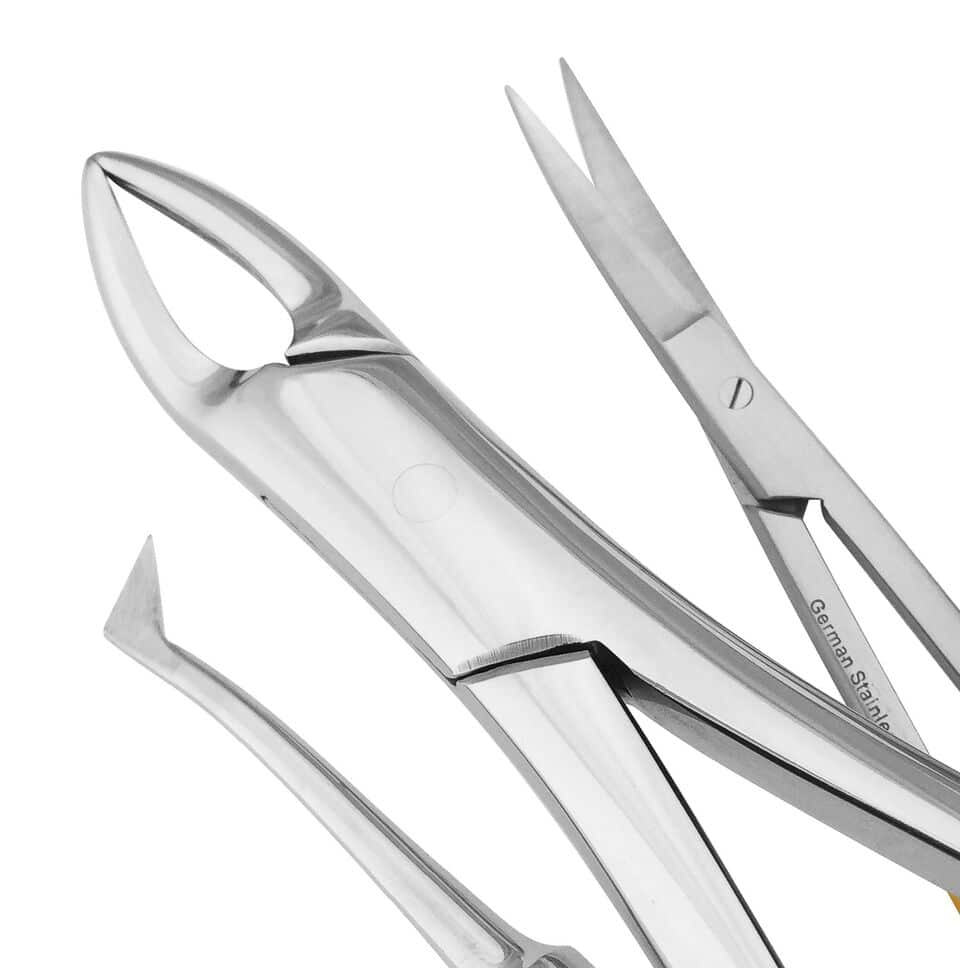 Surgical Sets
Surgical Sets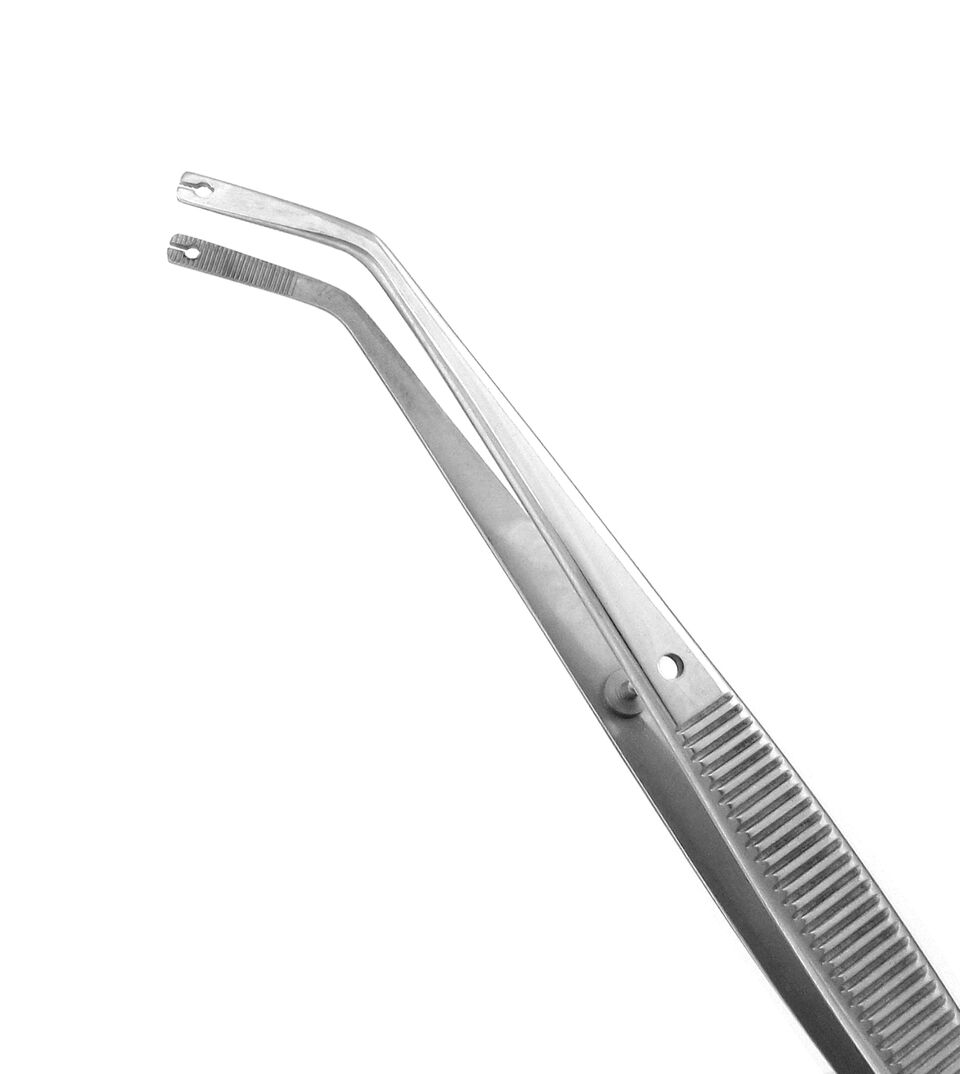 Suture Forceps
Suture Forceps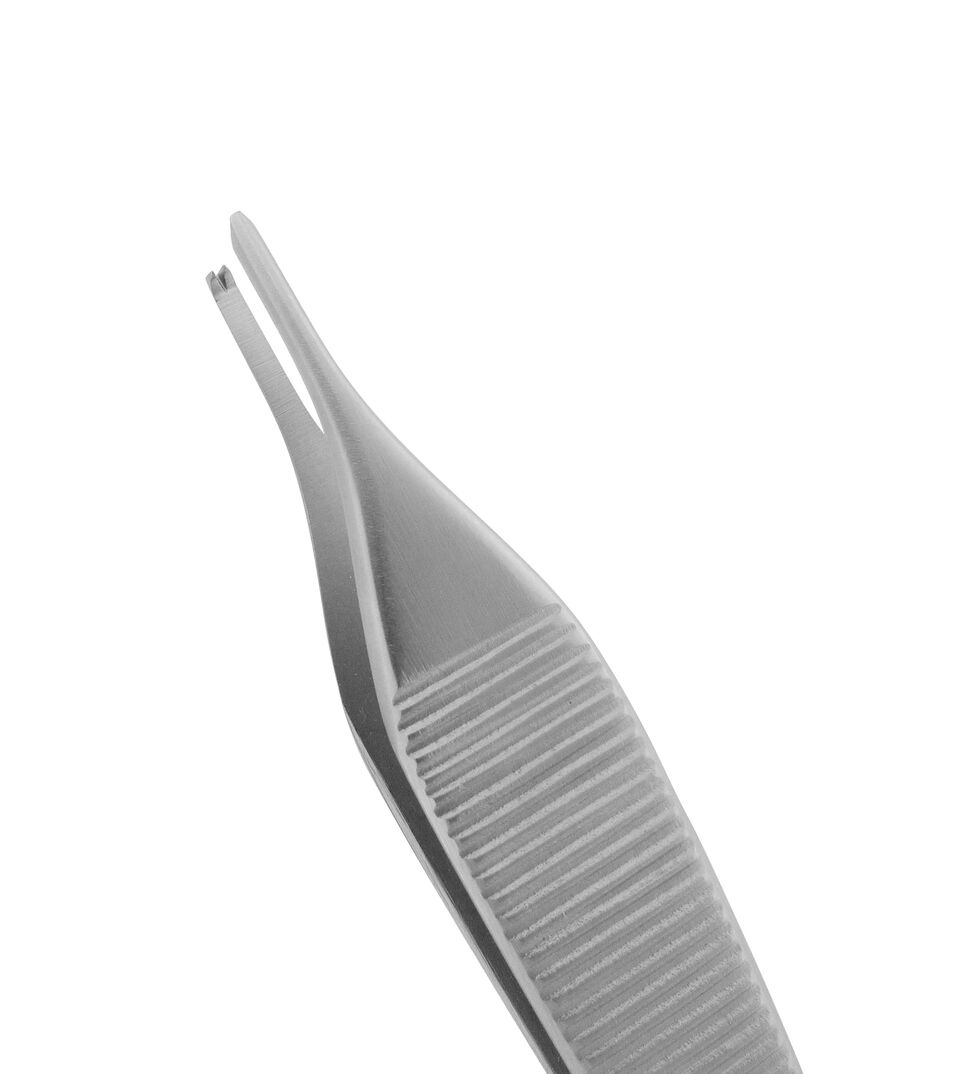 Tissue & Dressing Forceps
Tissue & Dressing Forceps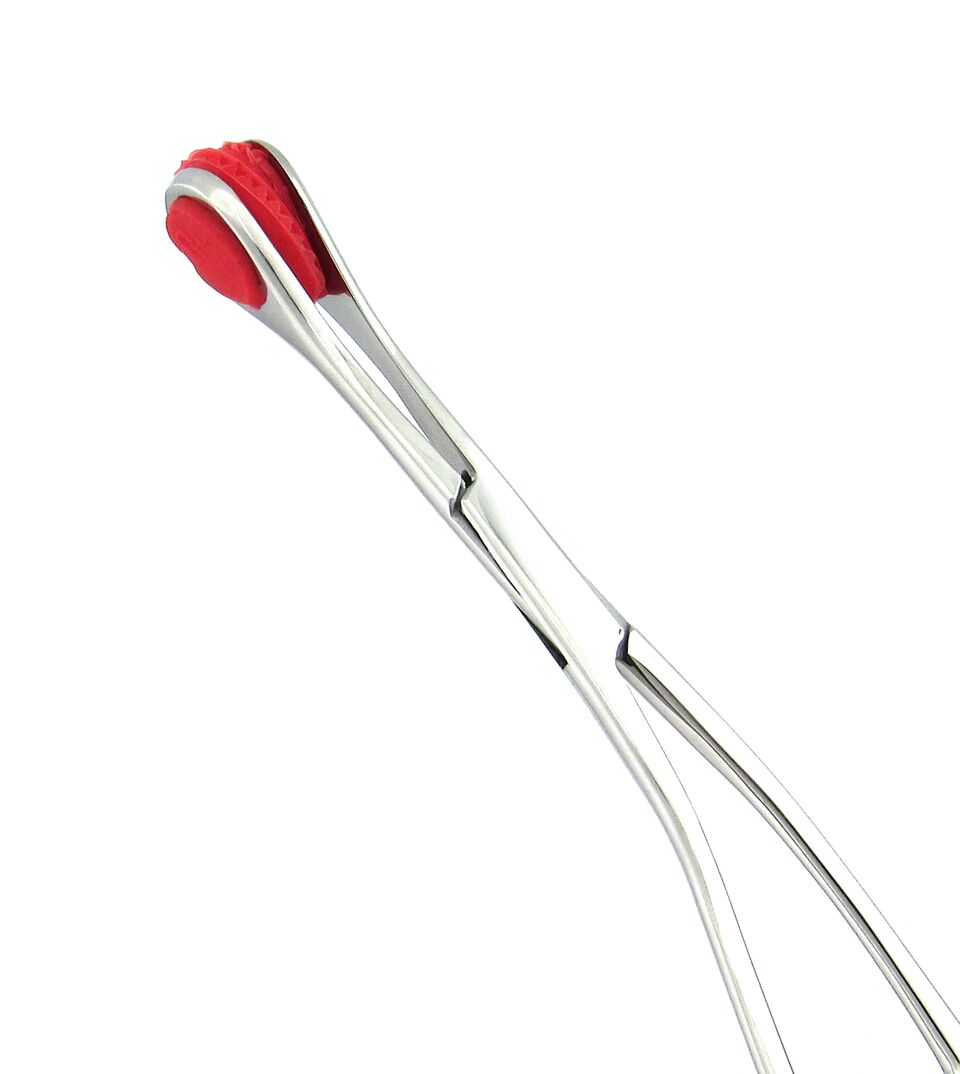 Utility Forceps
Utility Forceps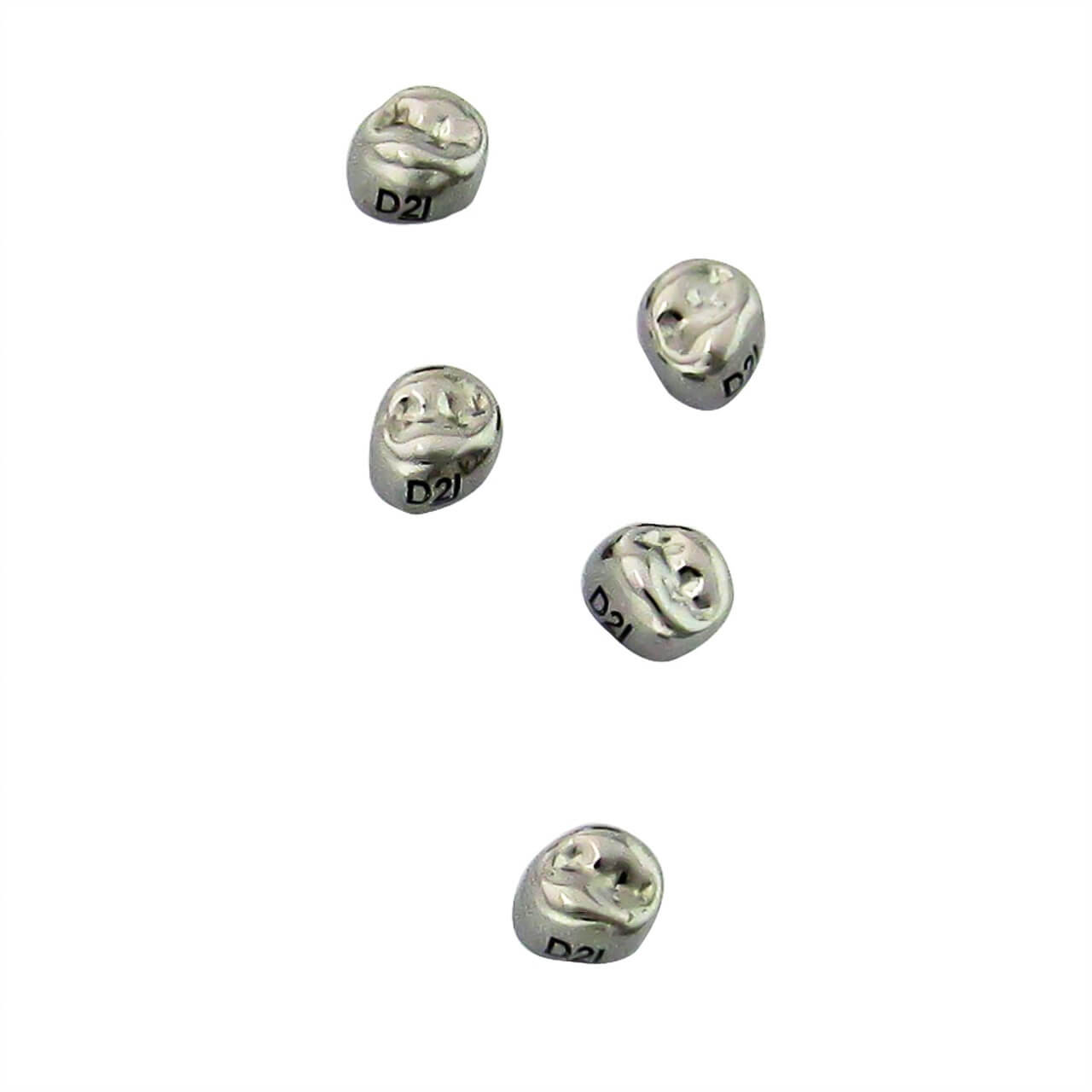 Stainless Steel Crowns
Stainless Steel Crowns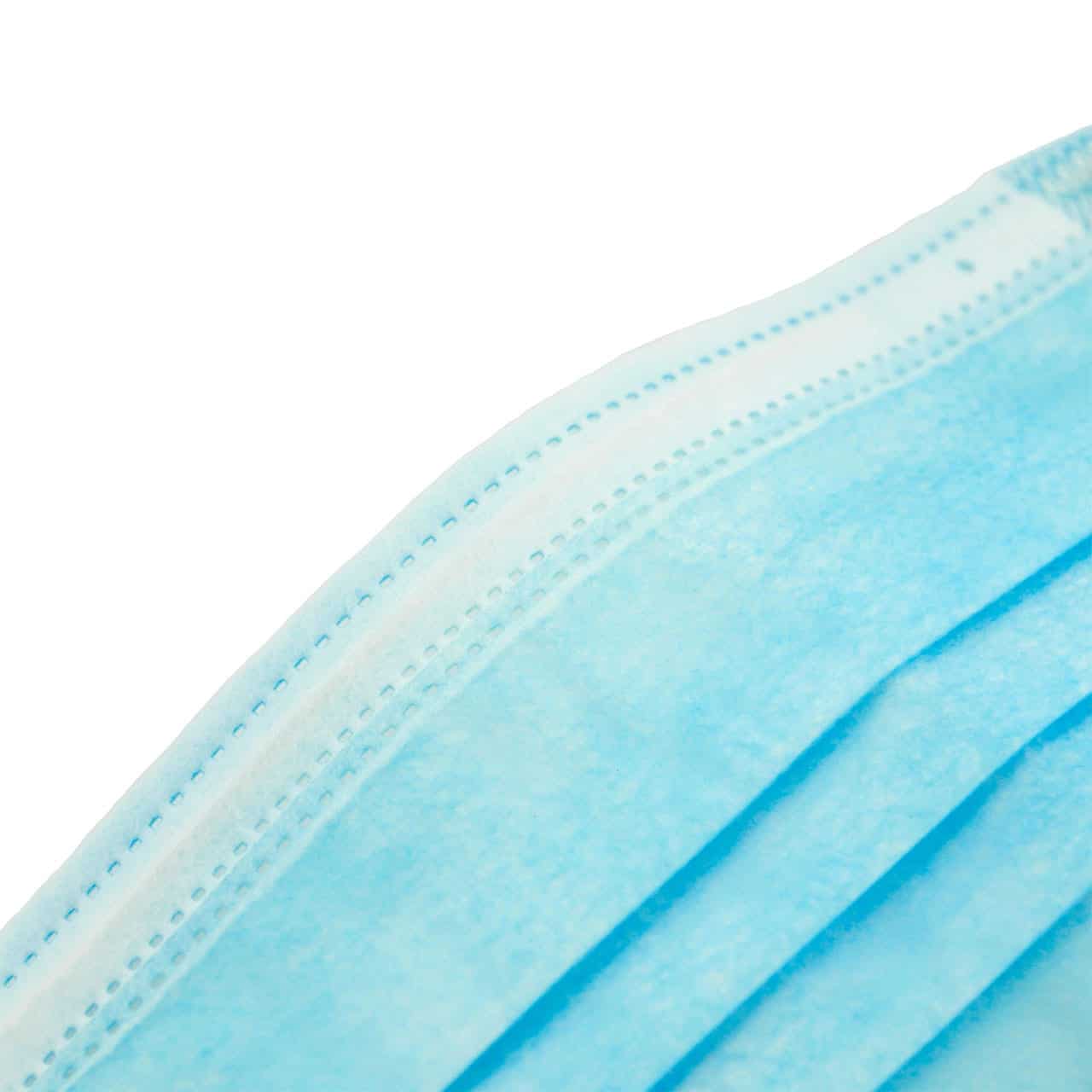 Personal Protective Equipment
Personal Protective Equipment